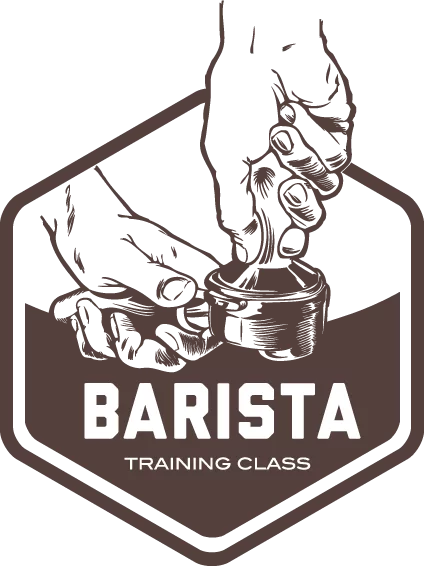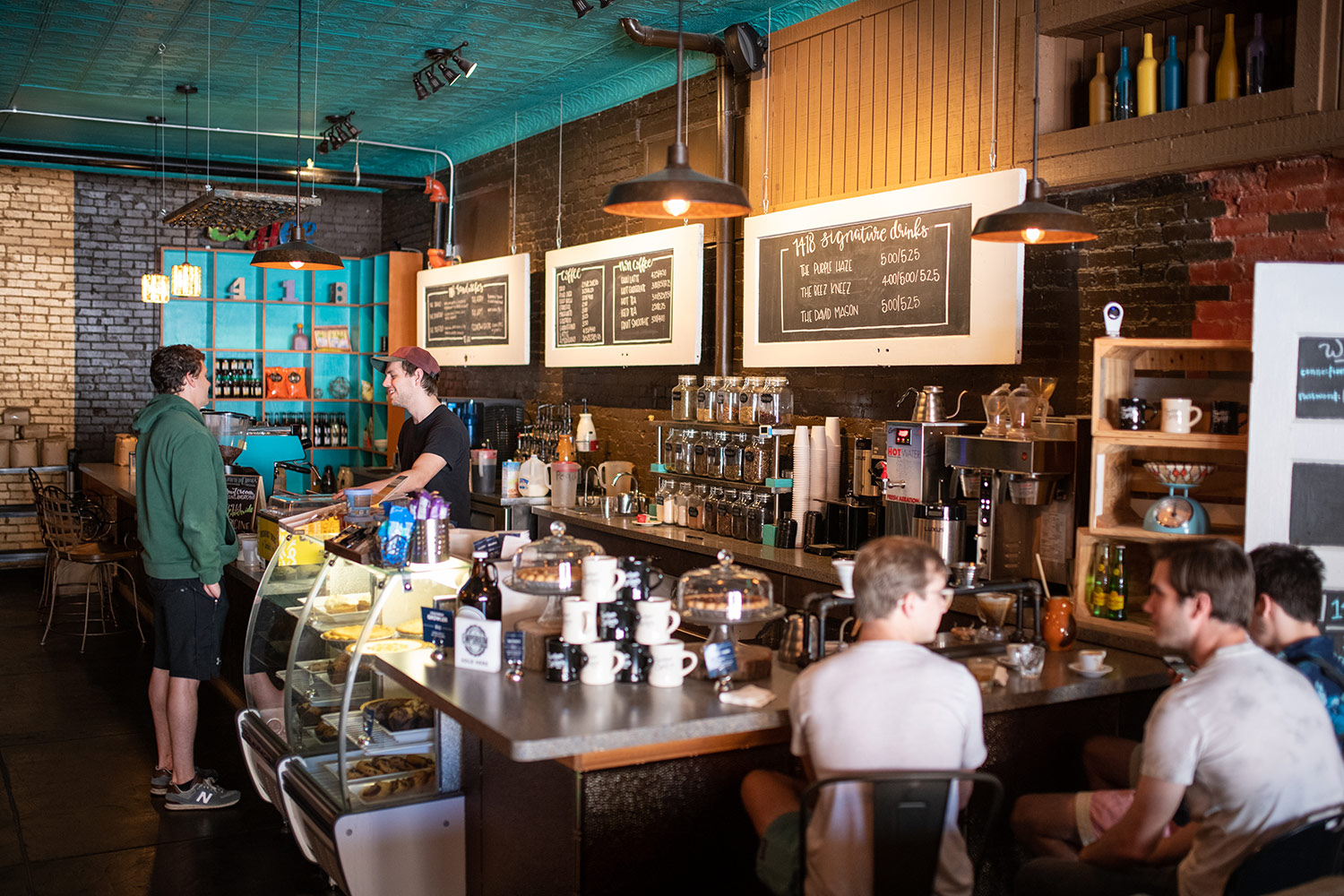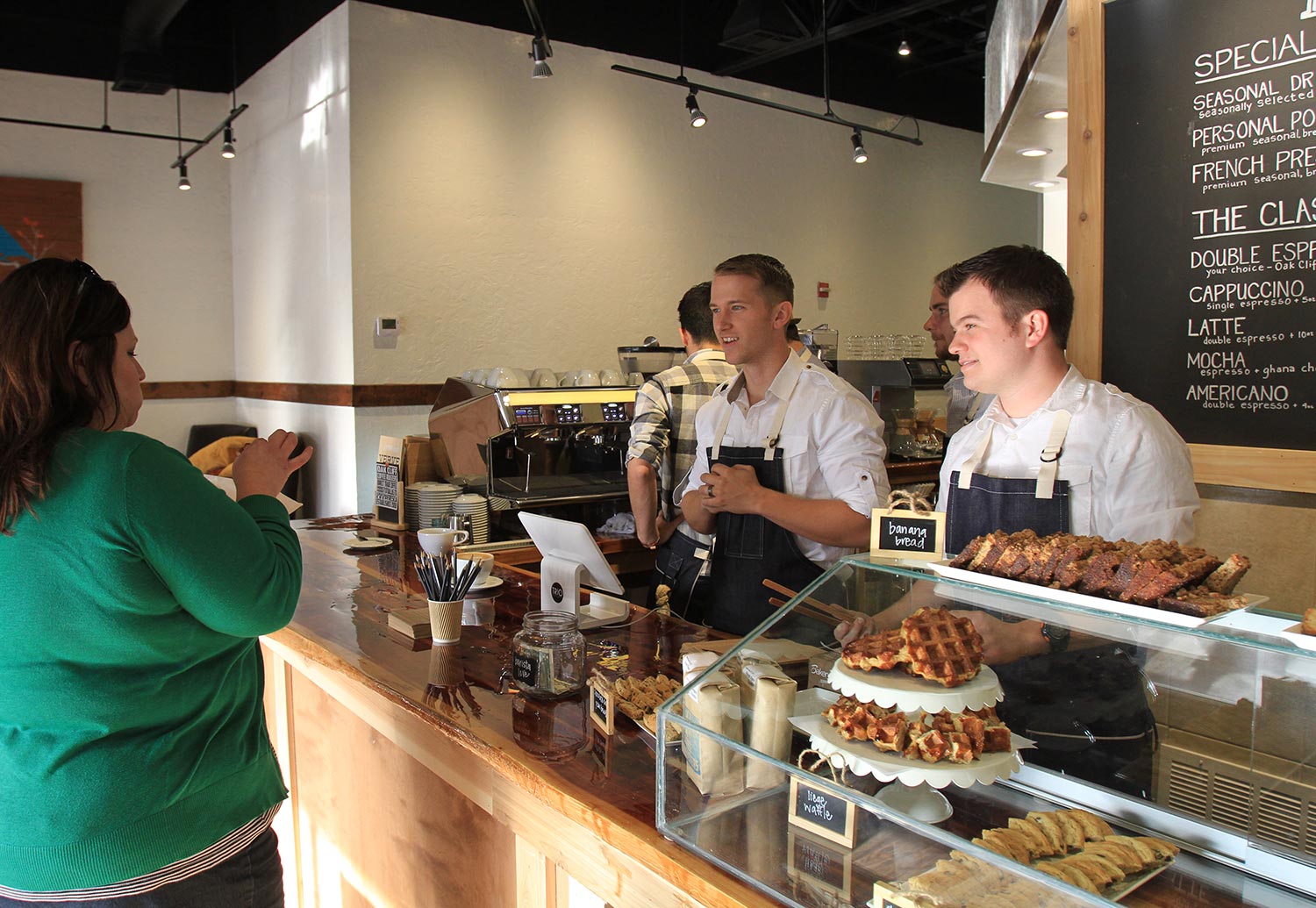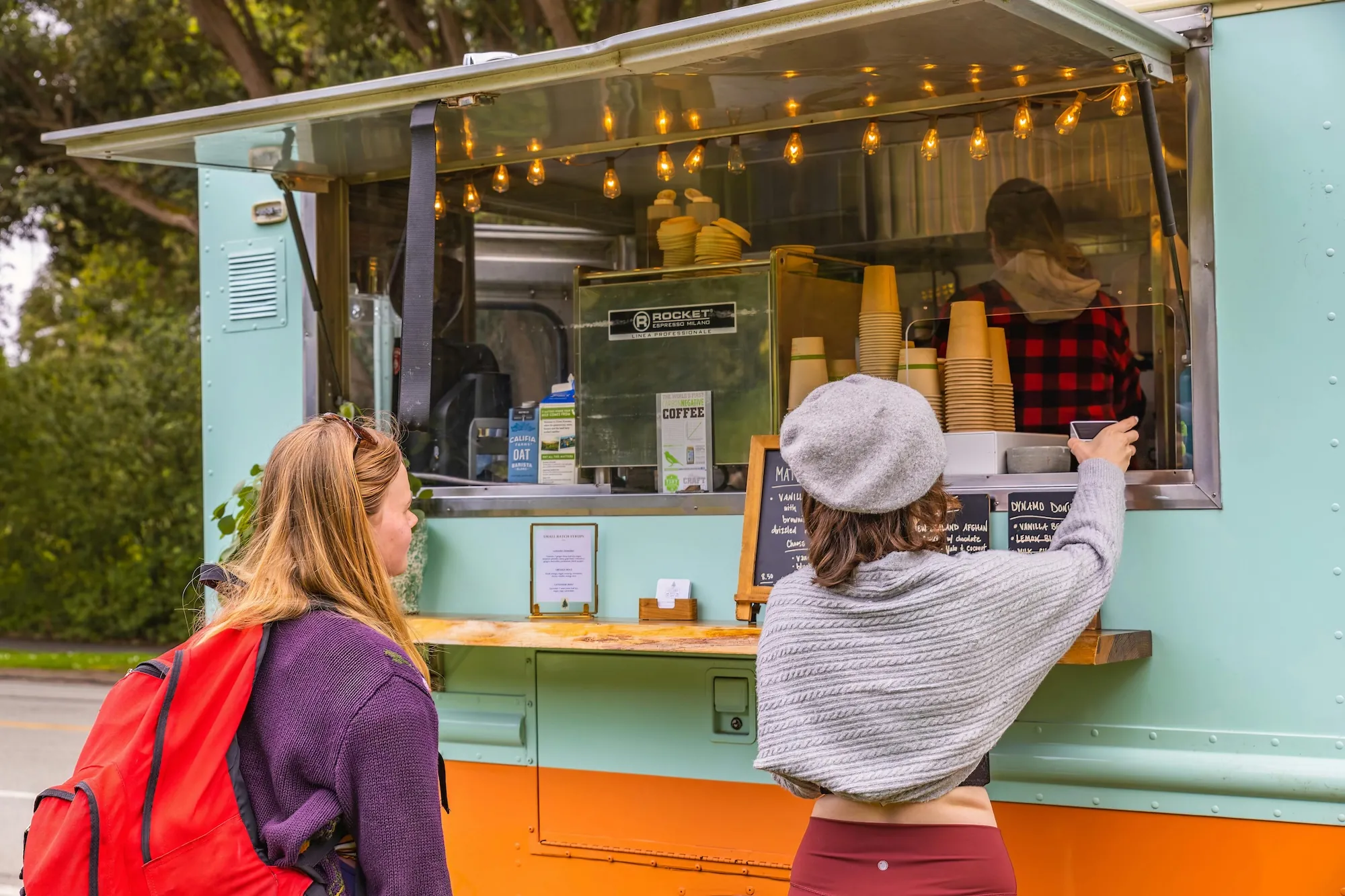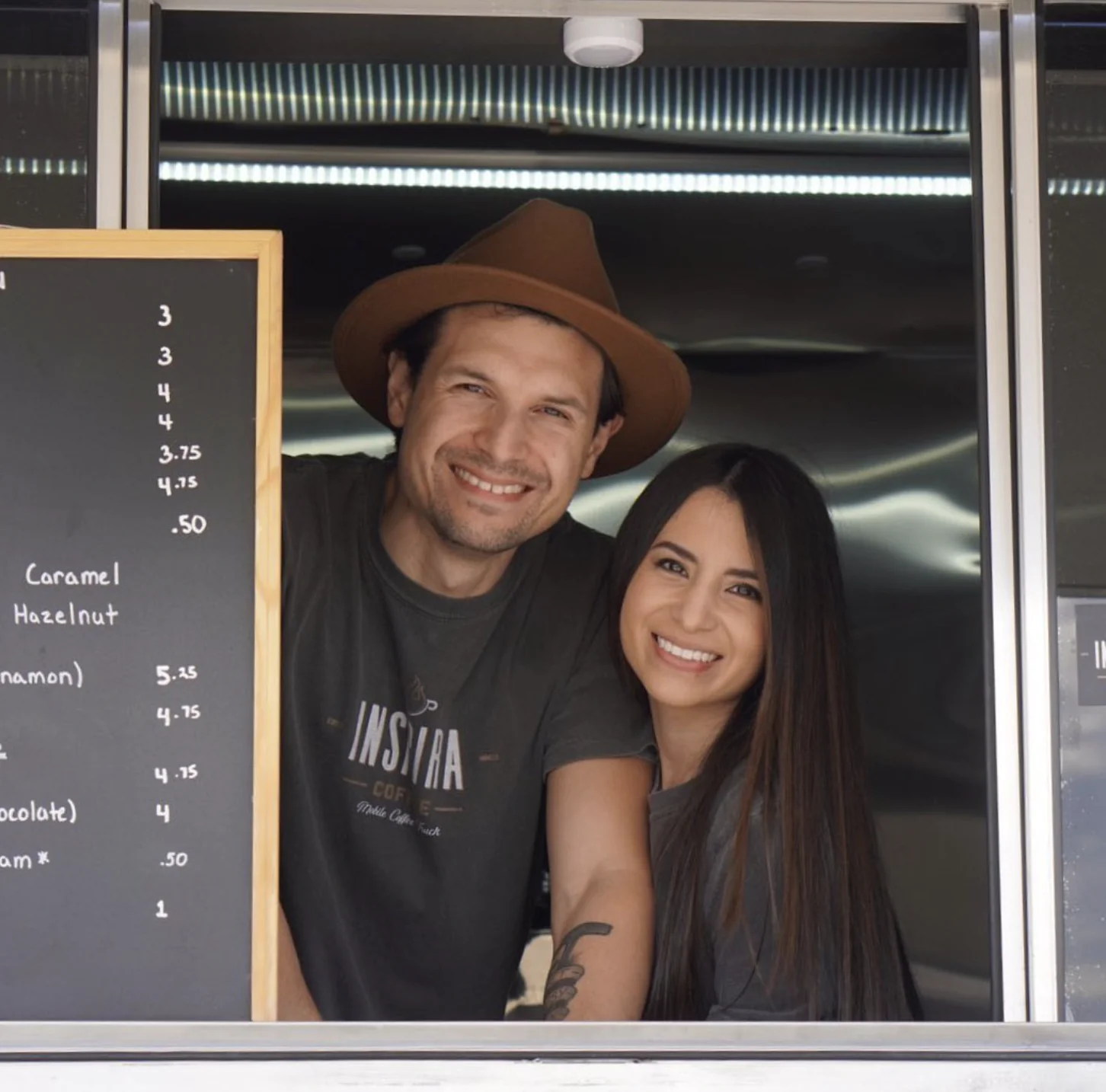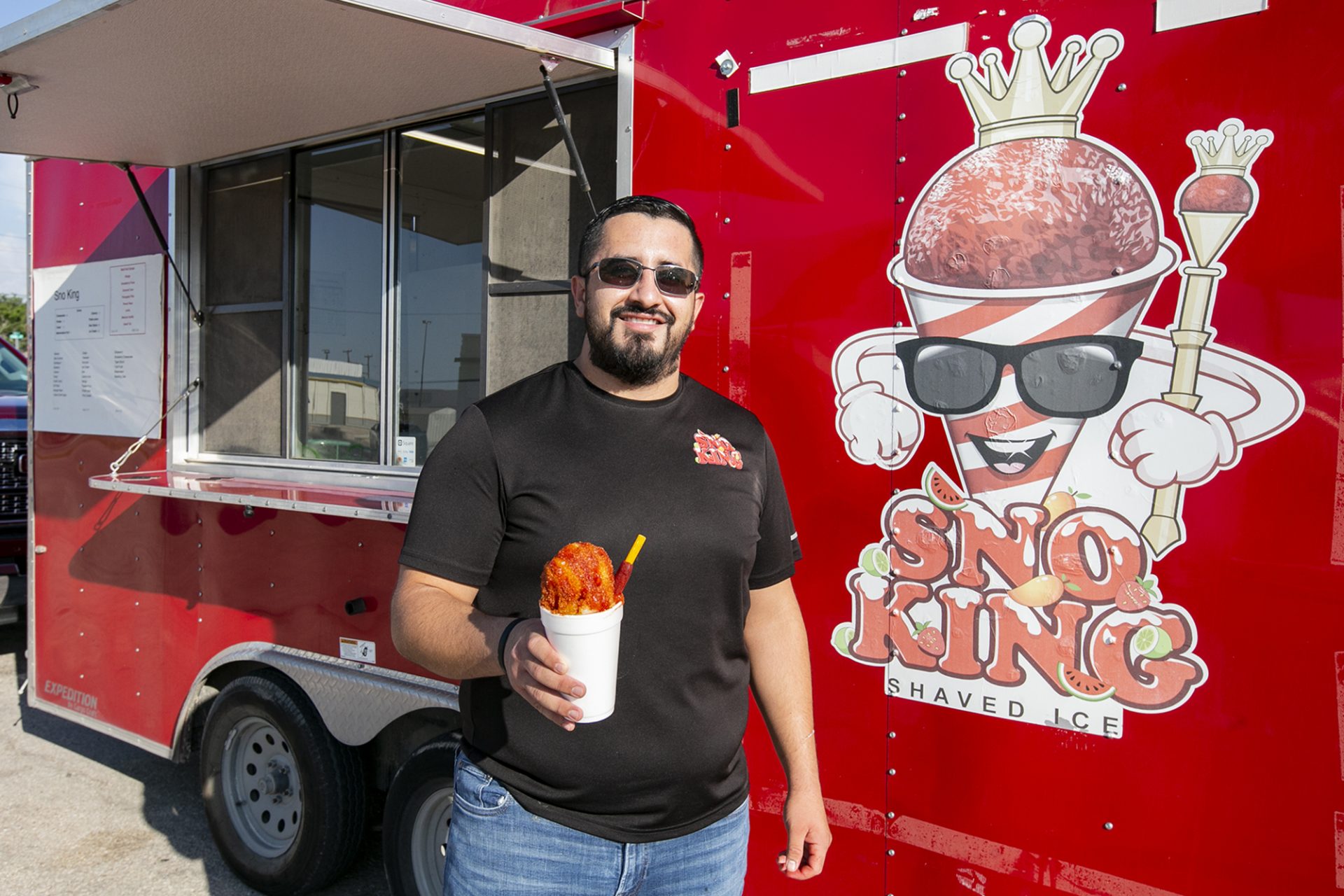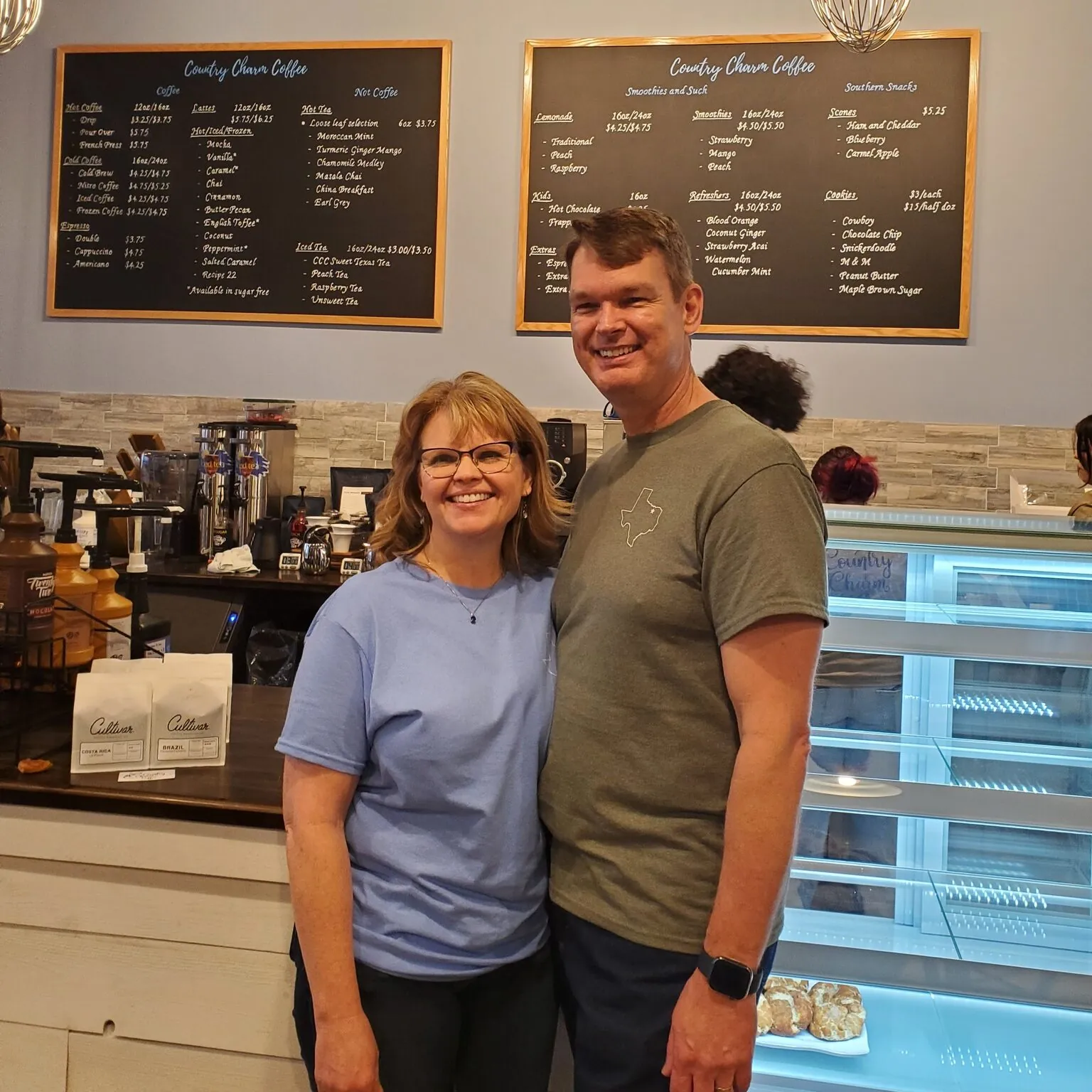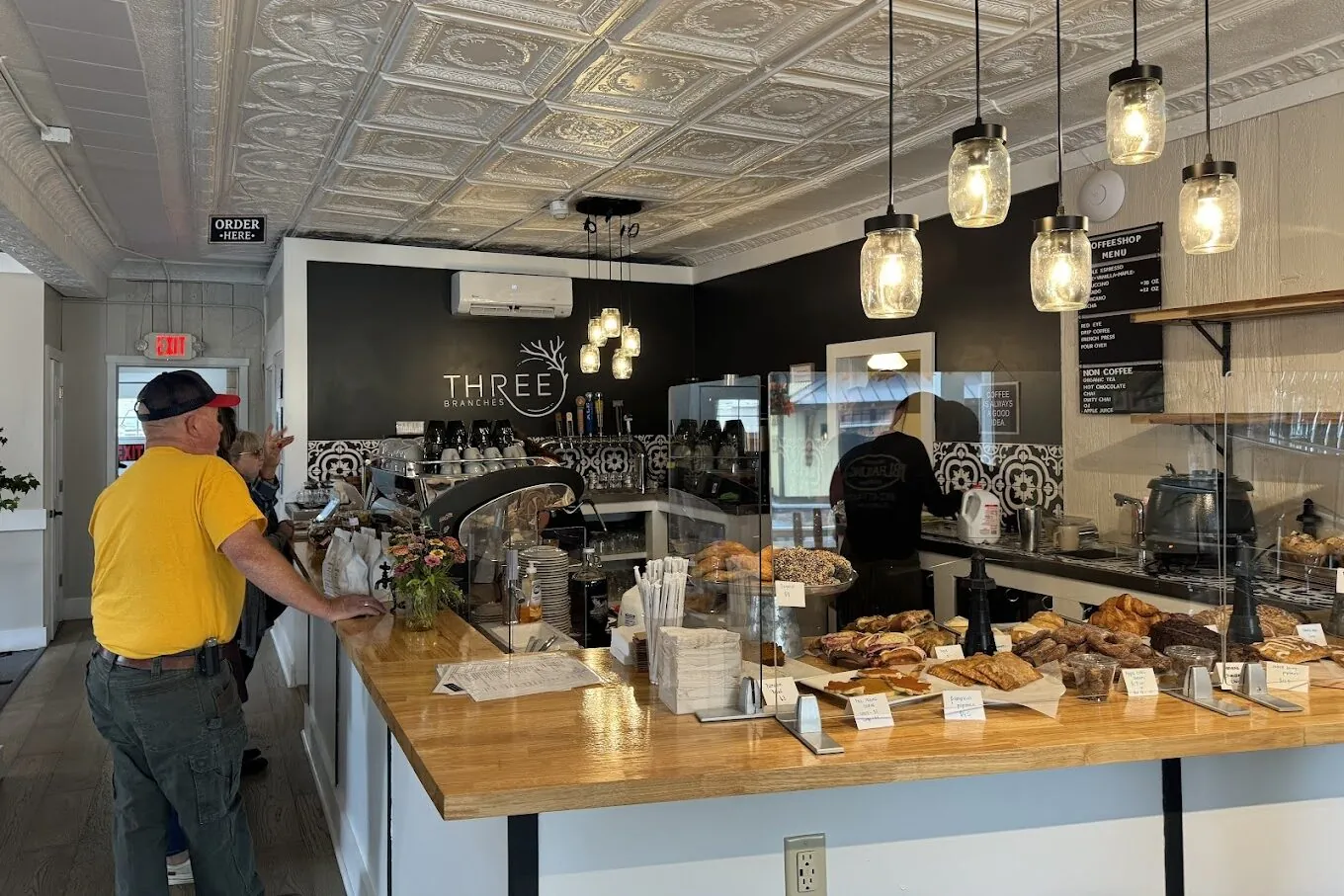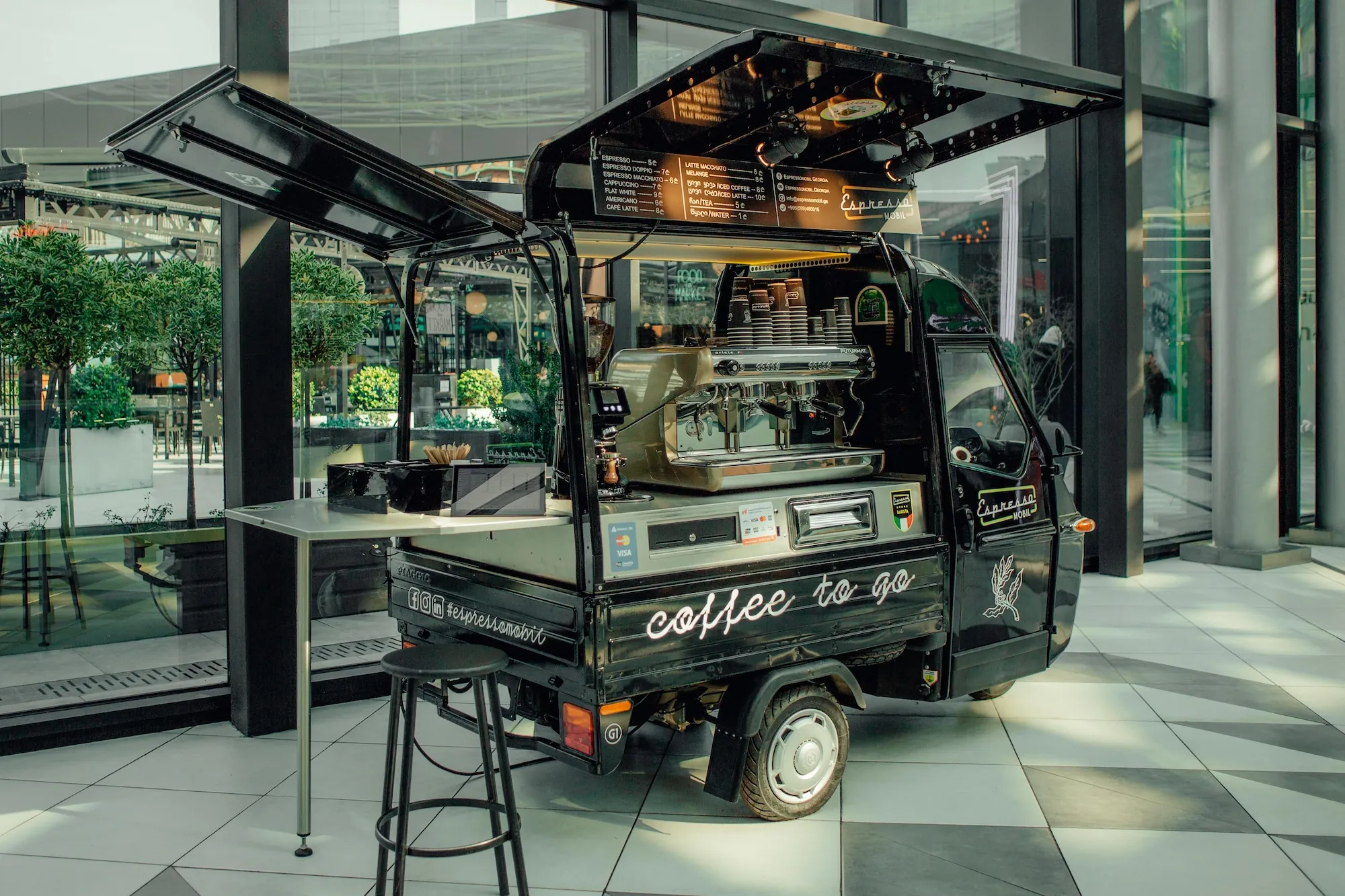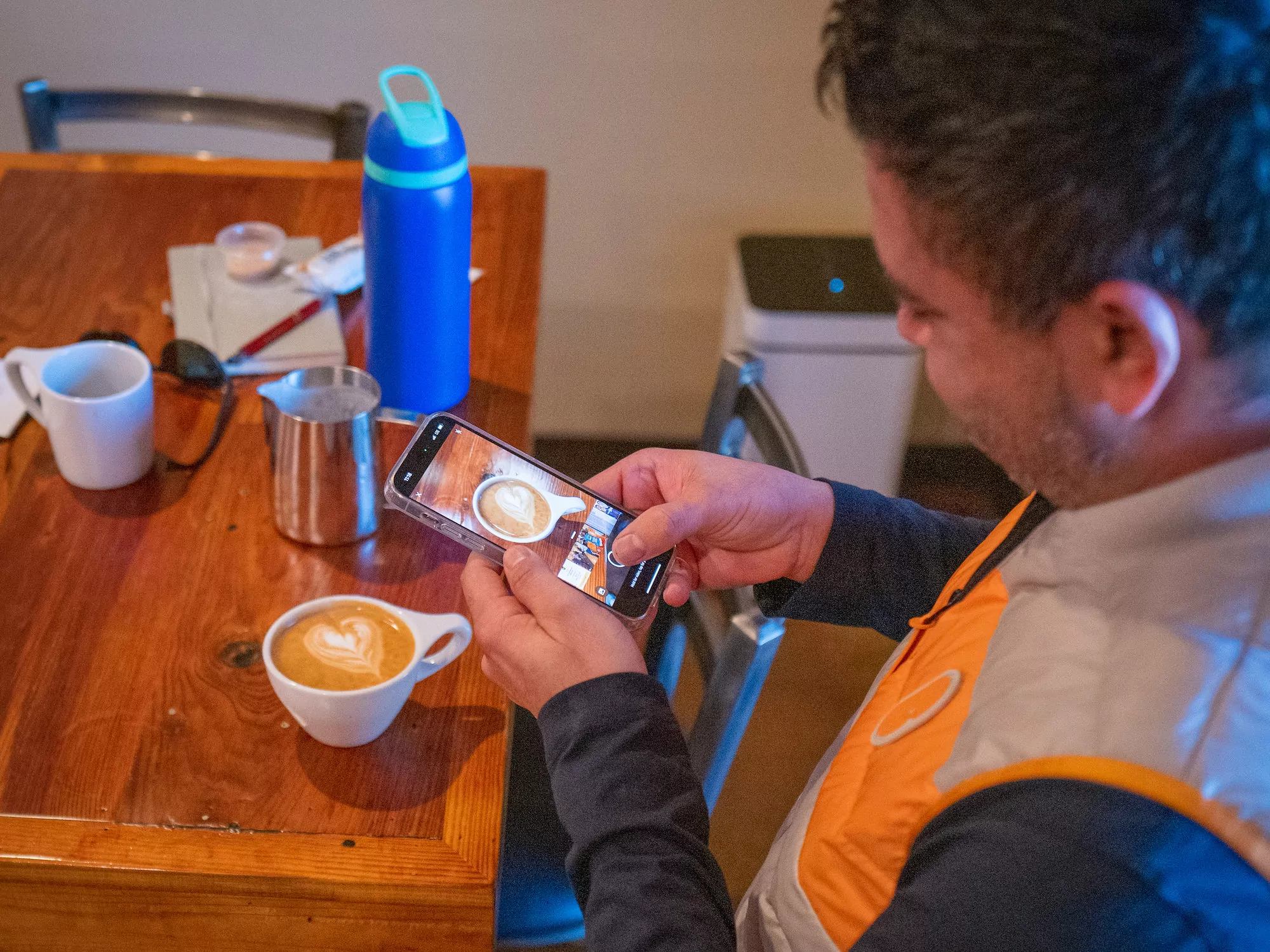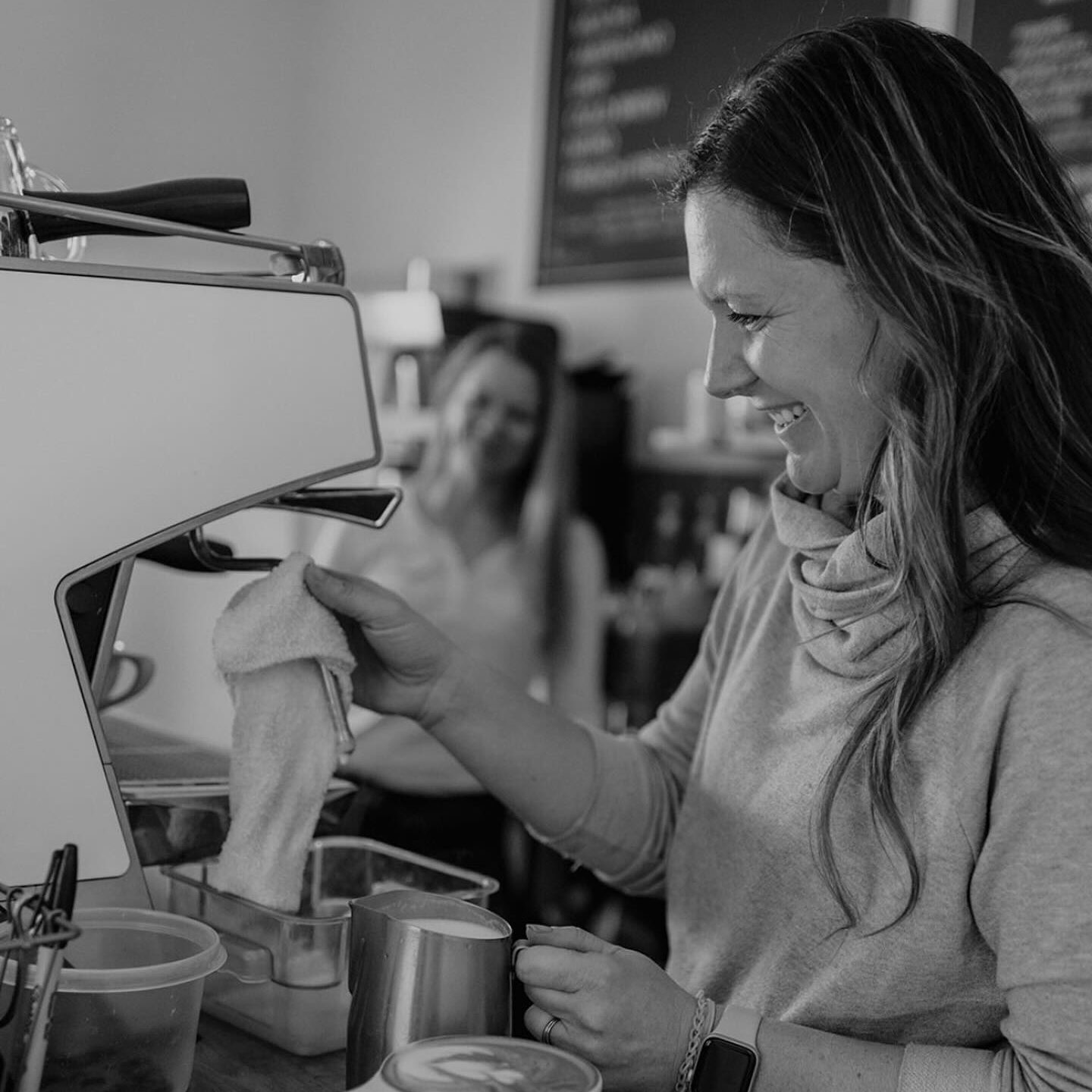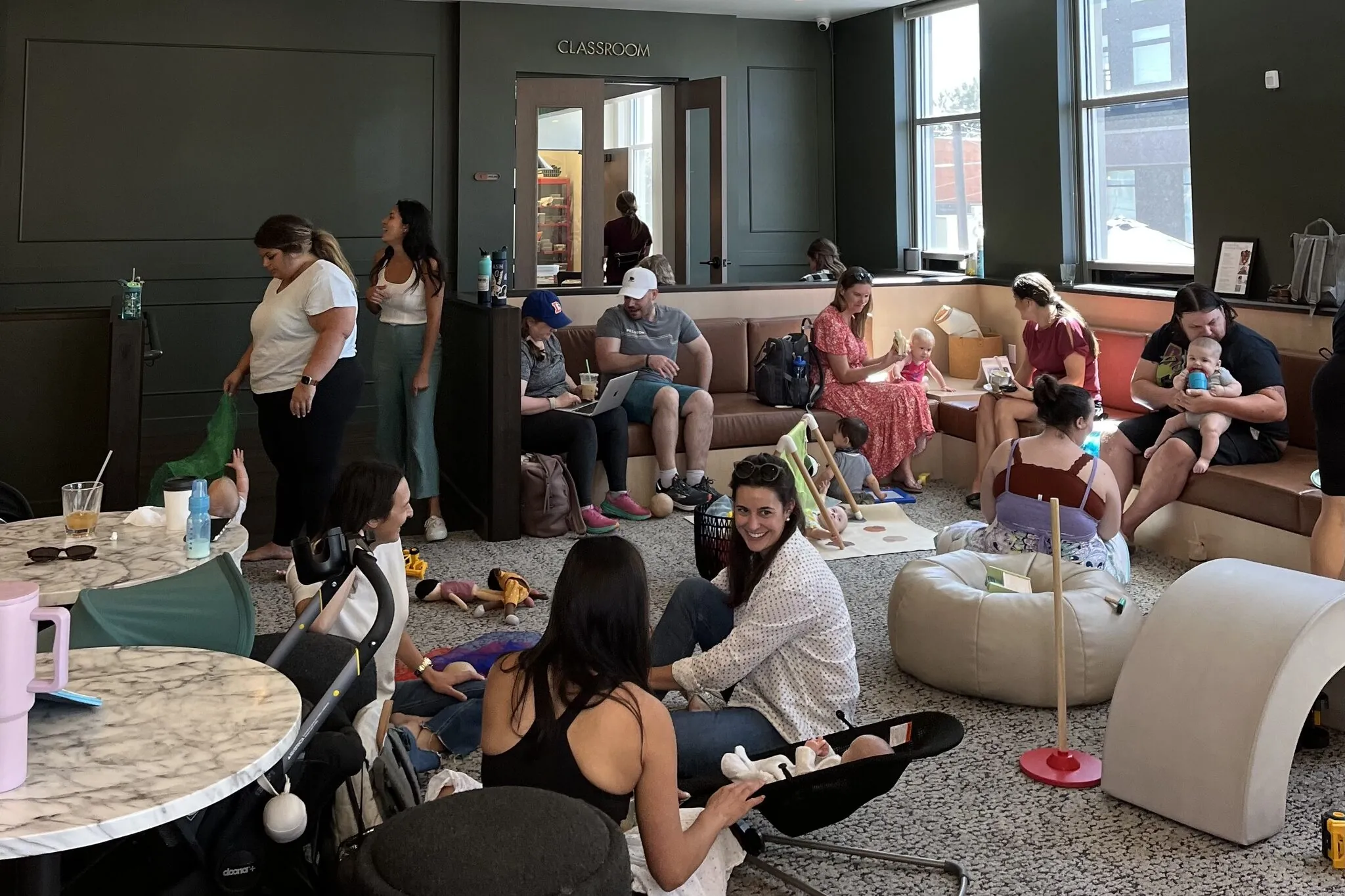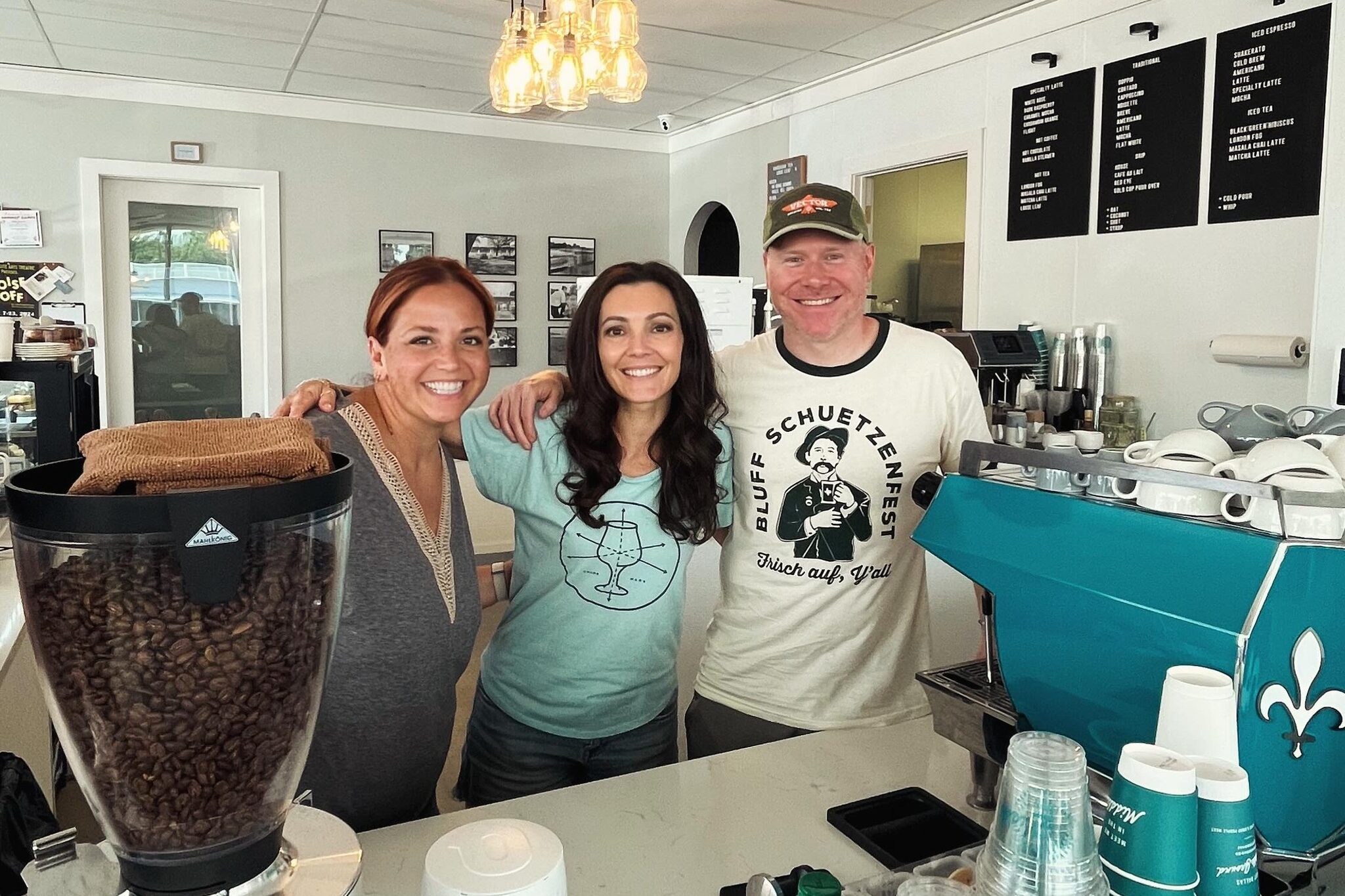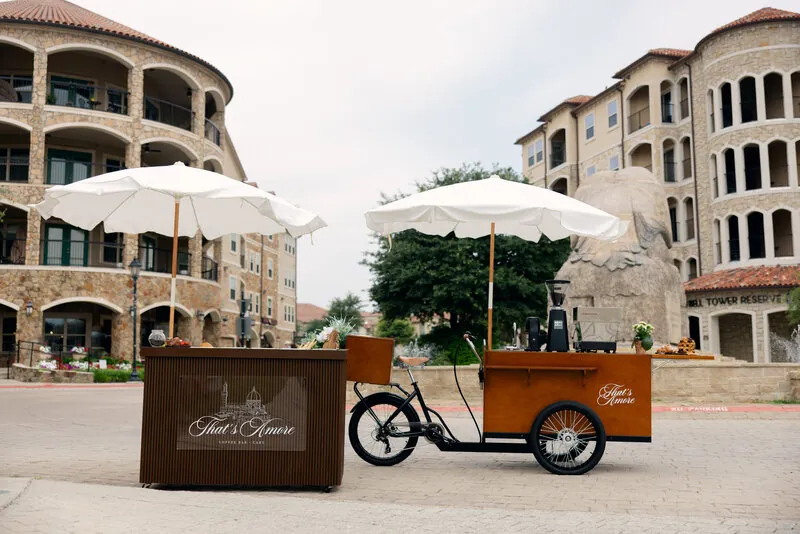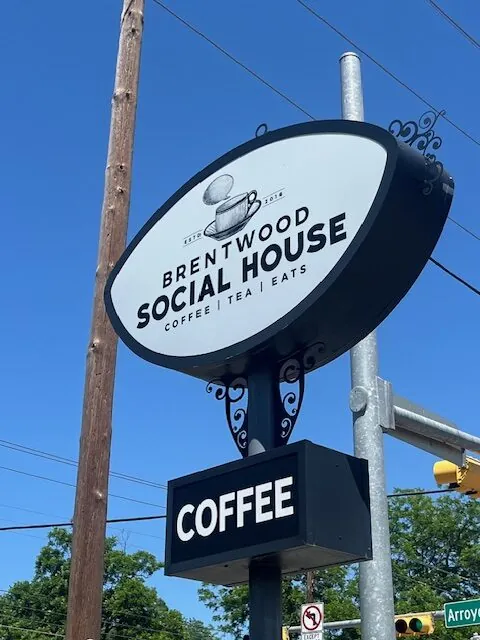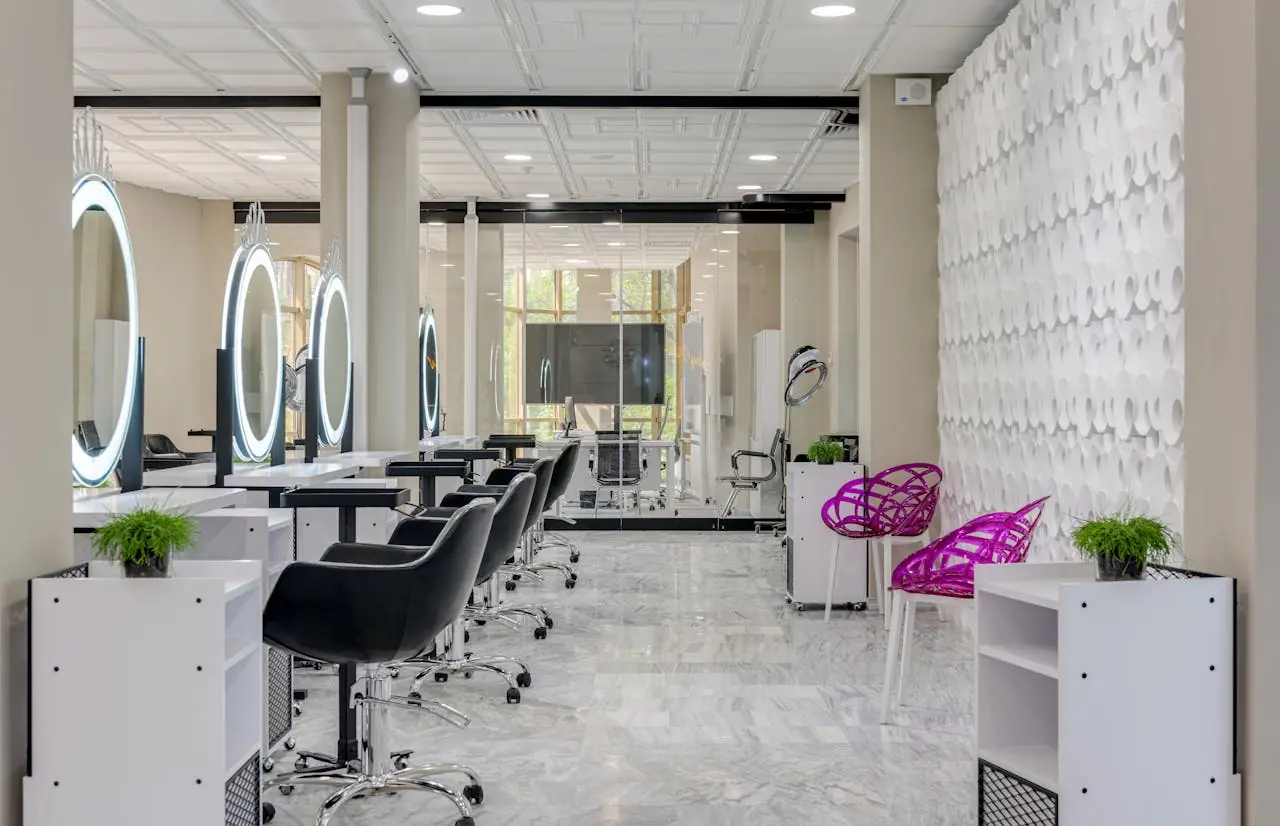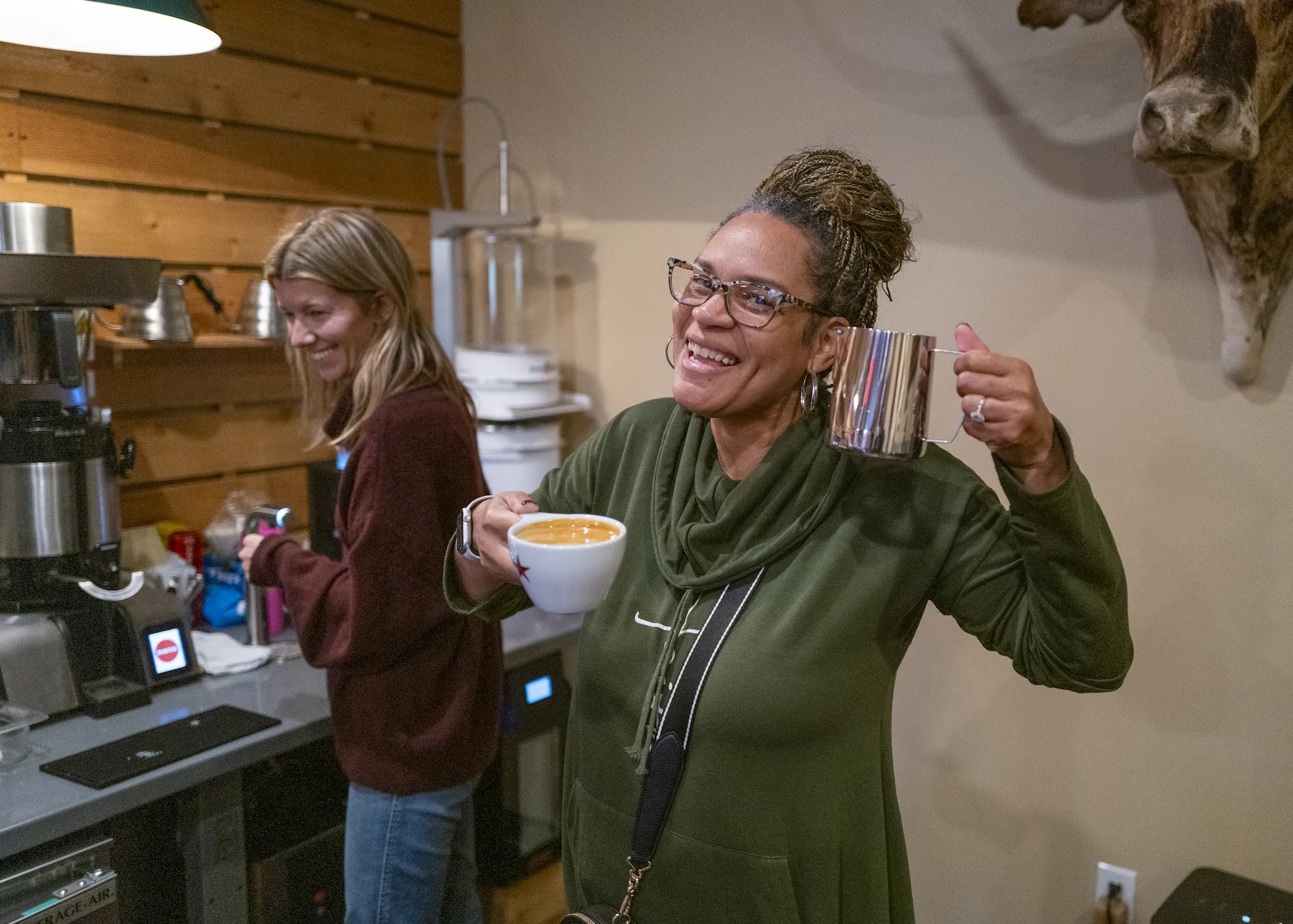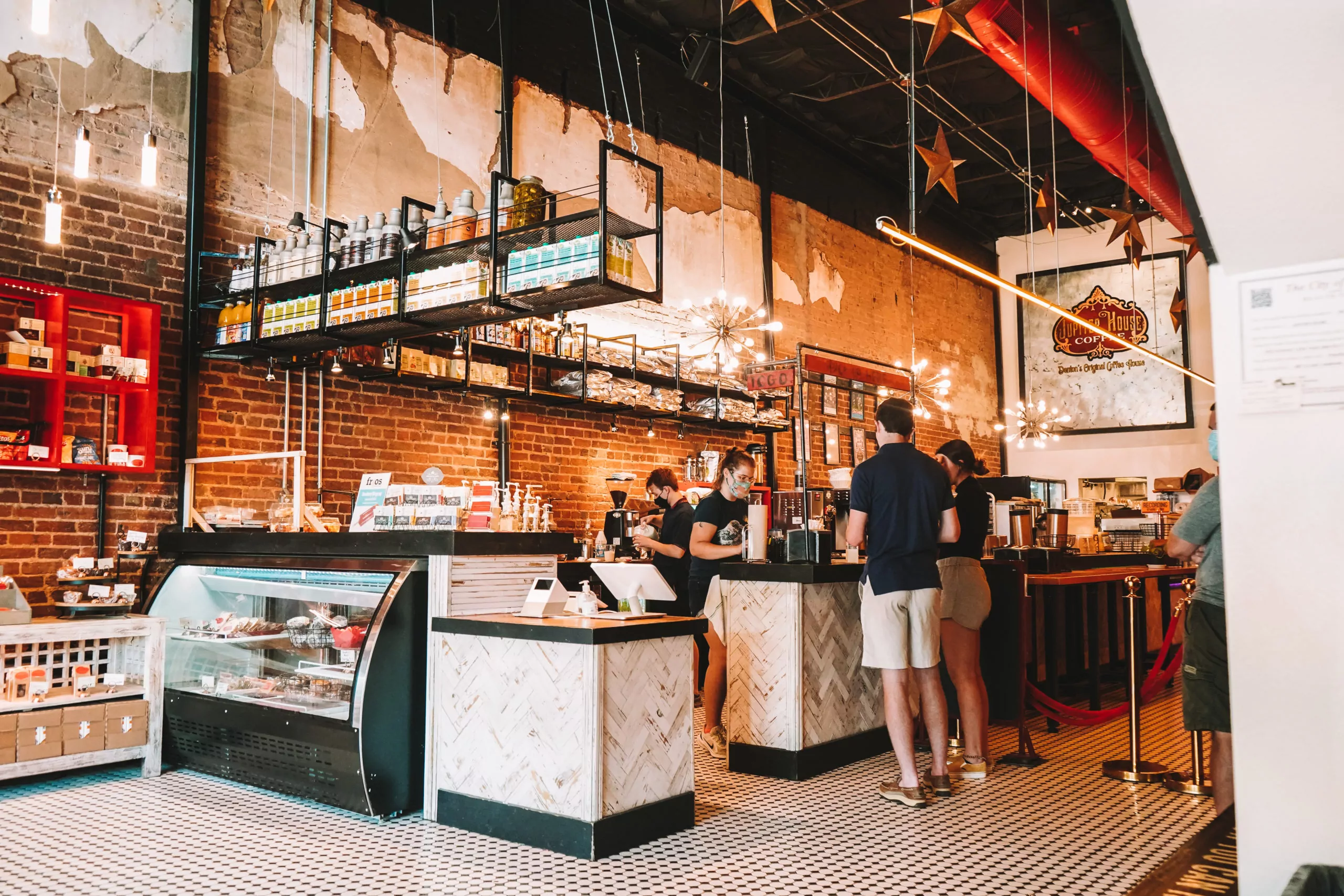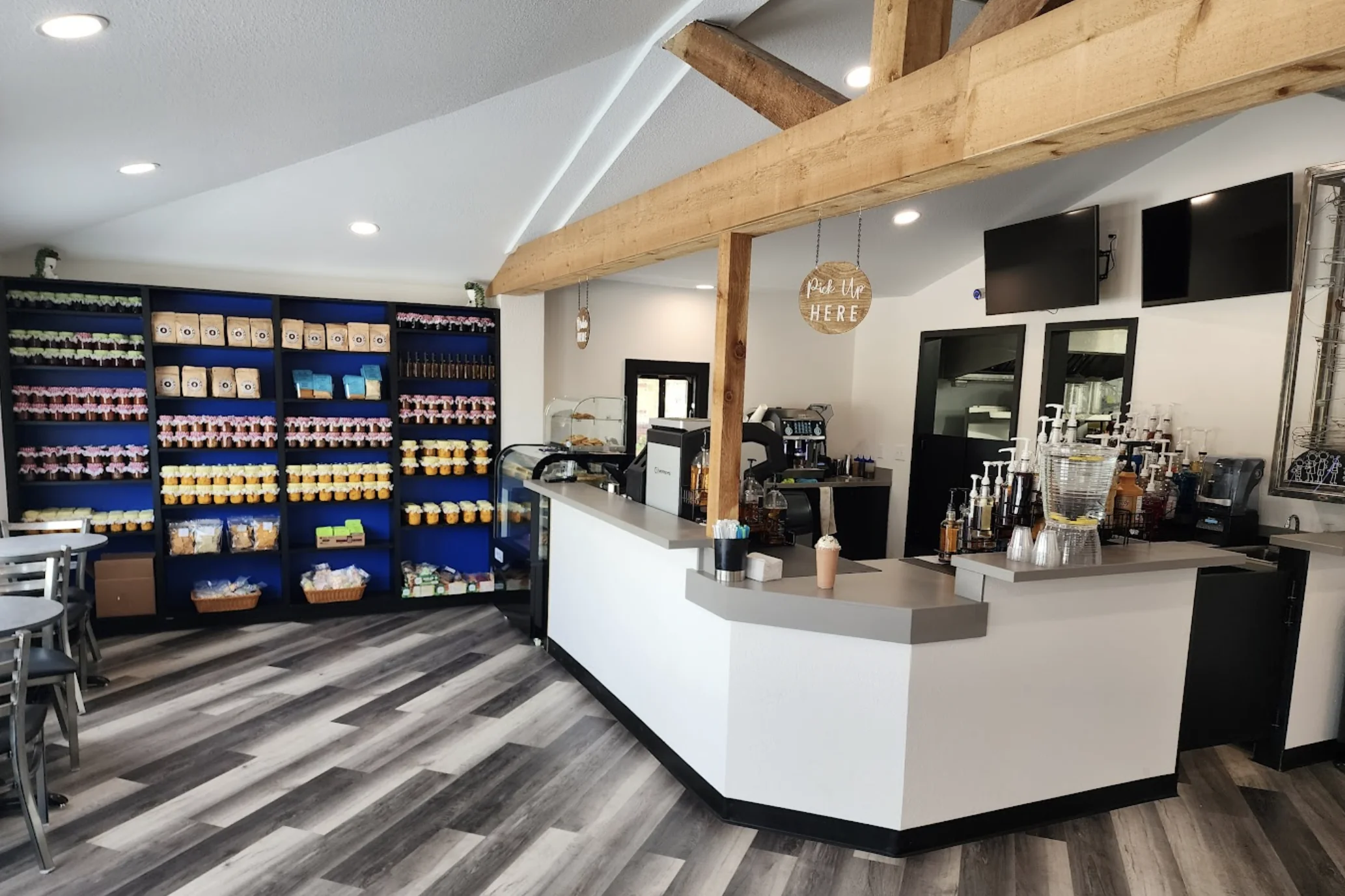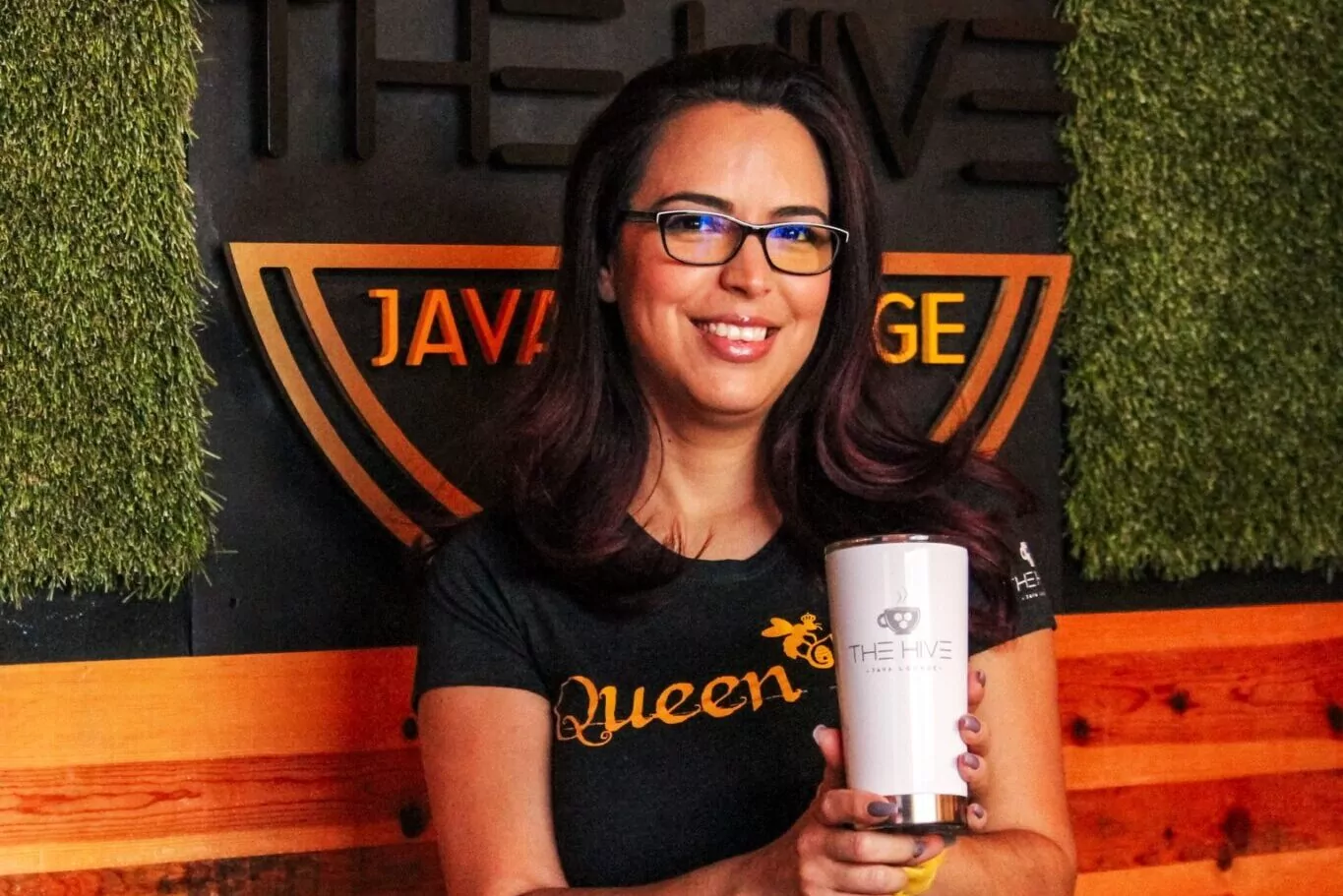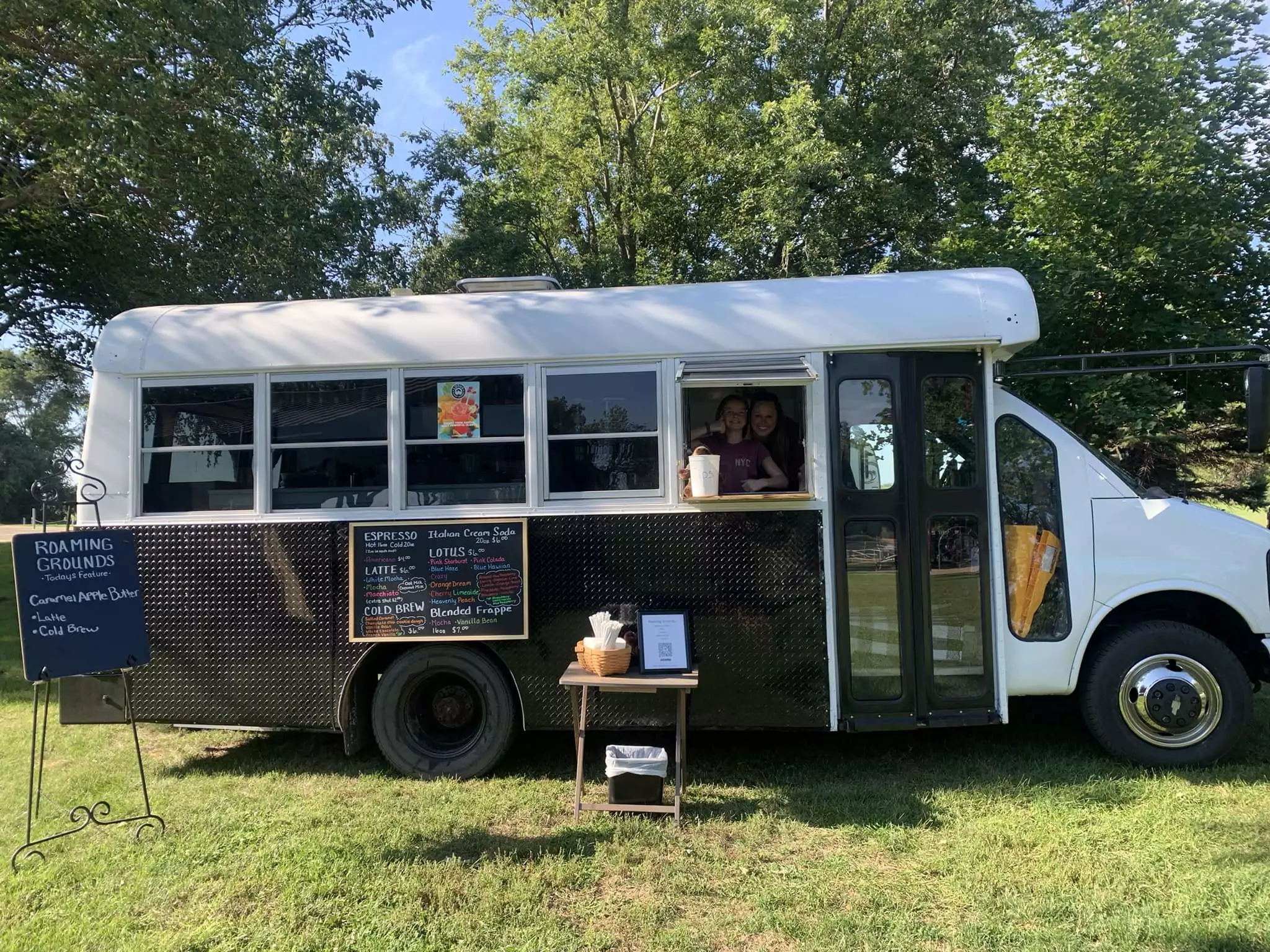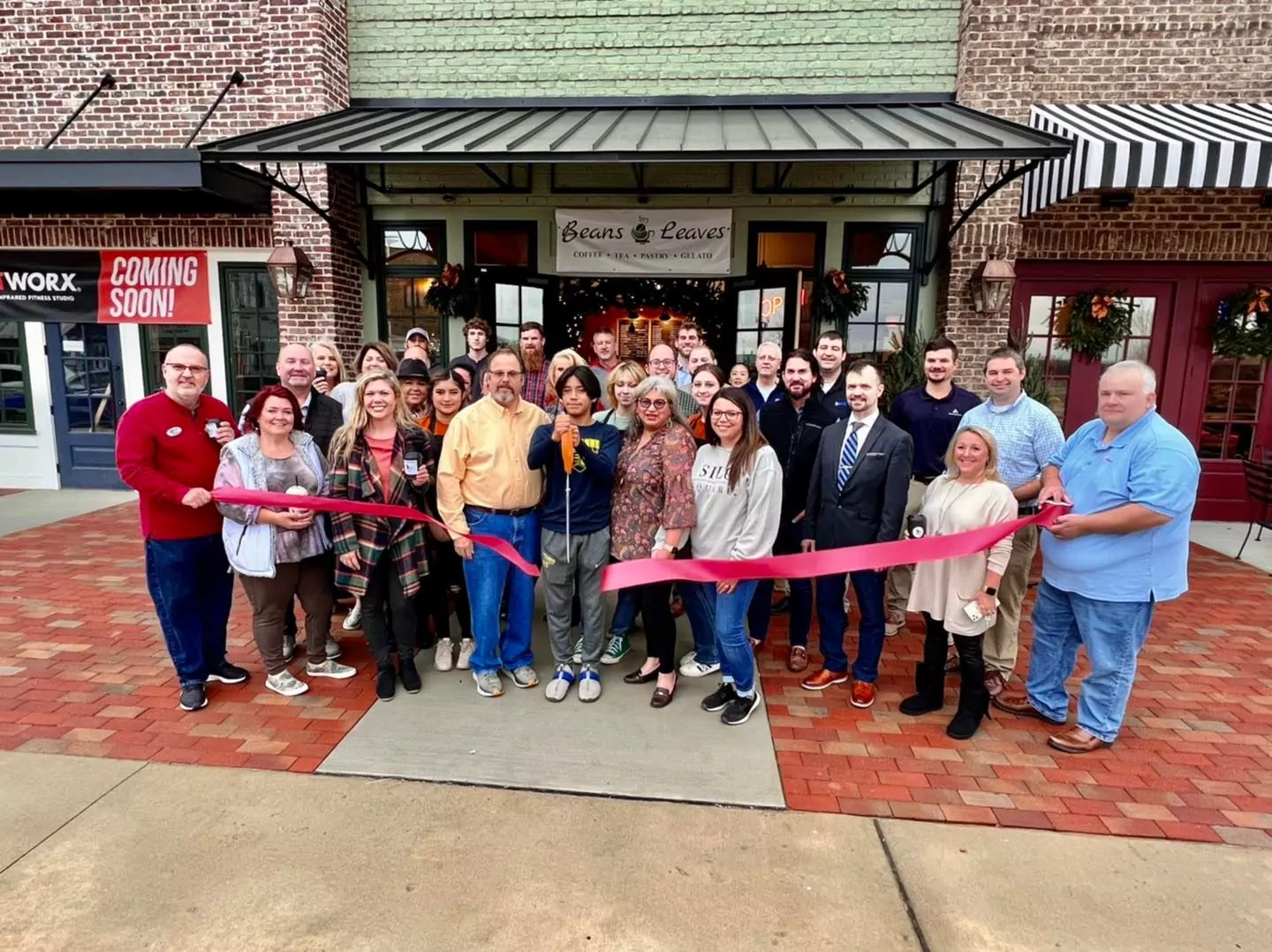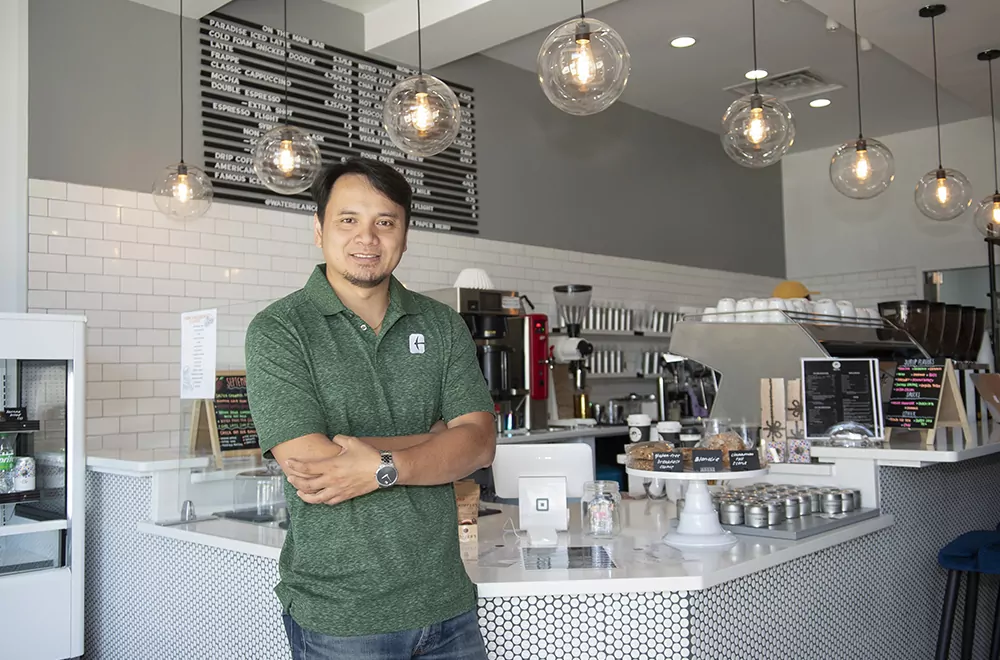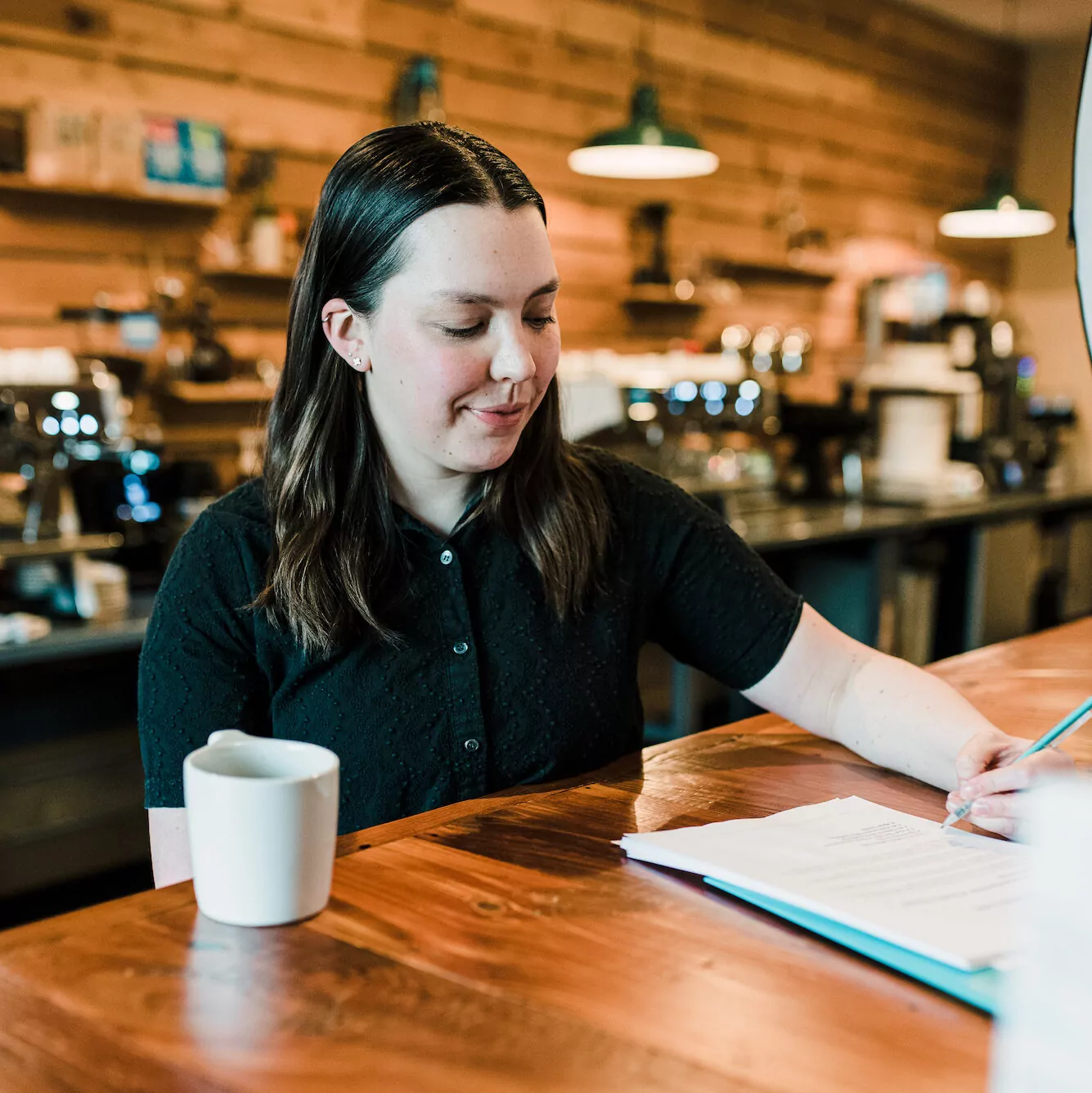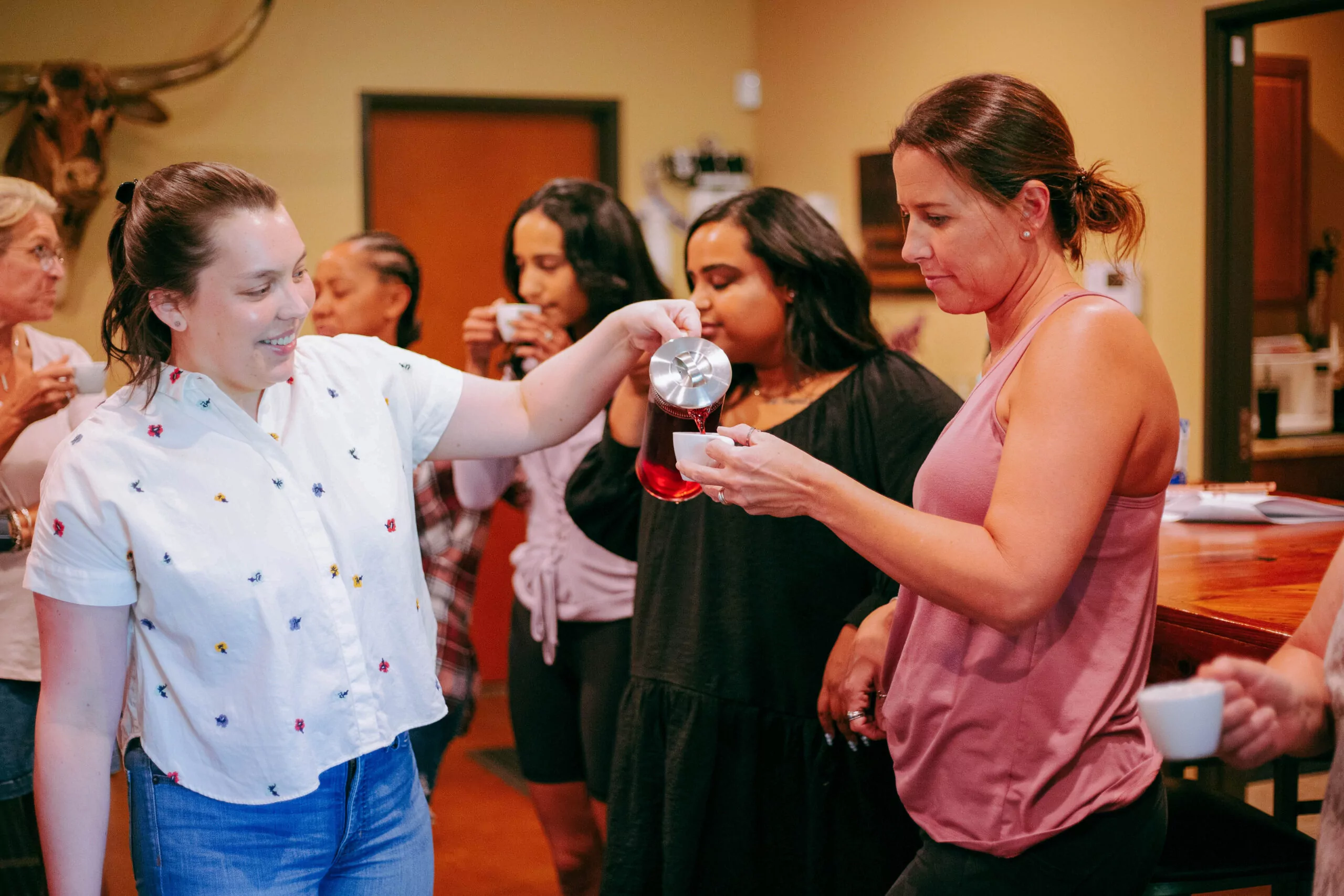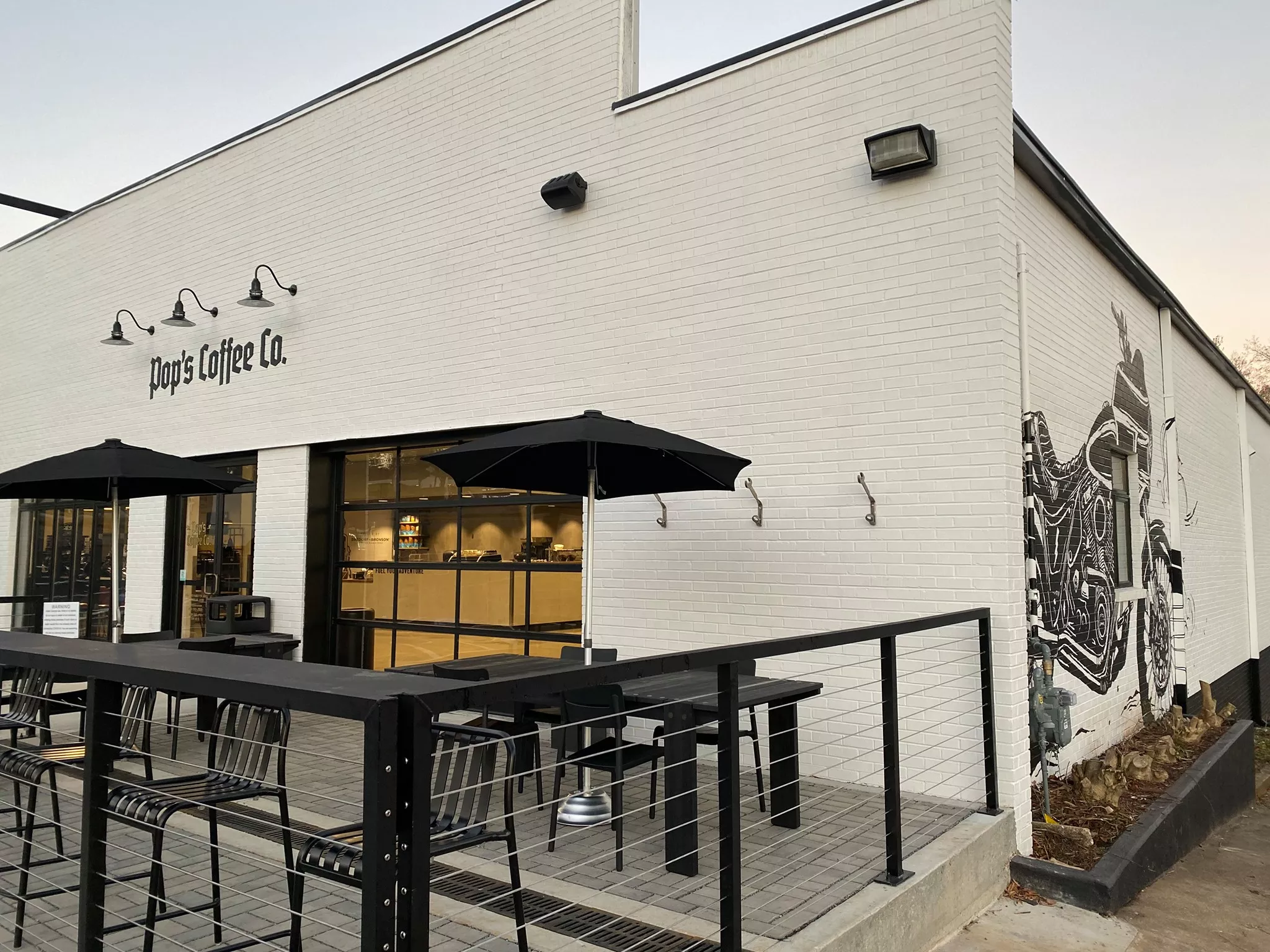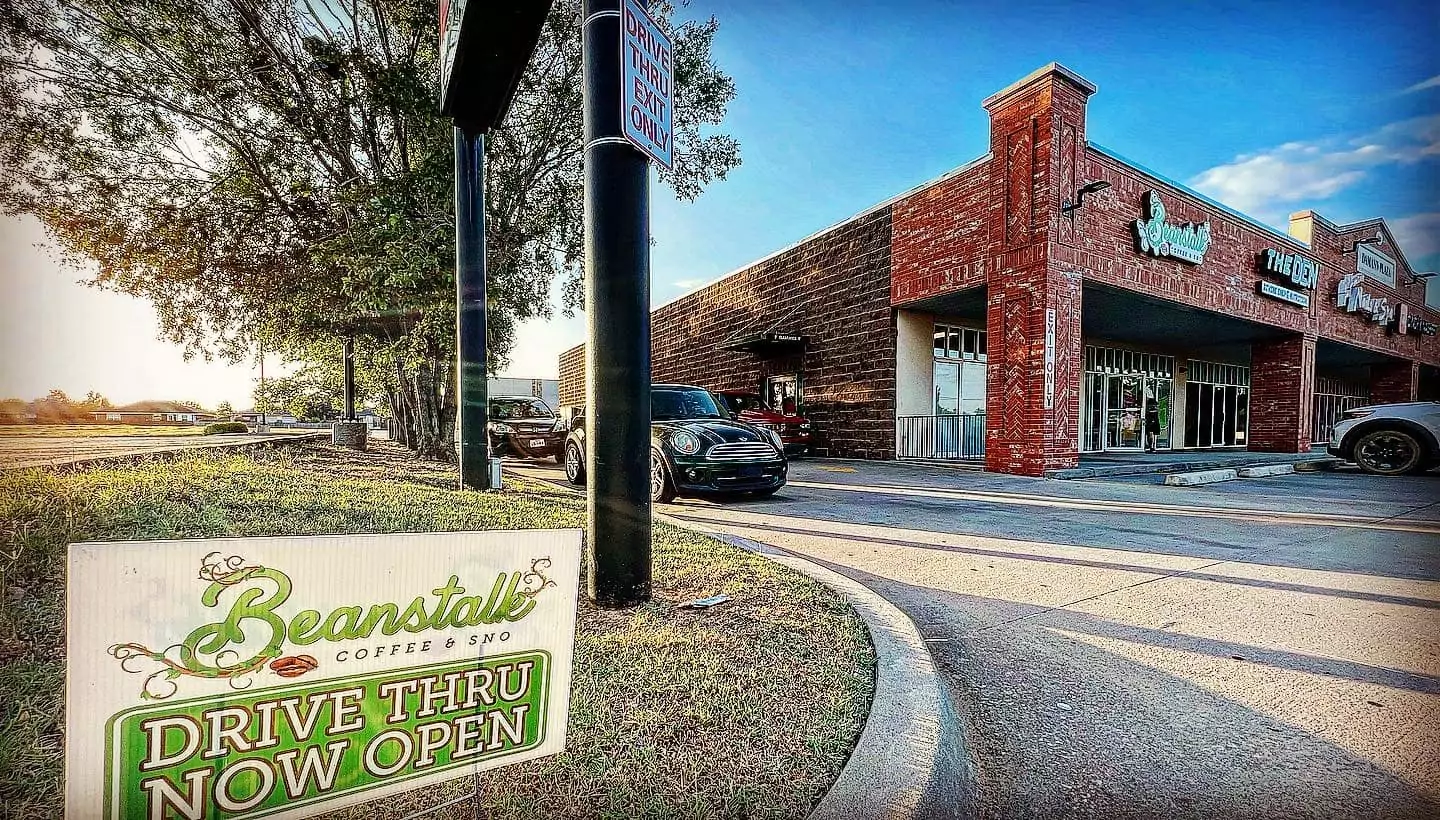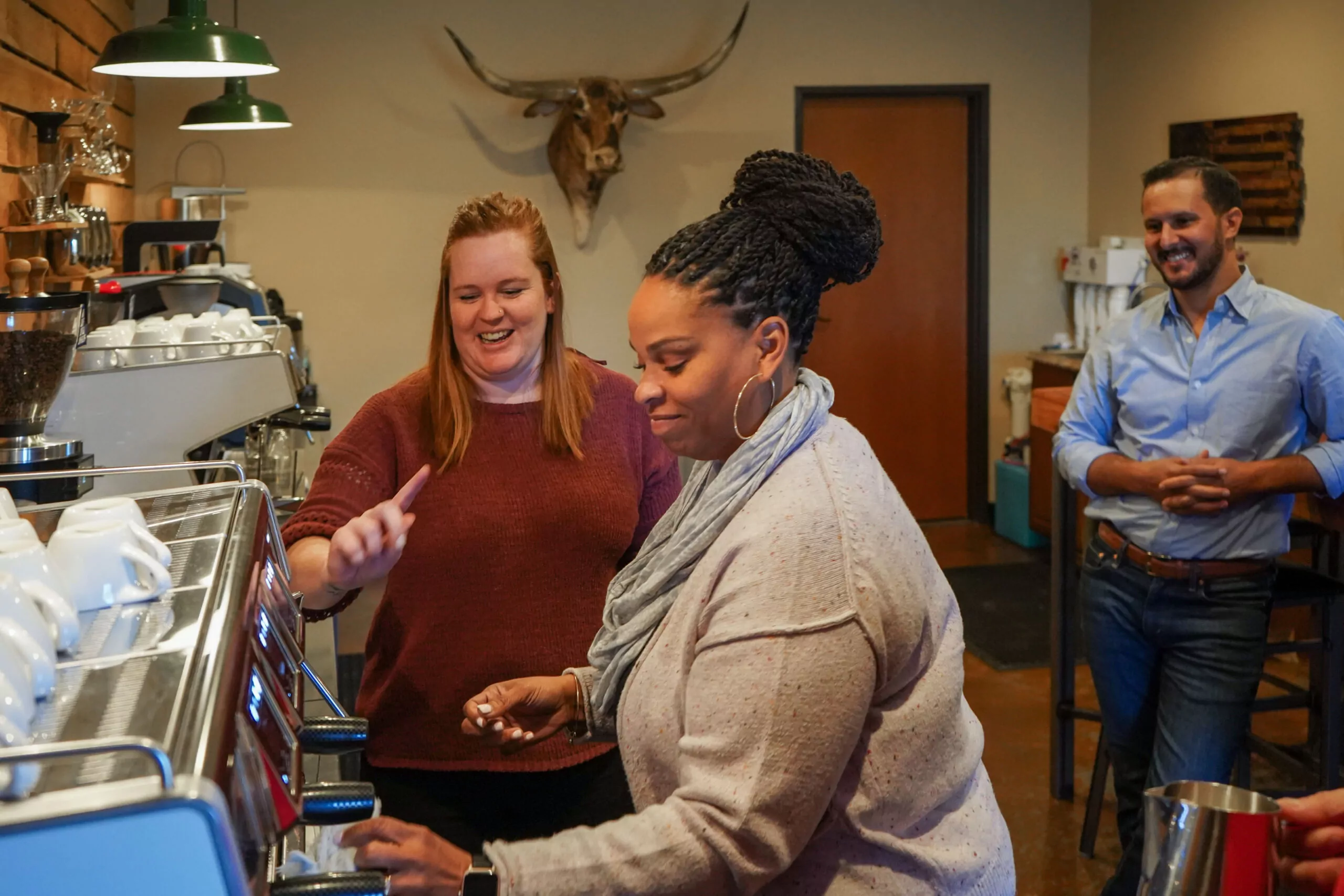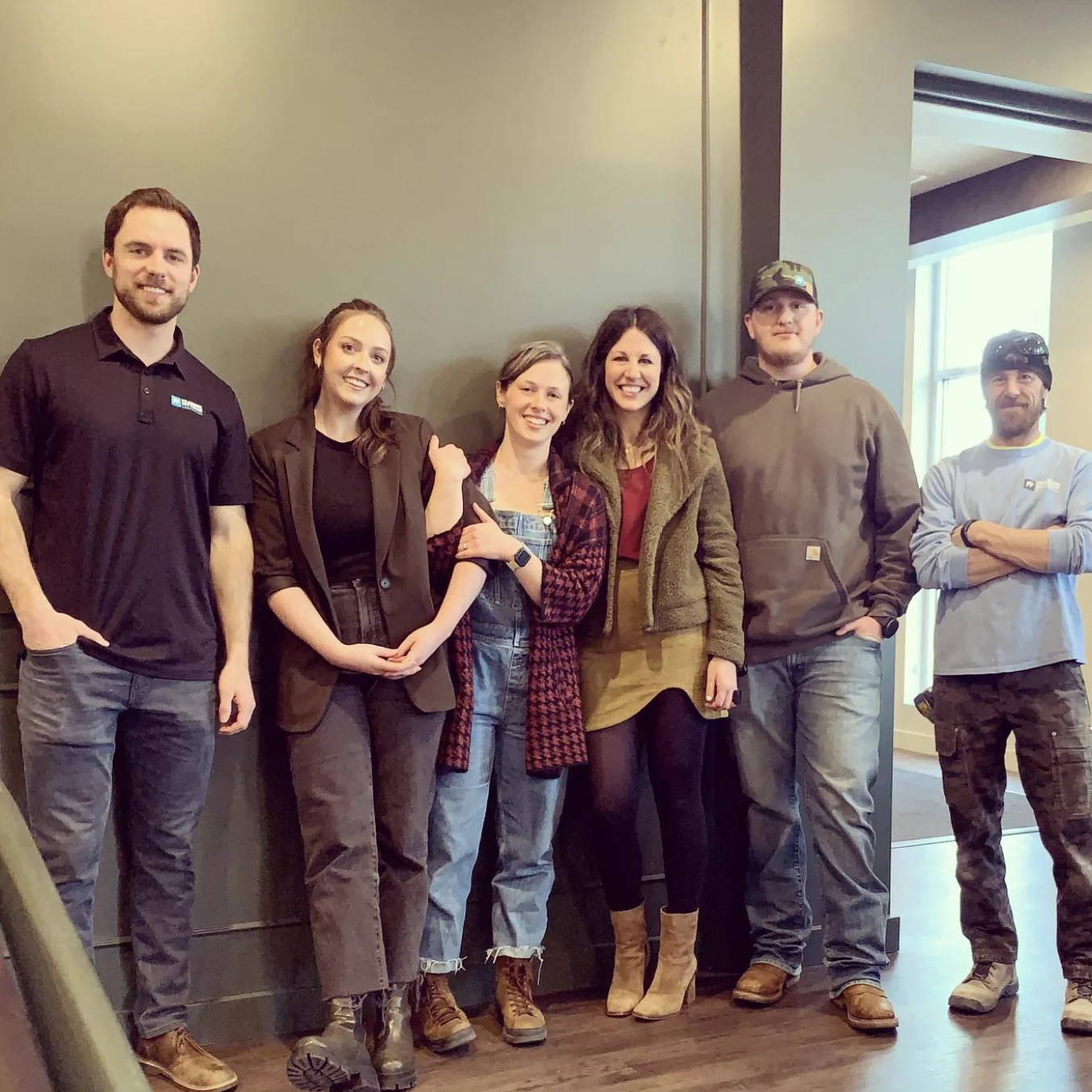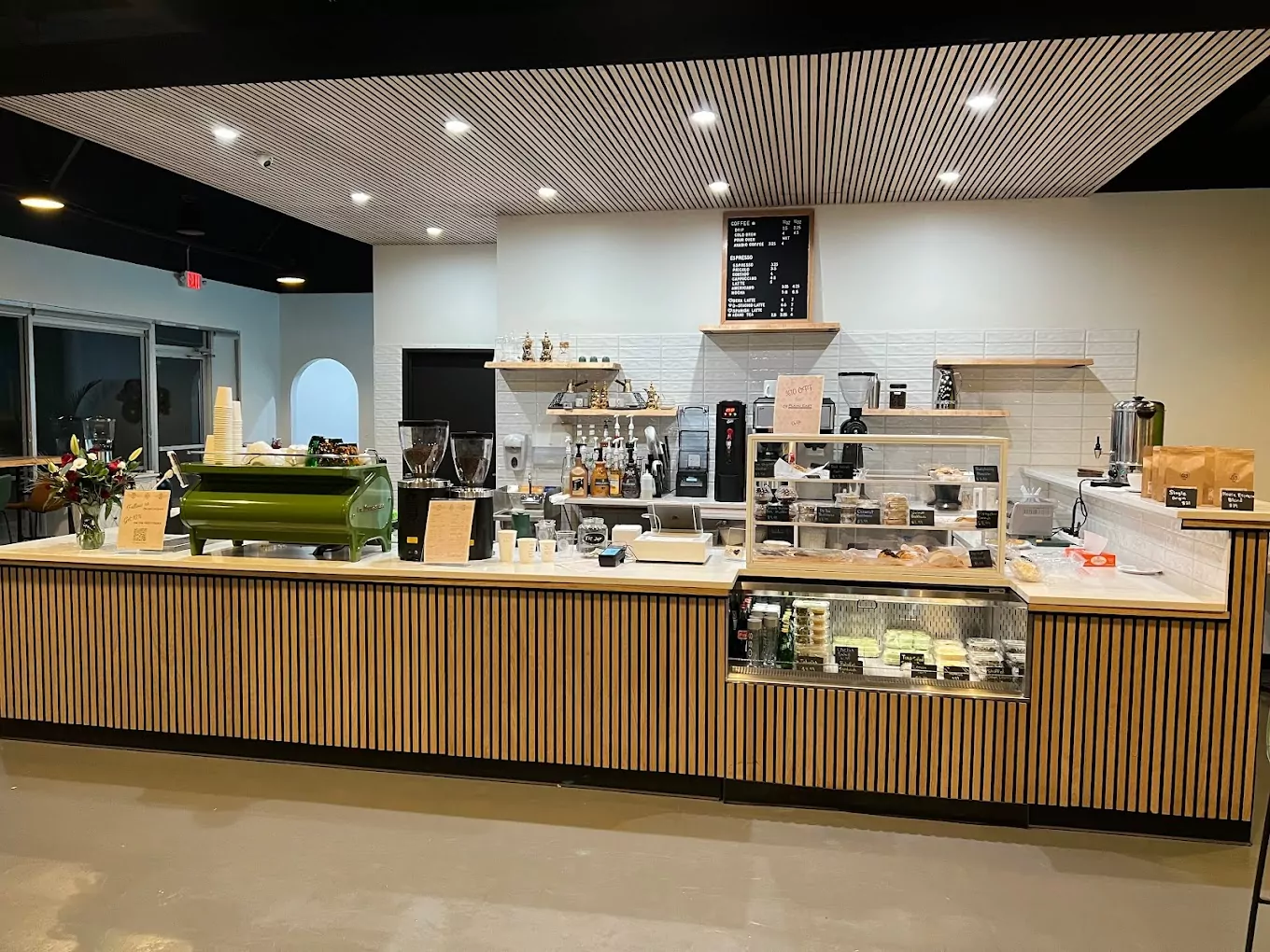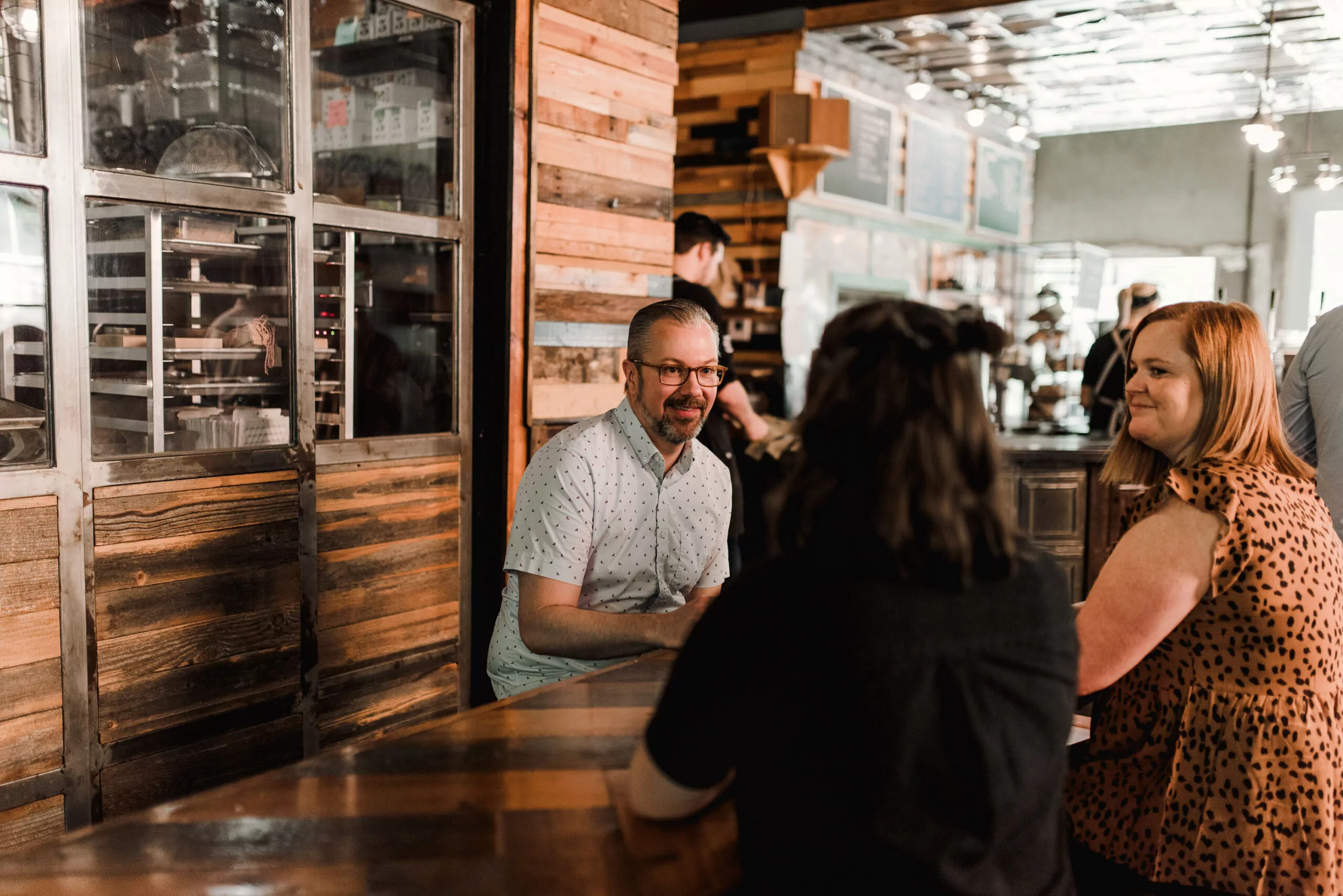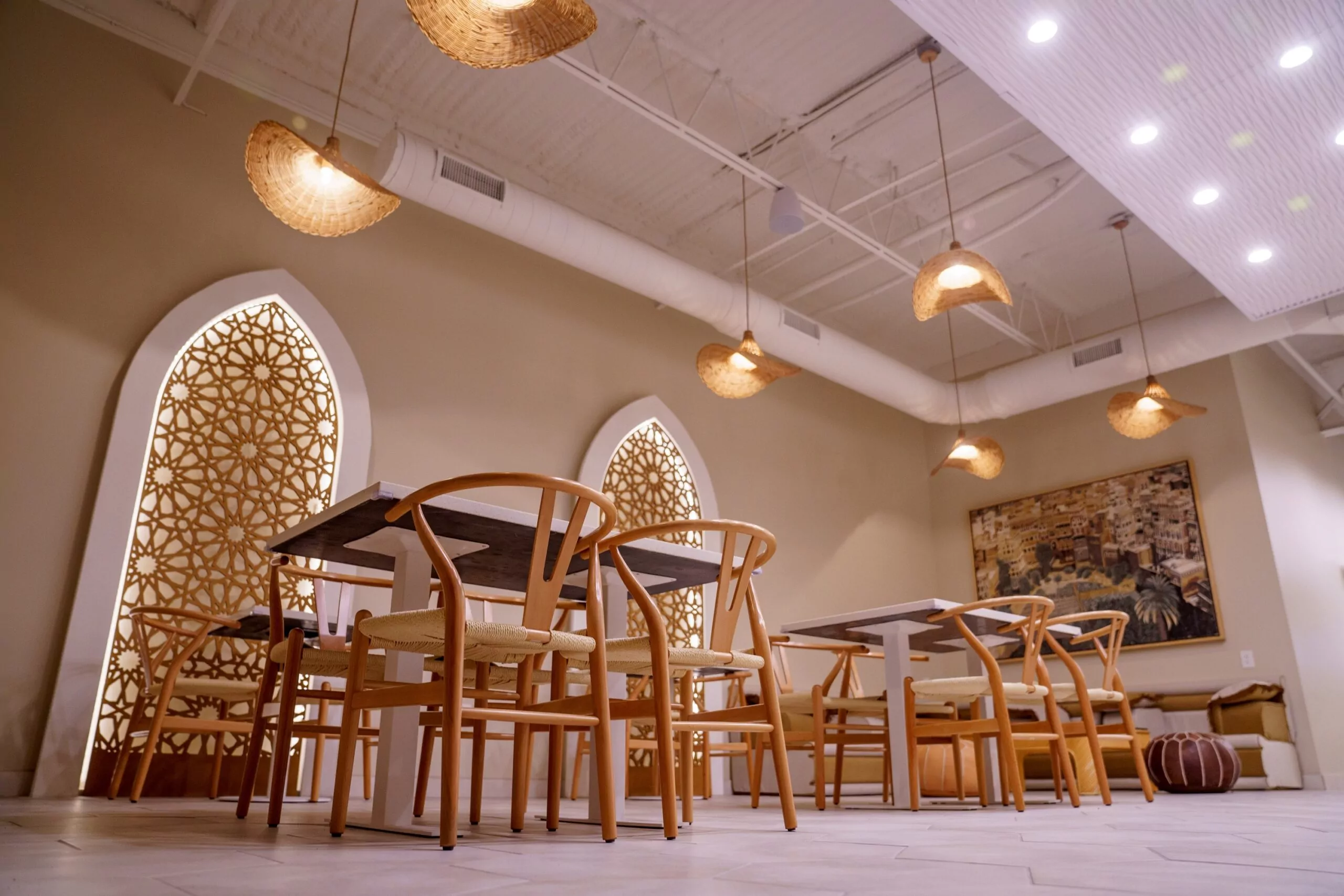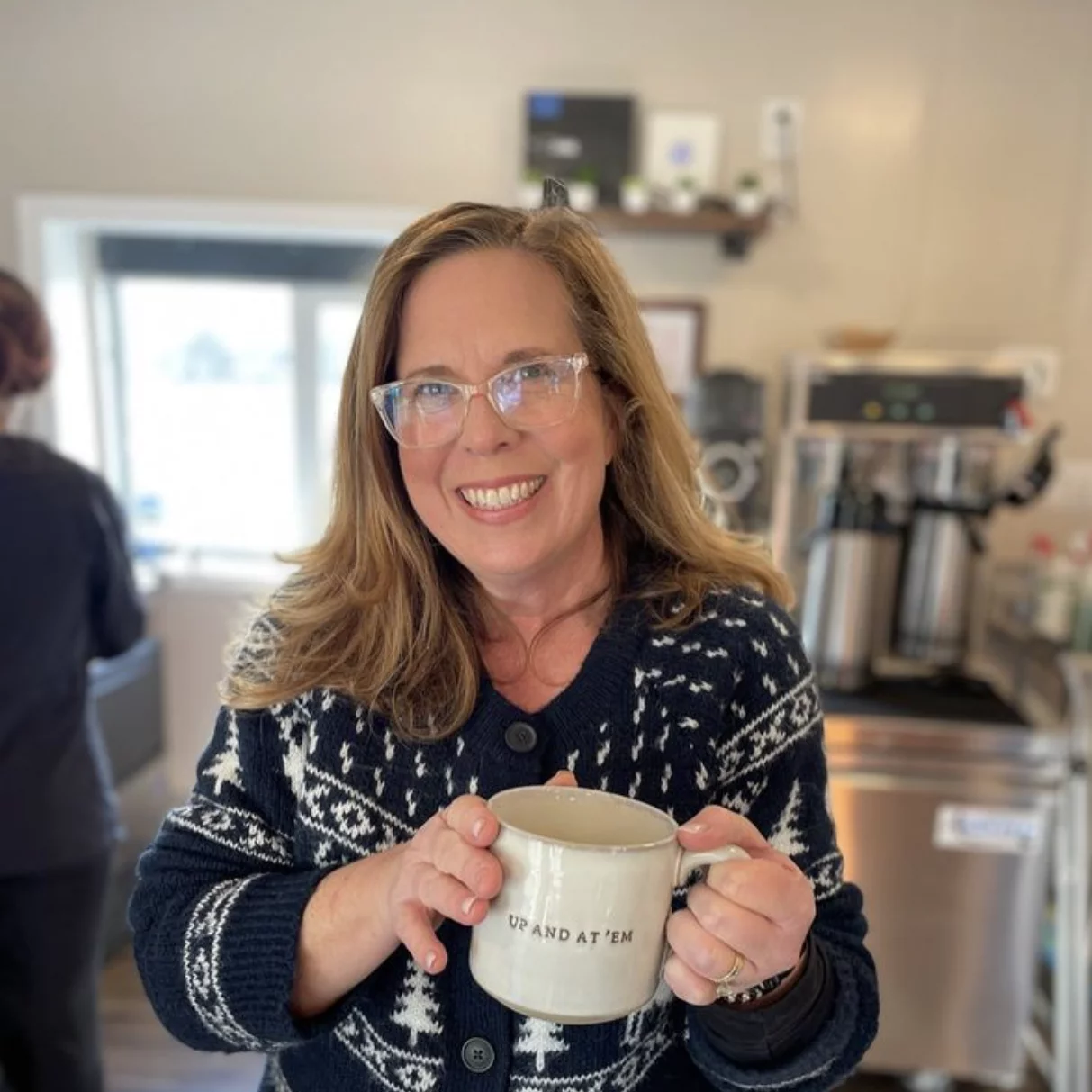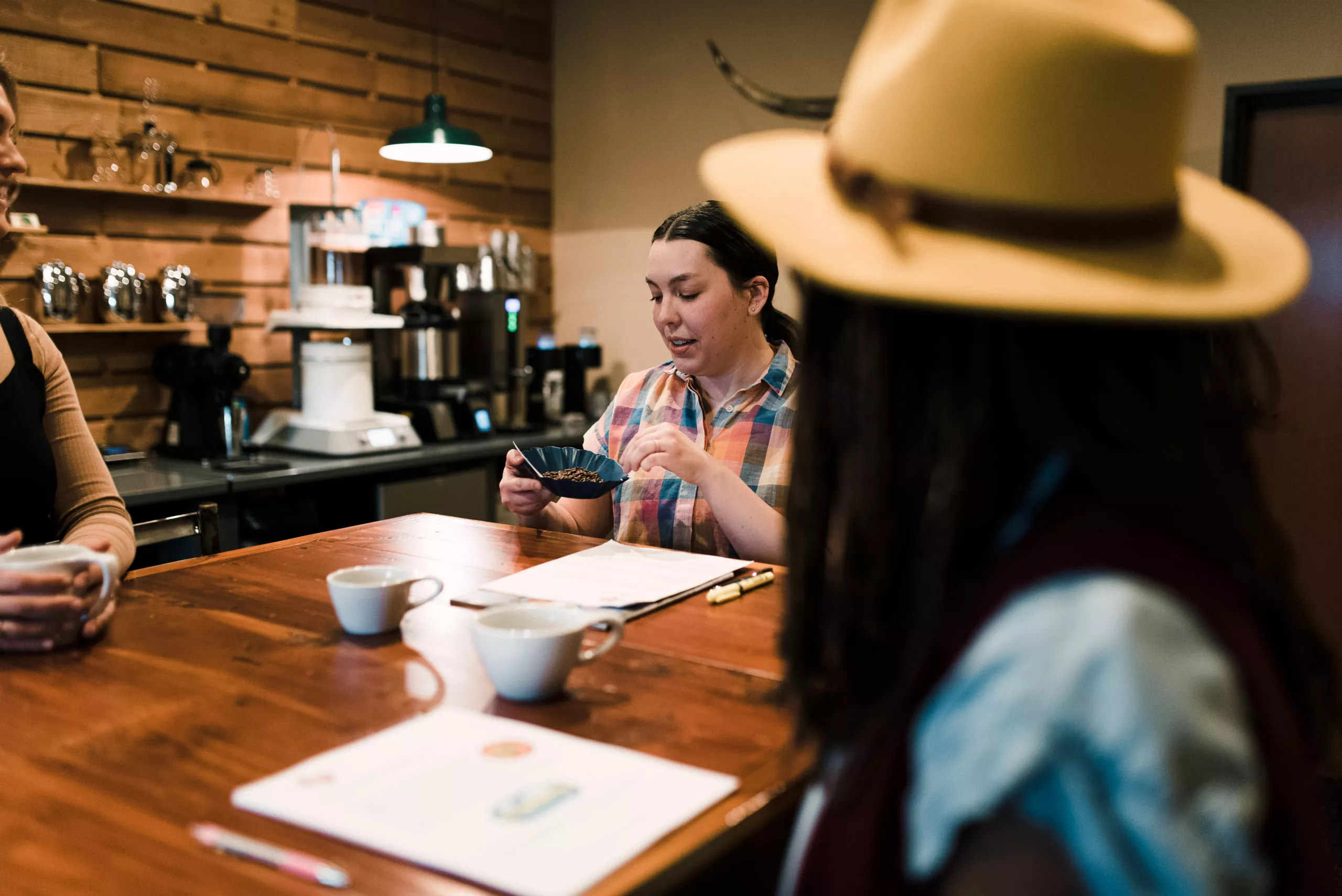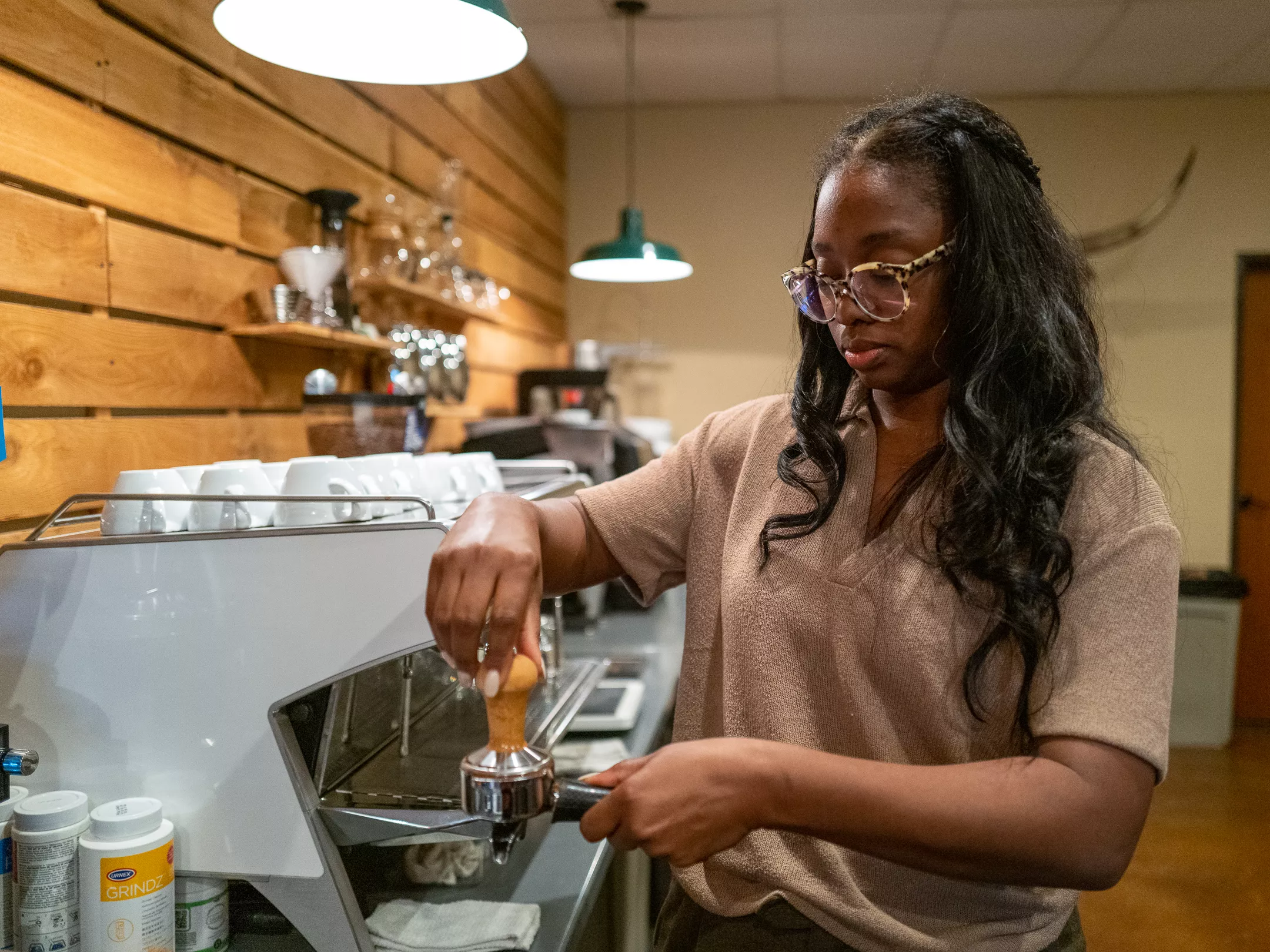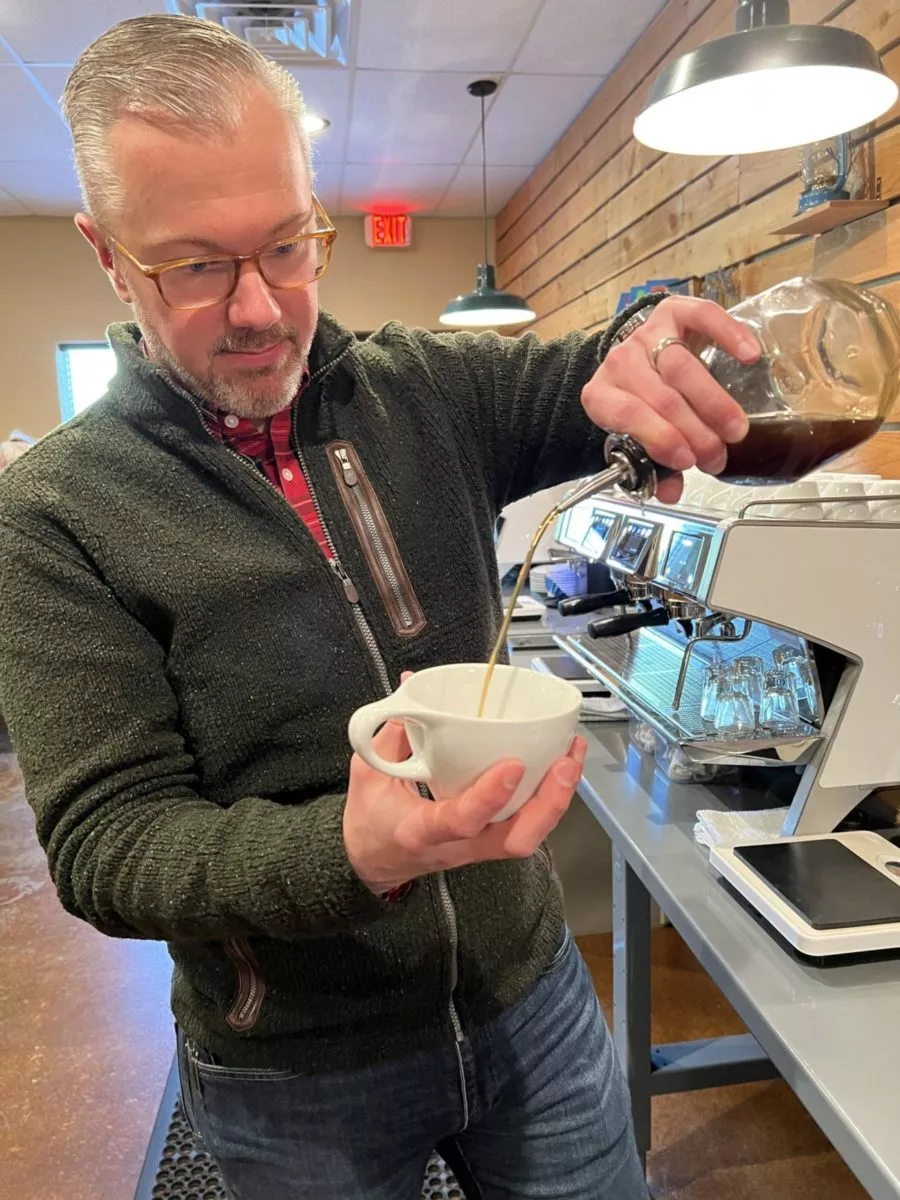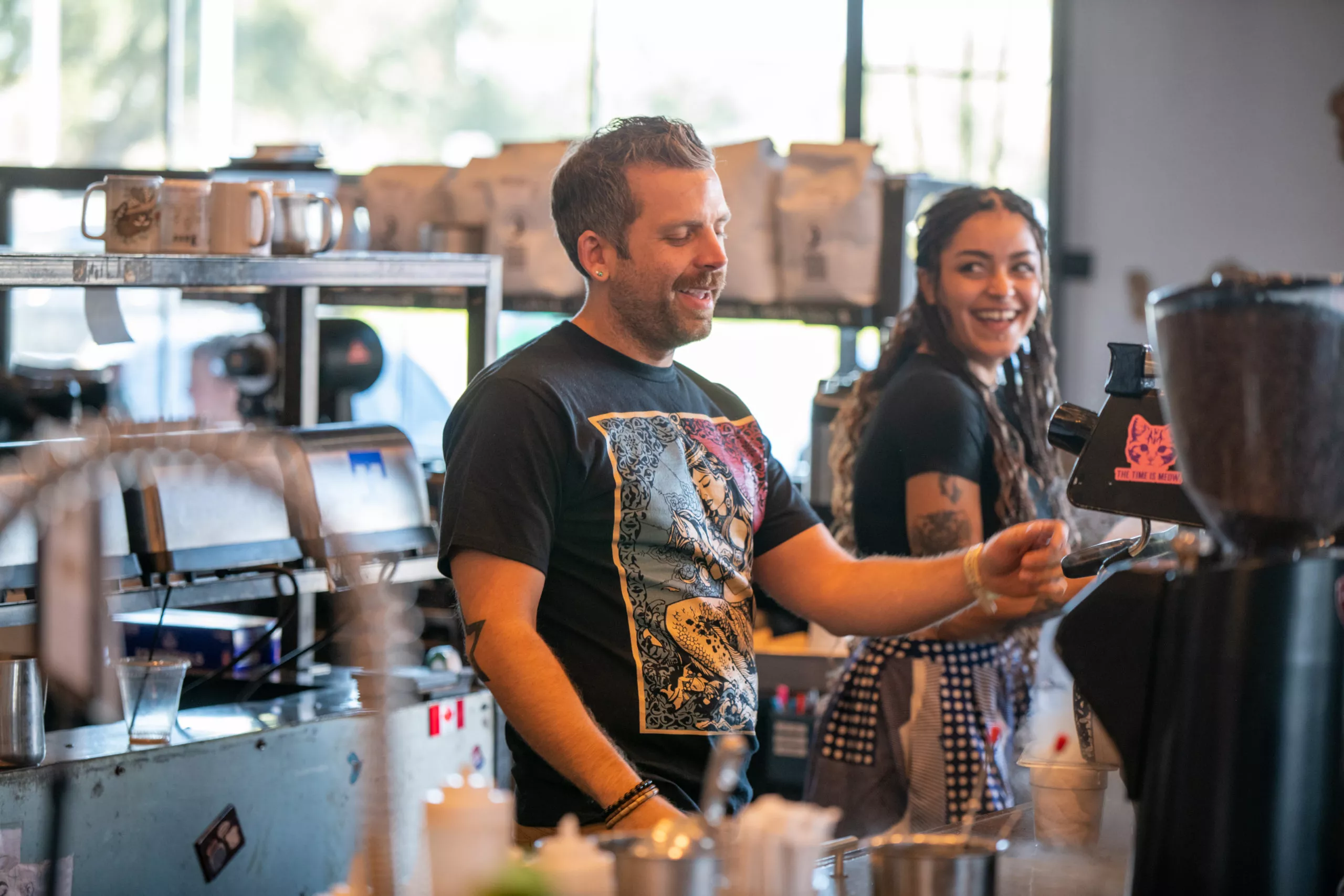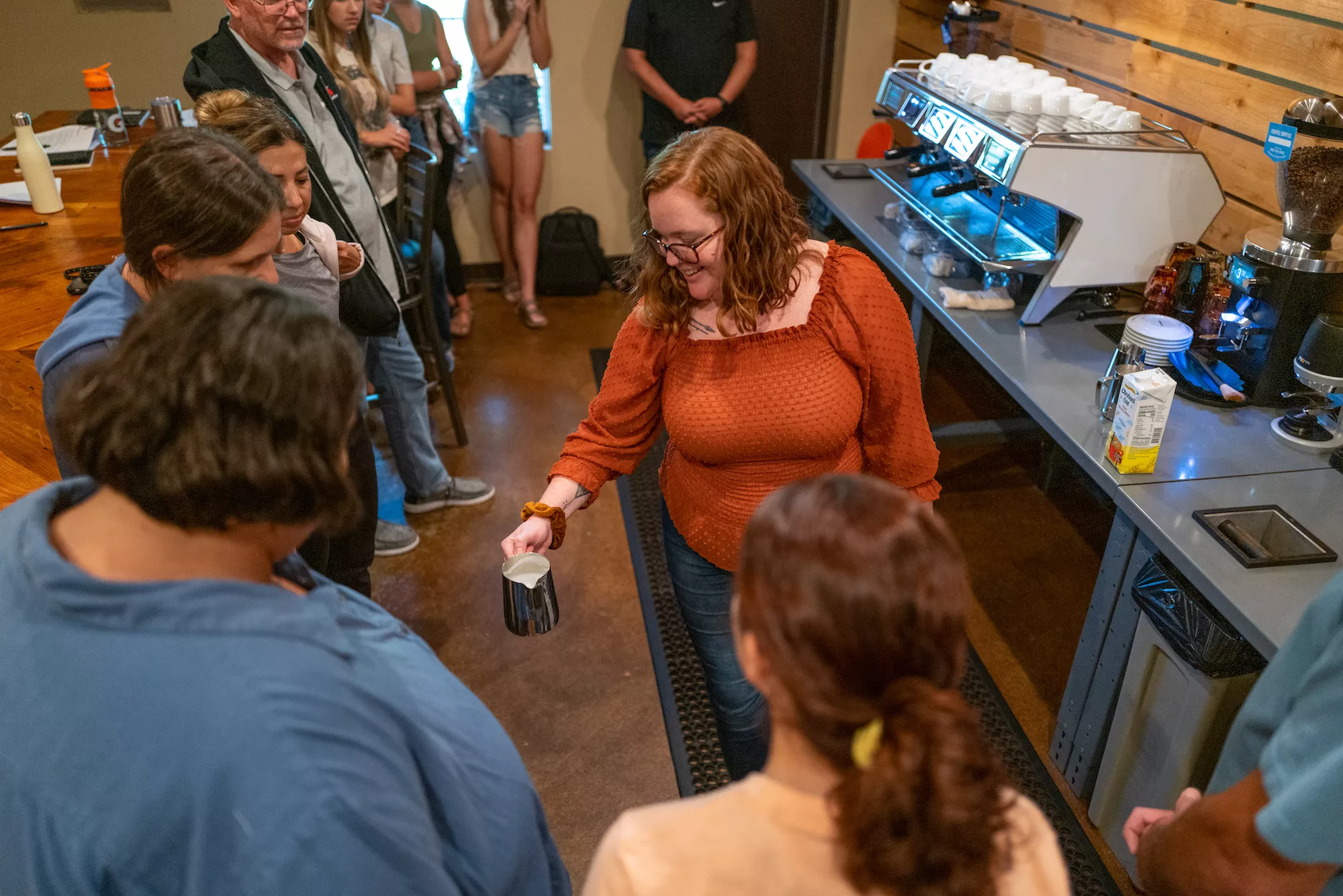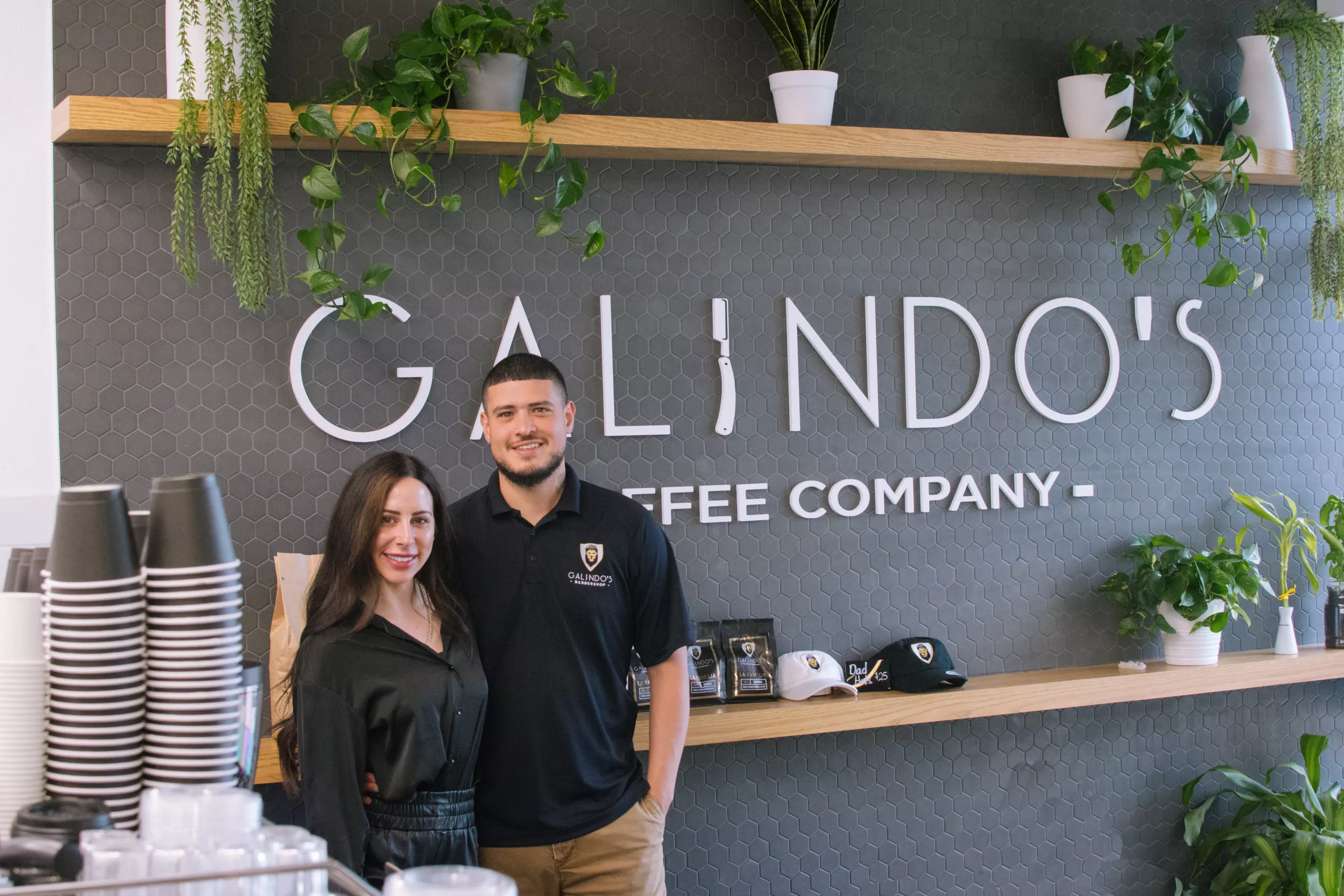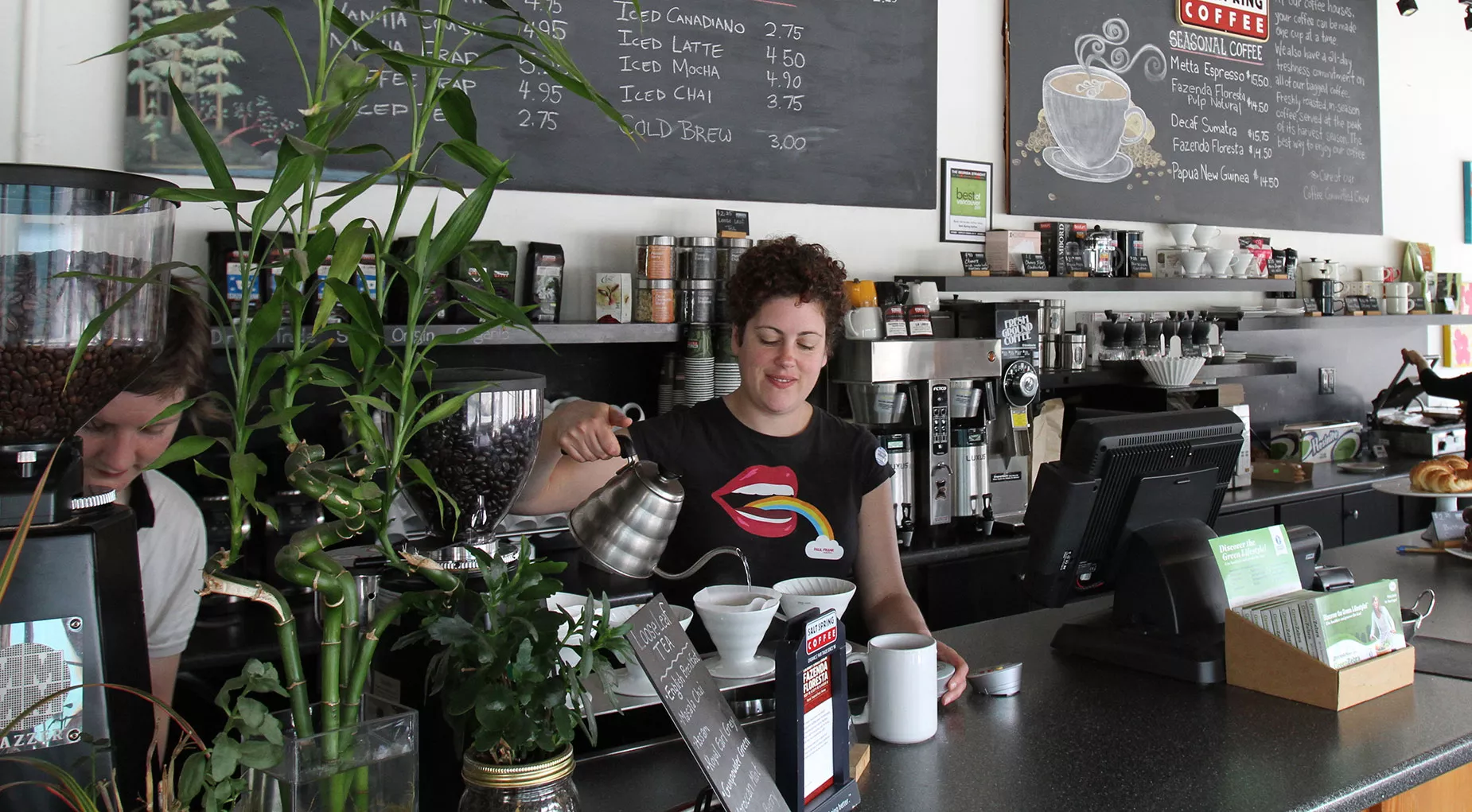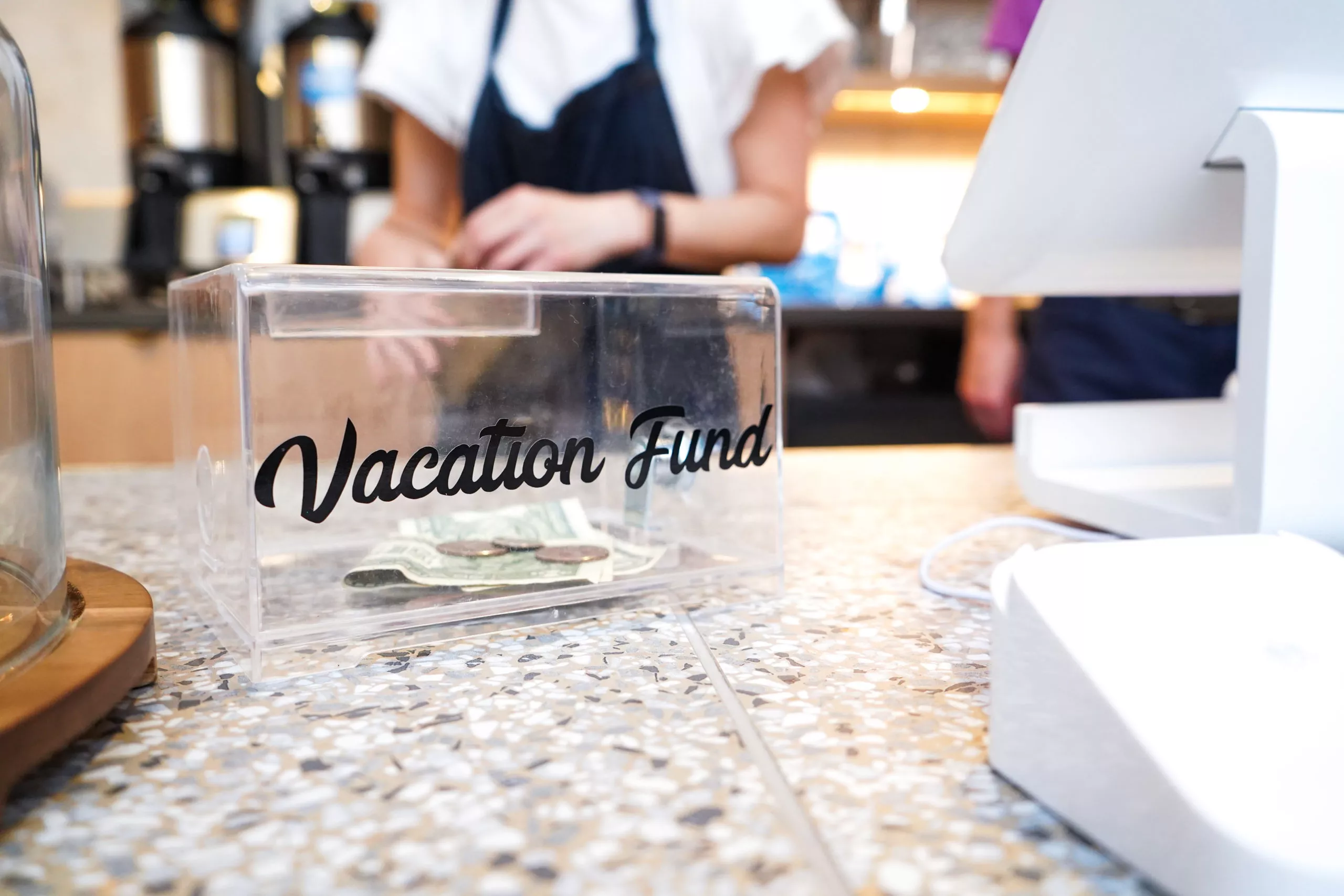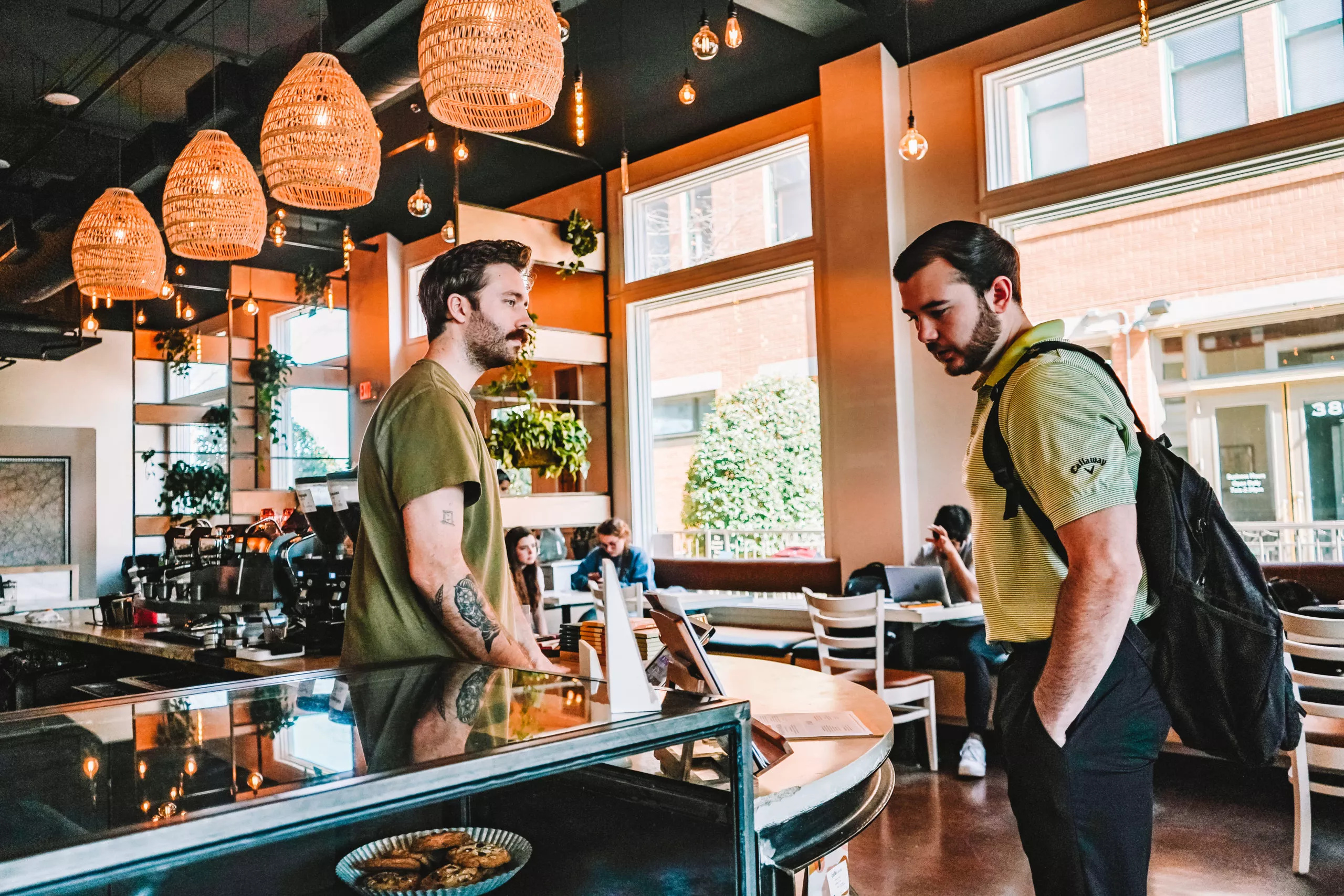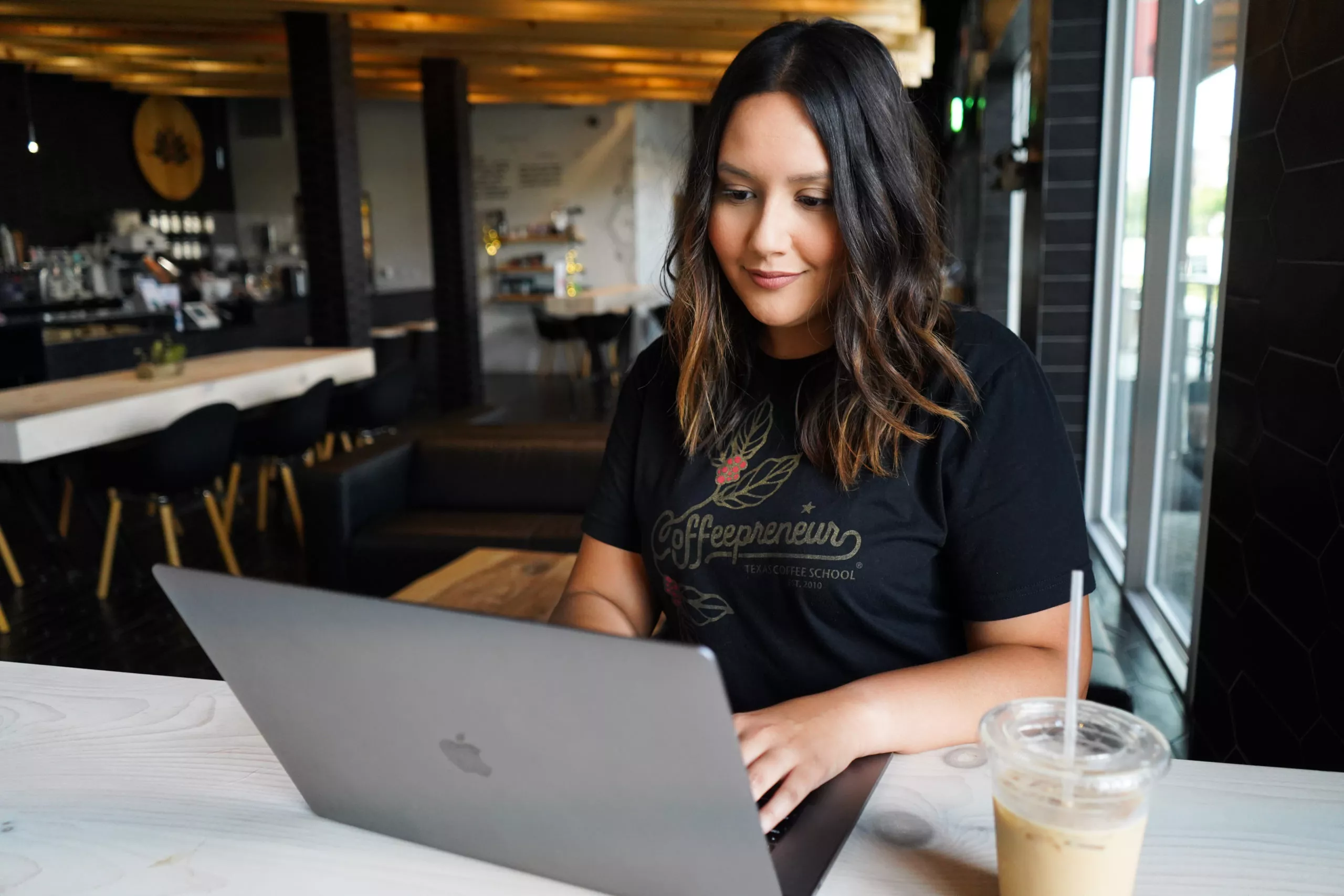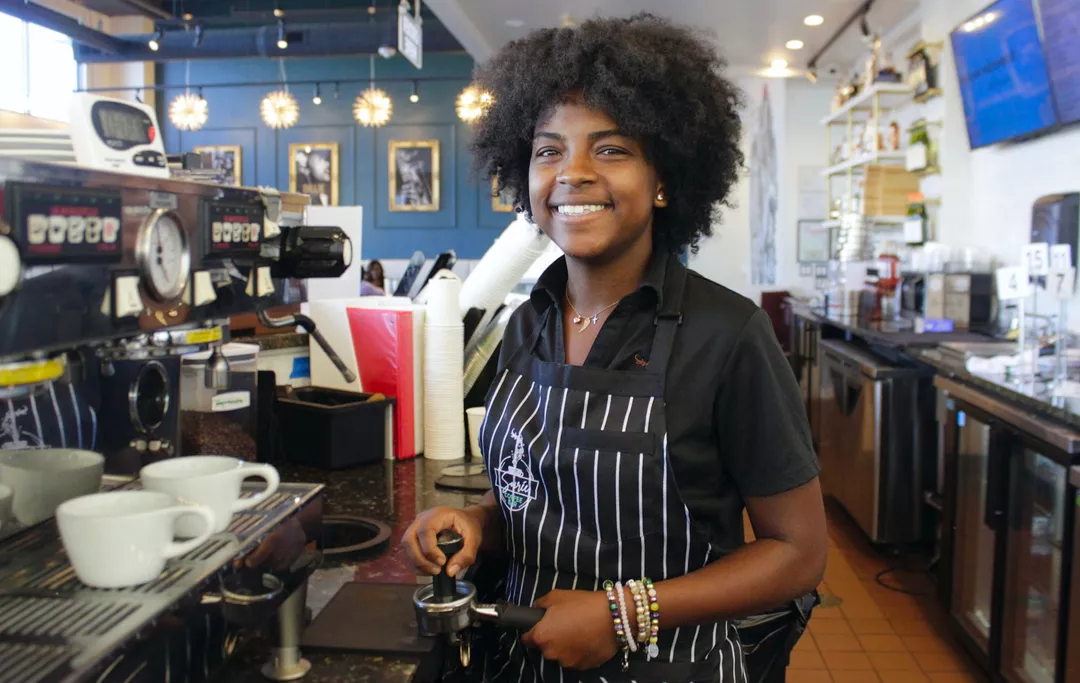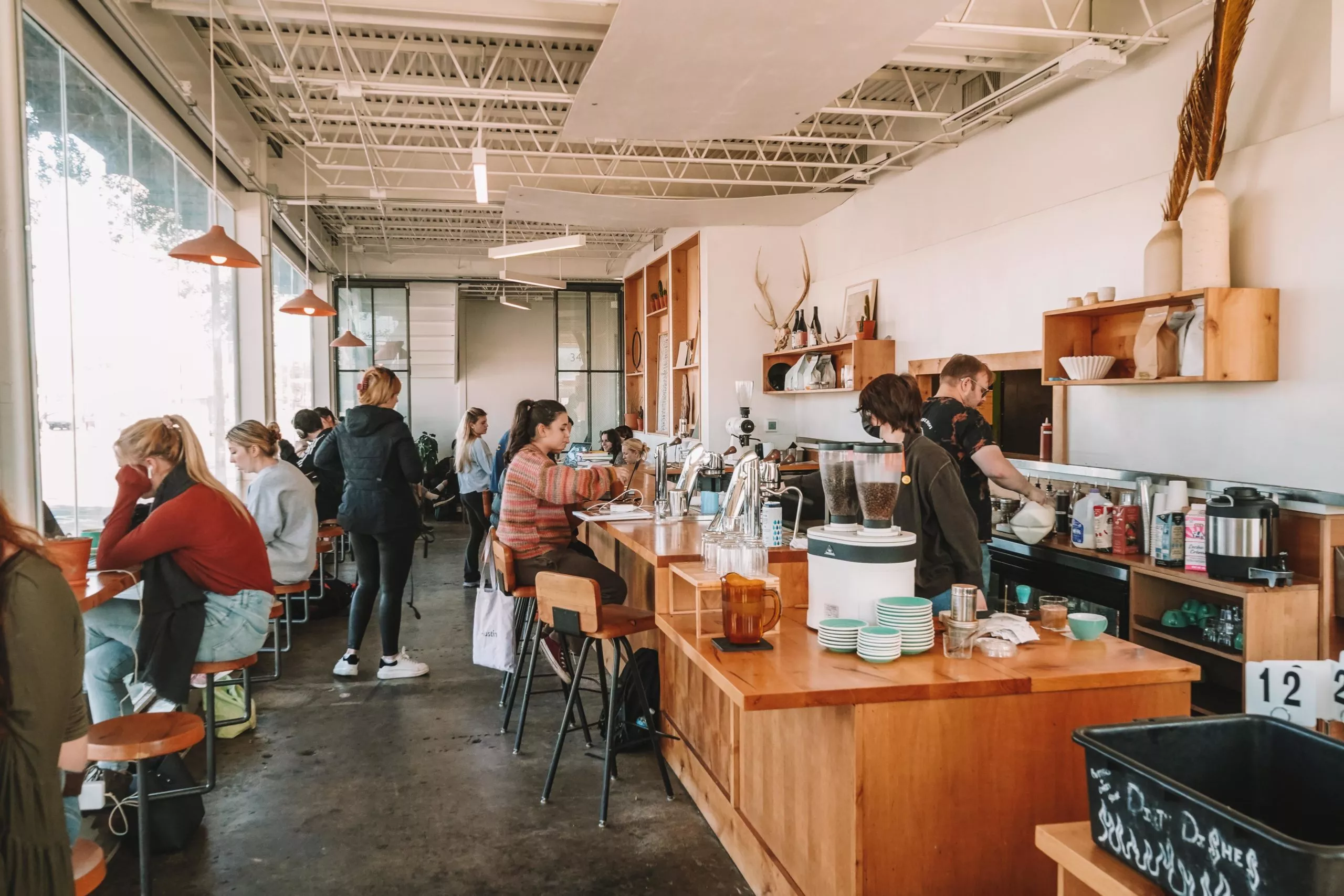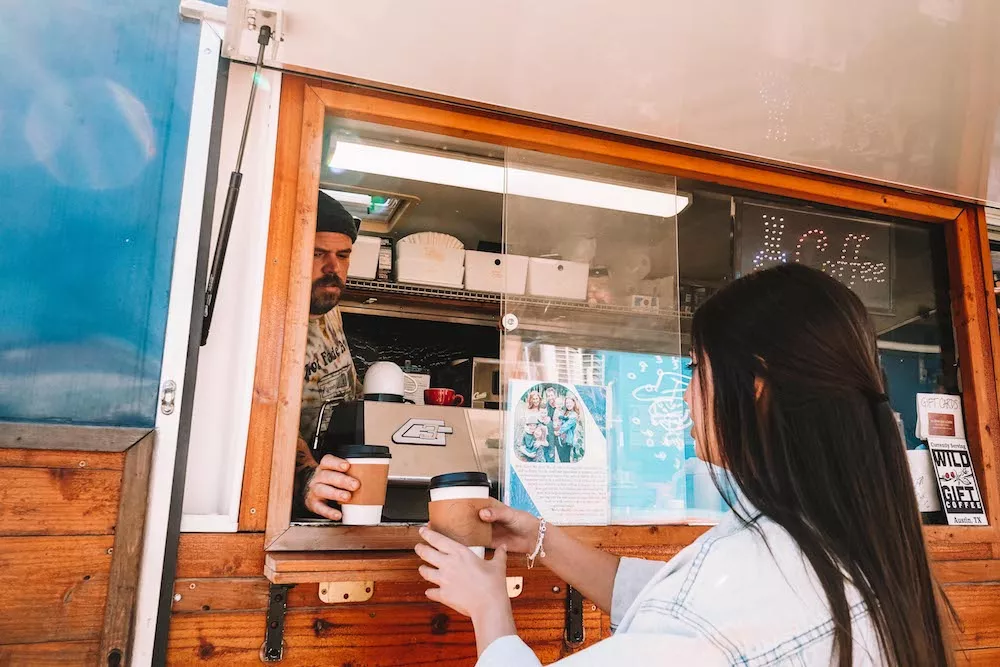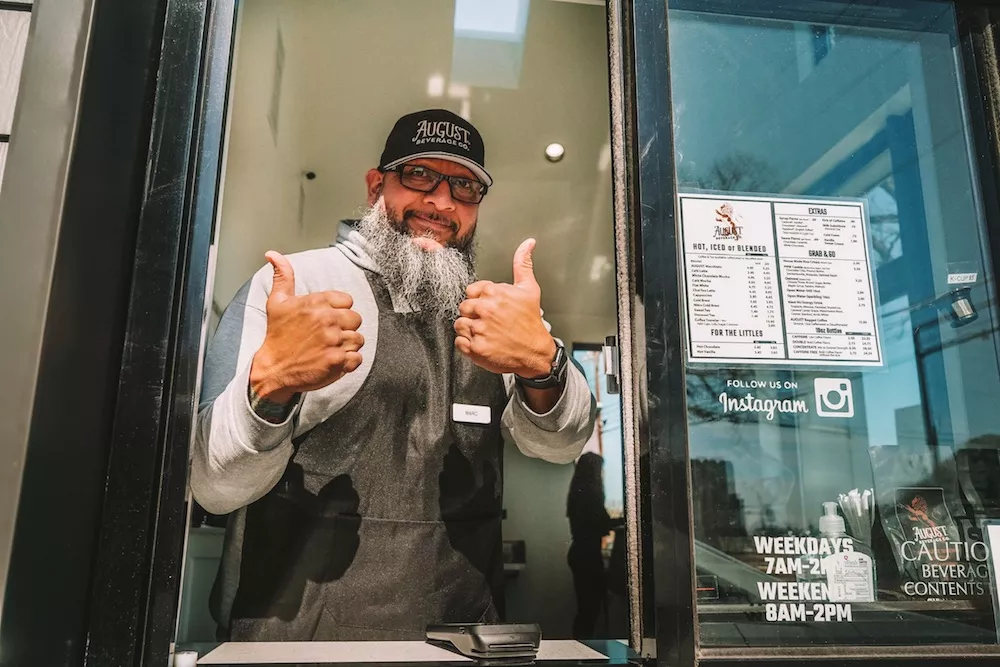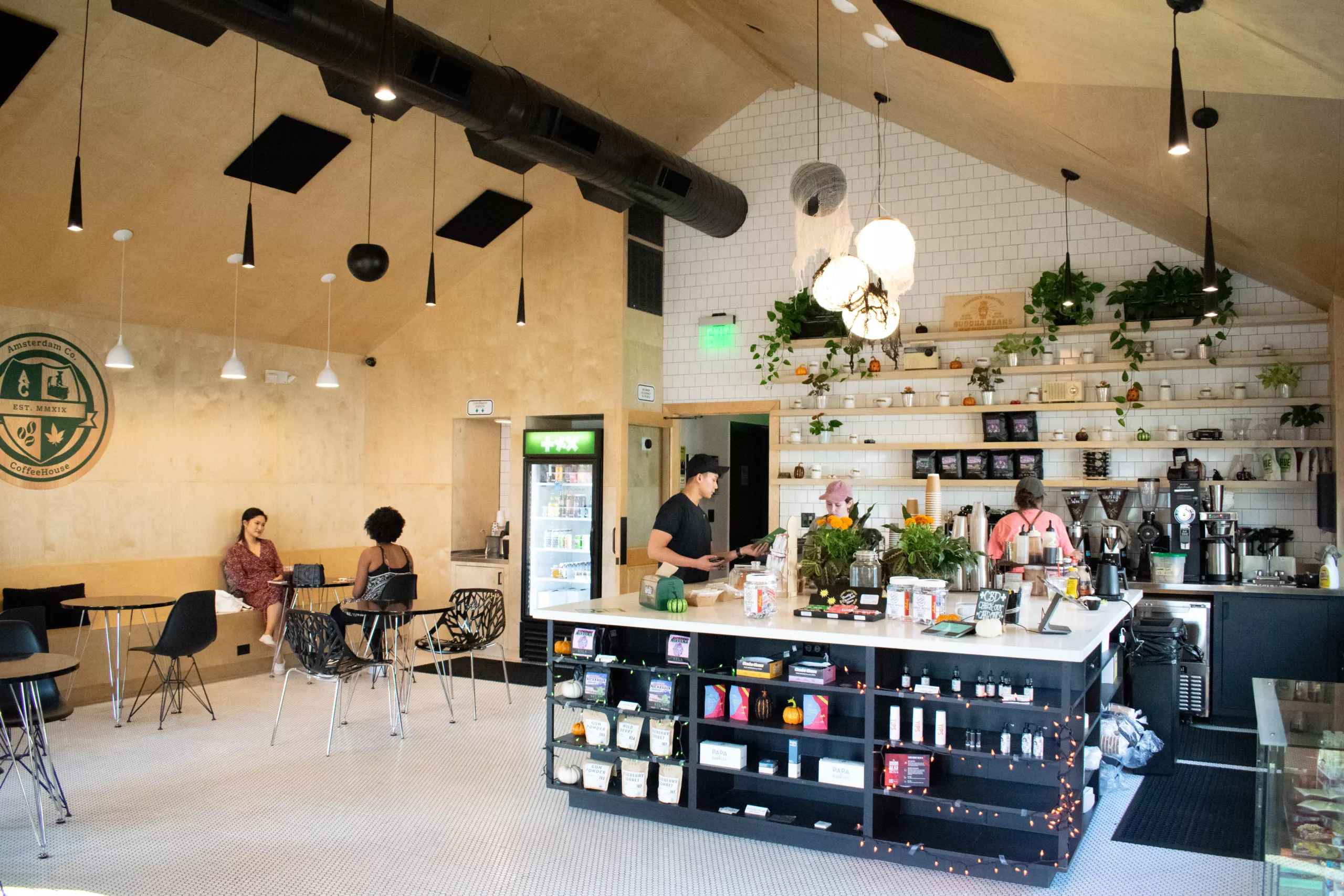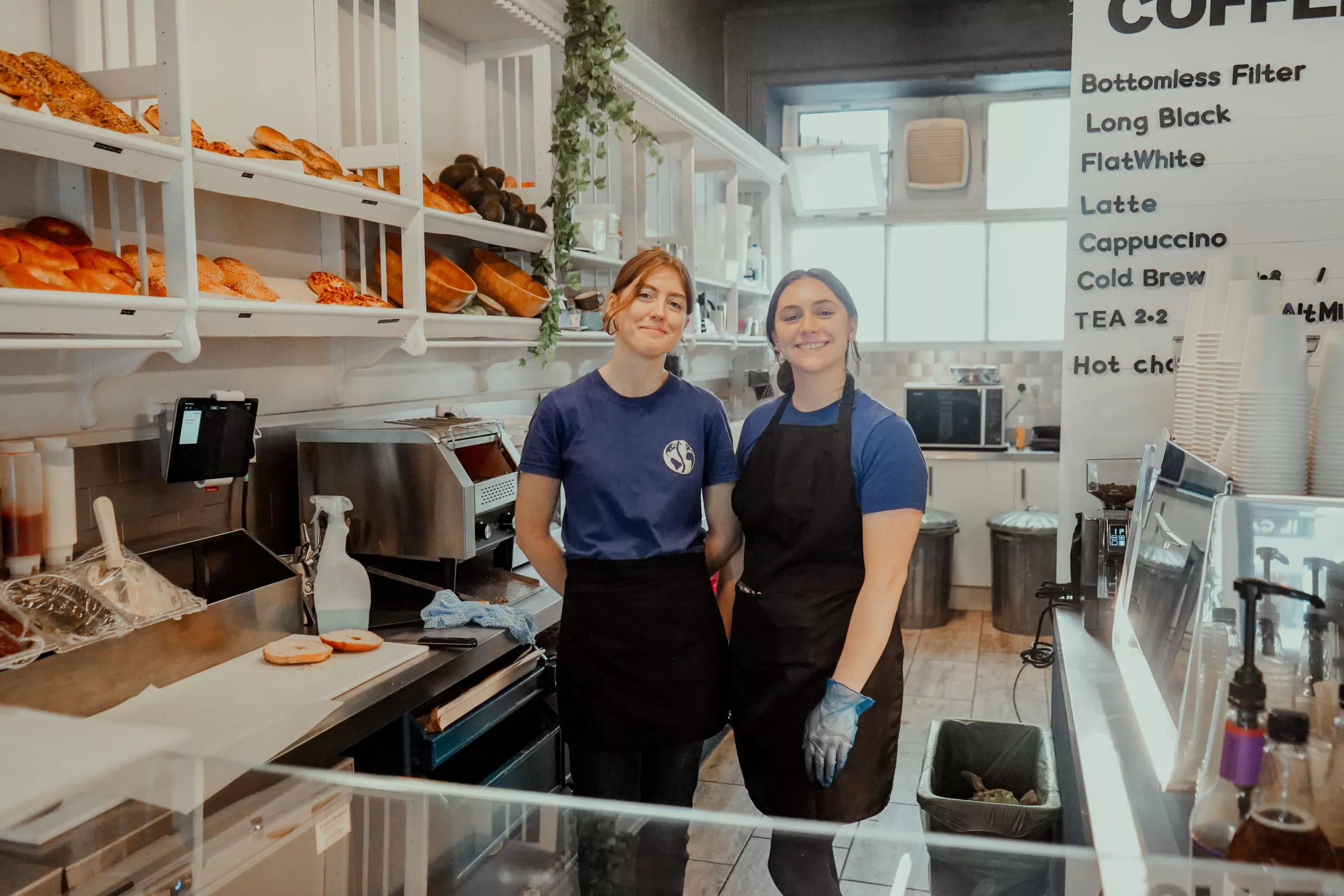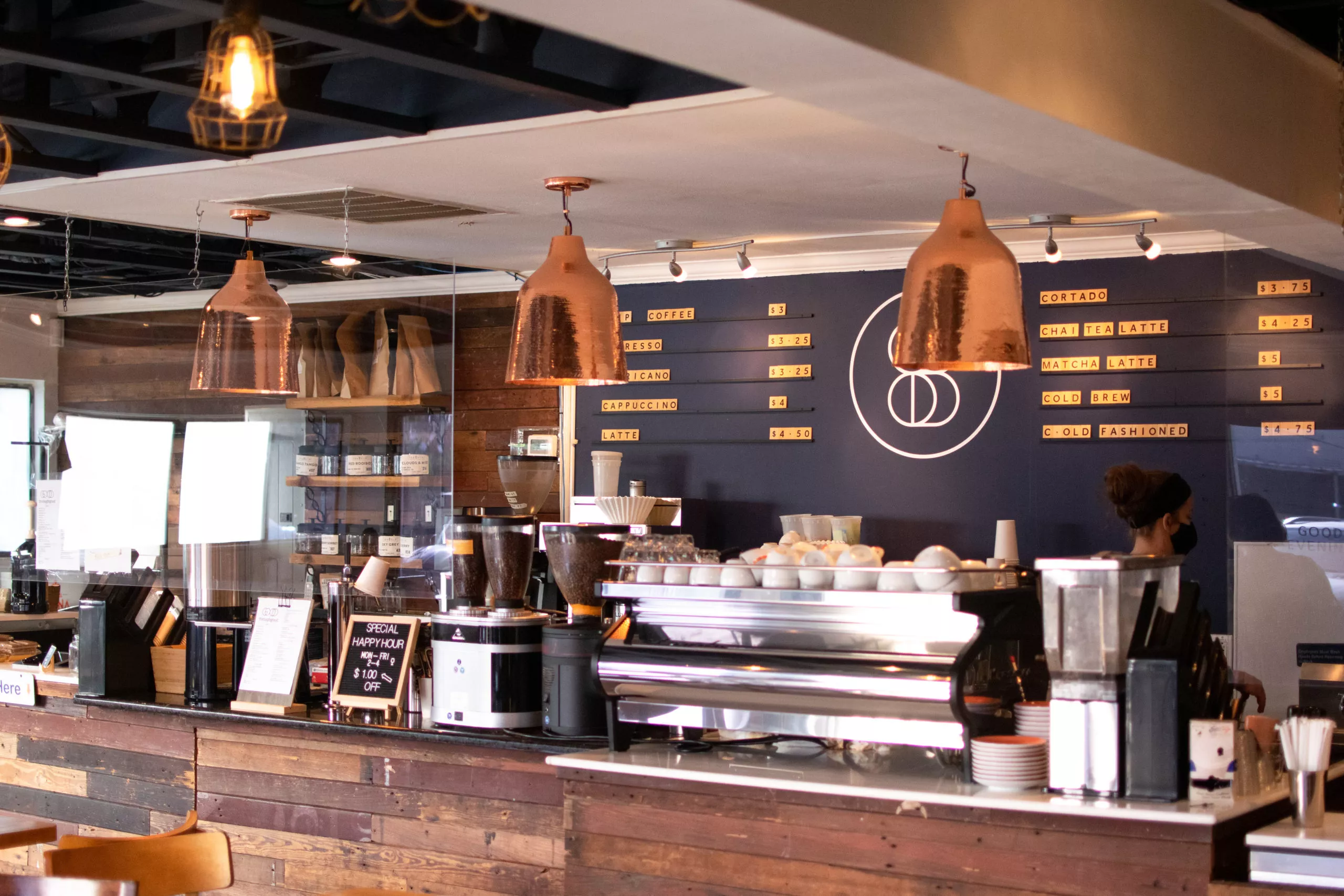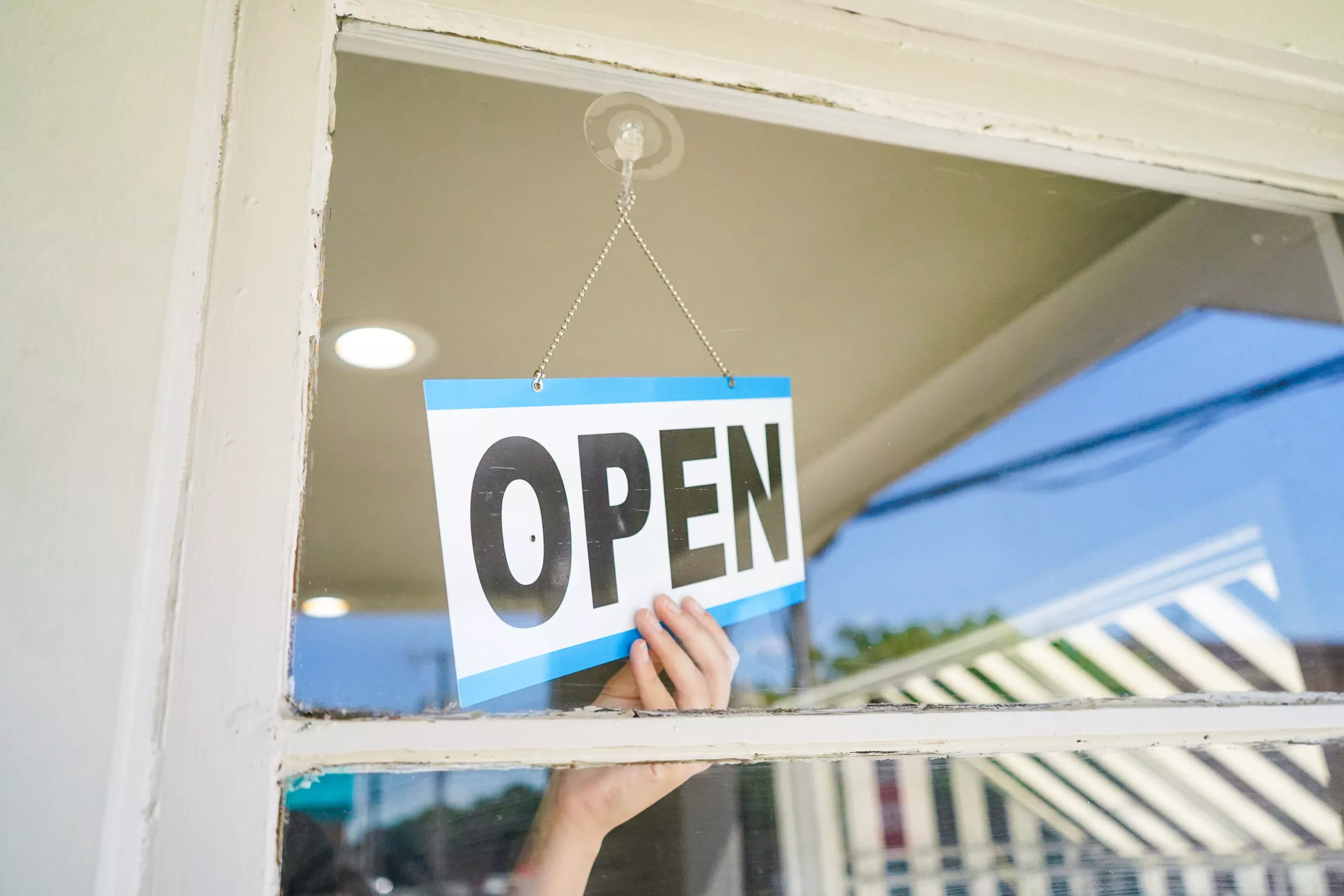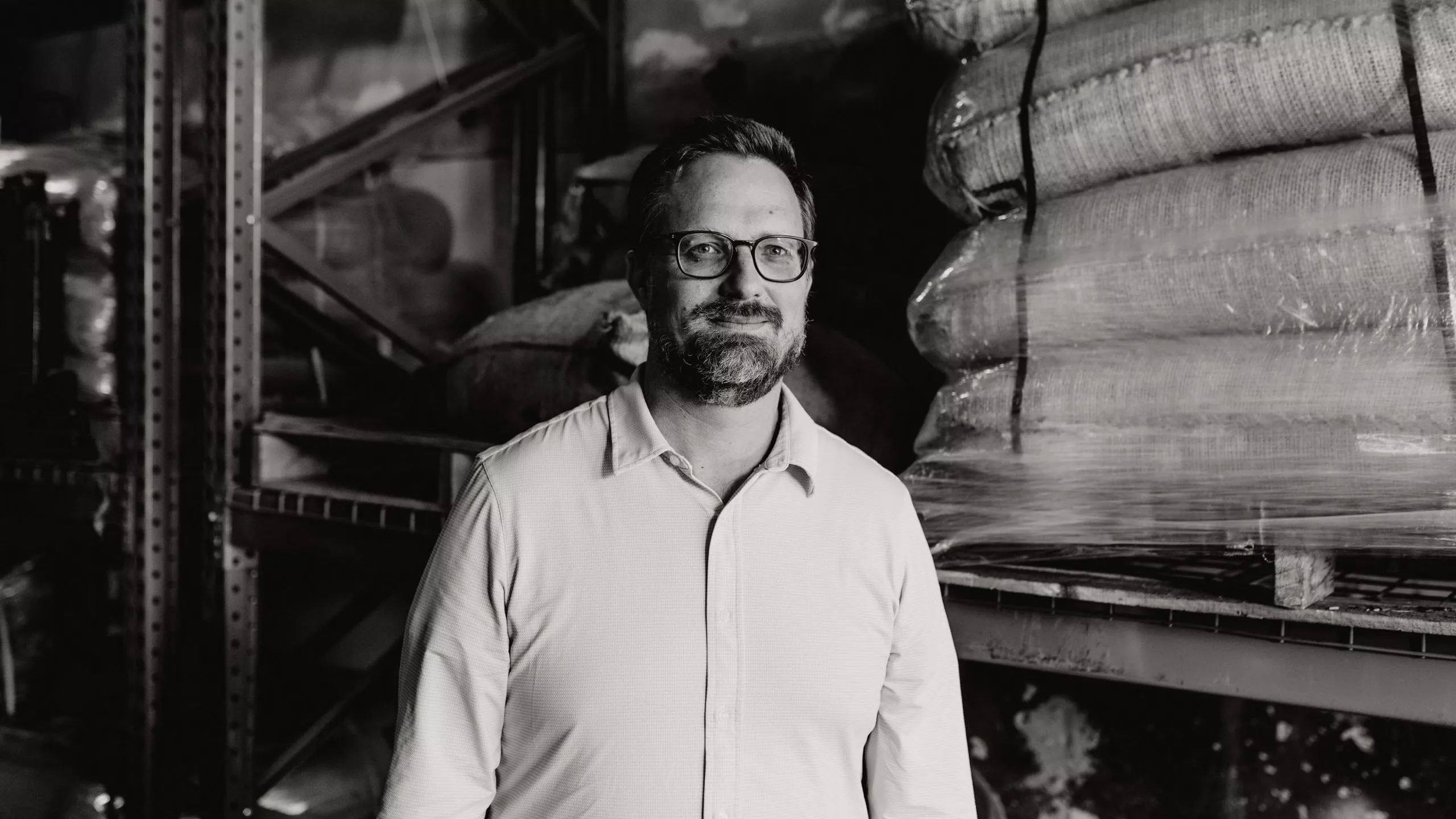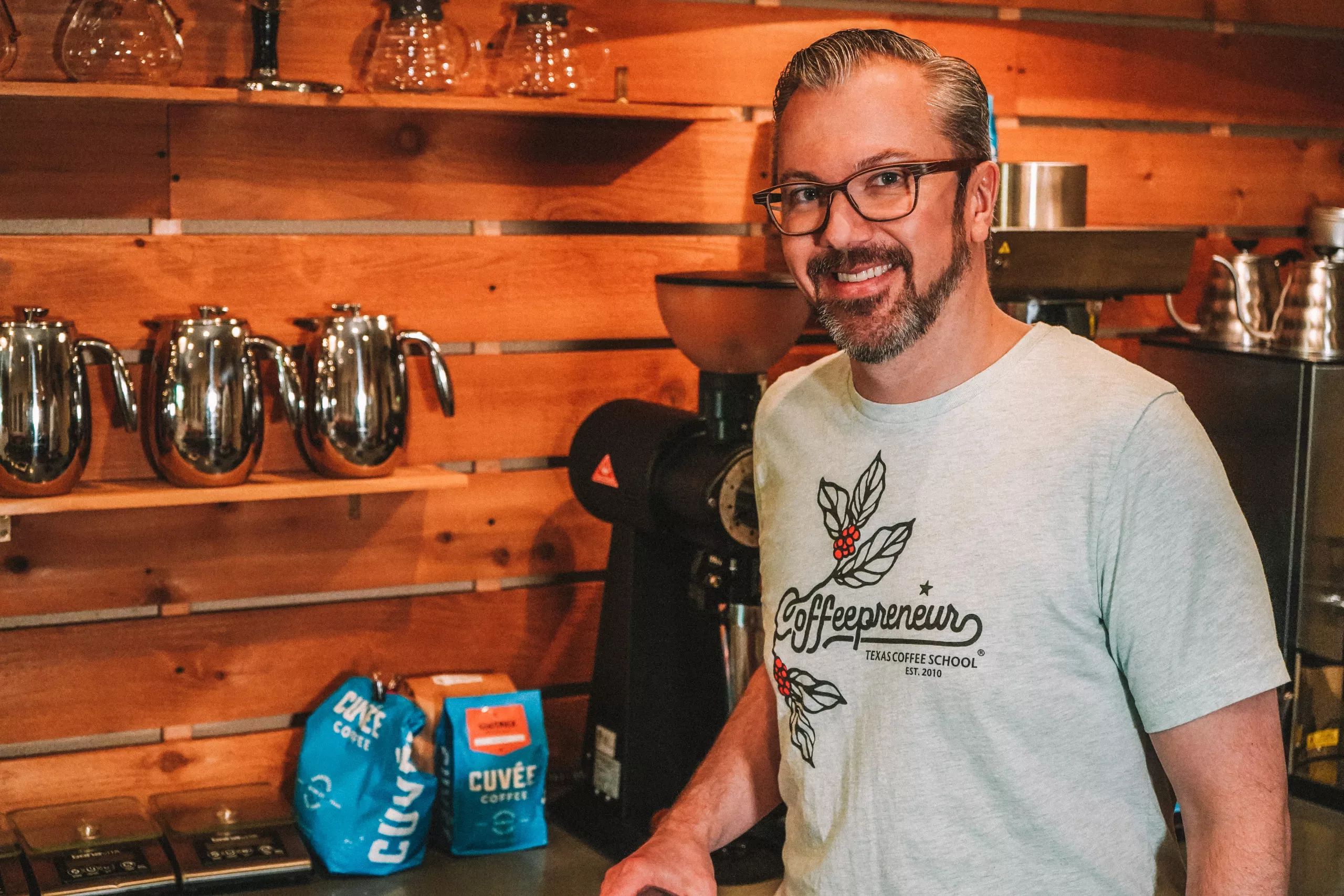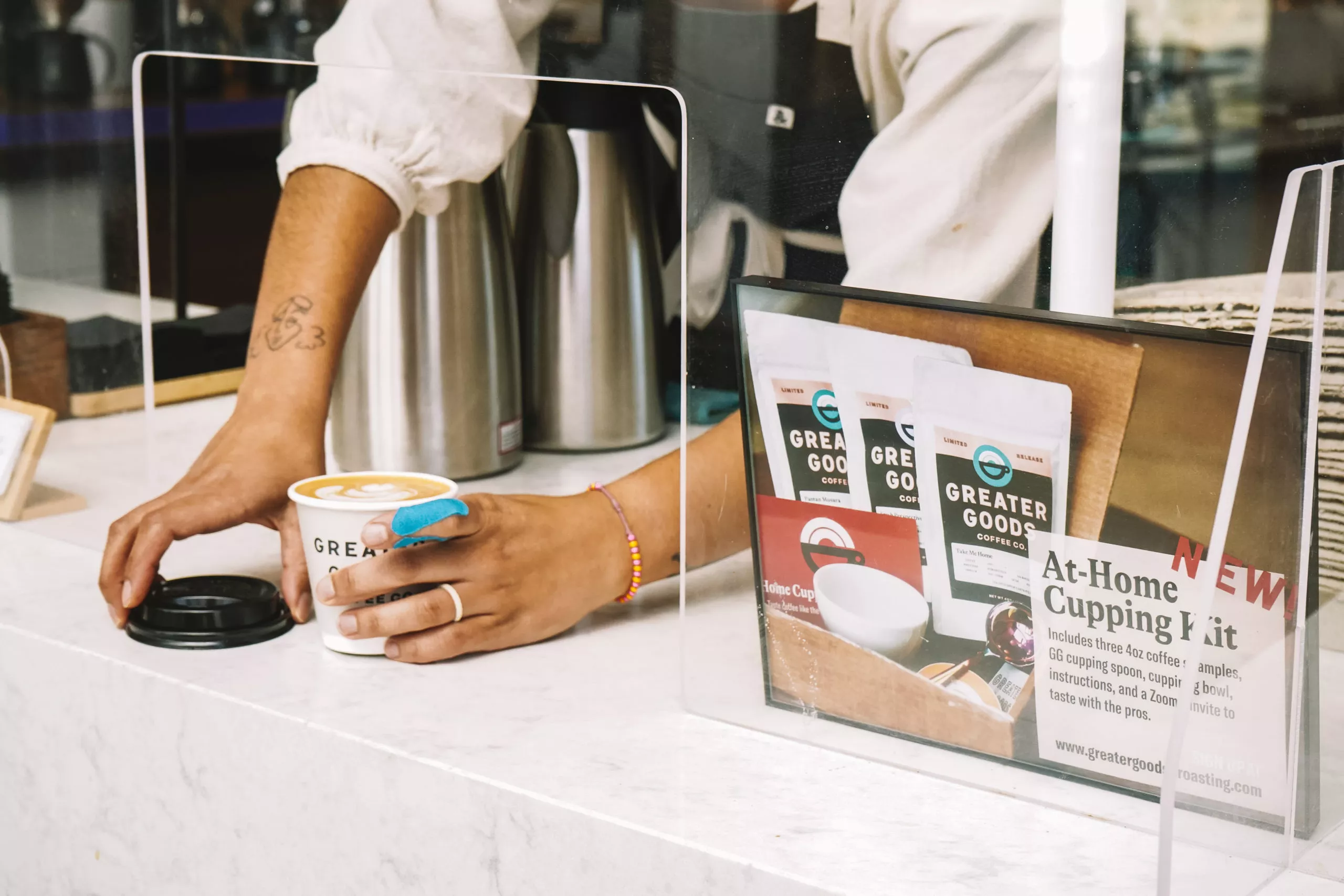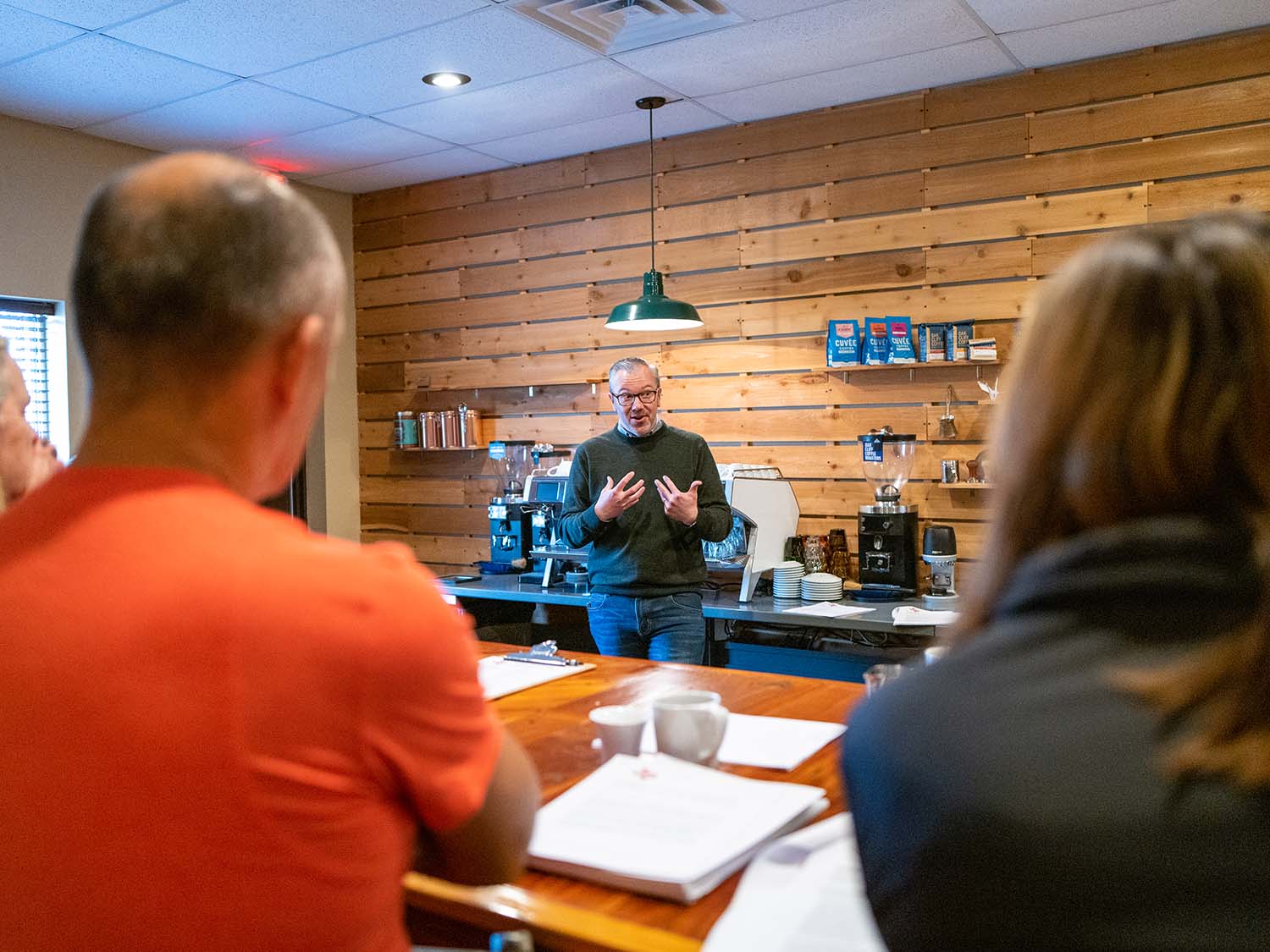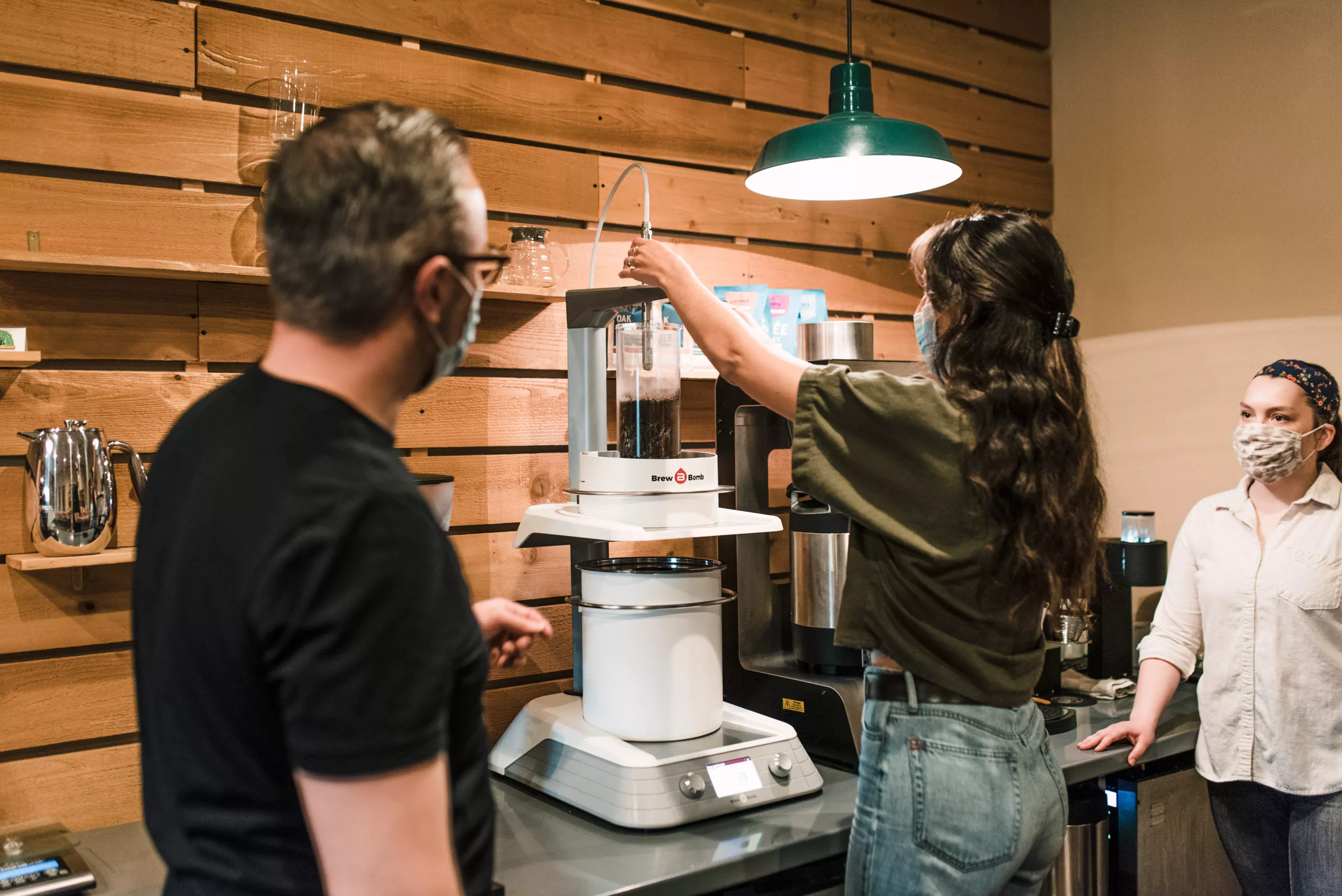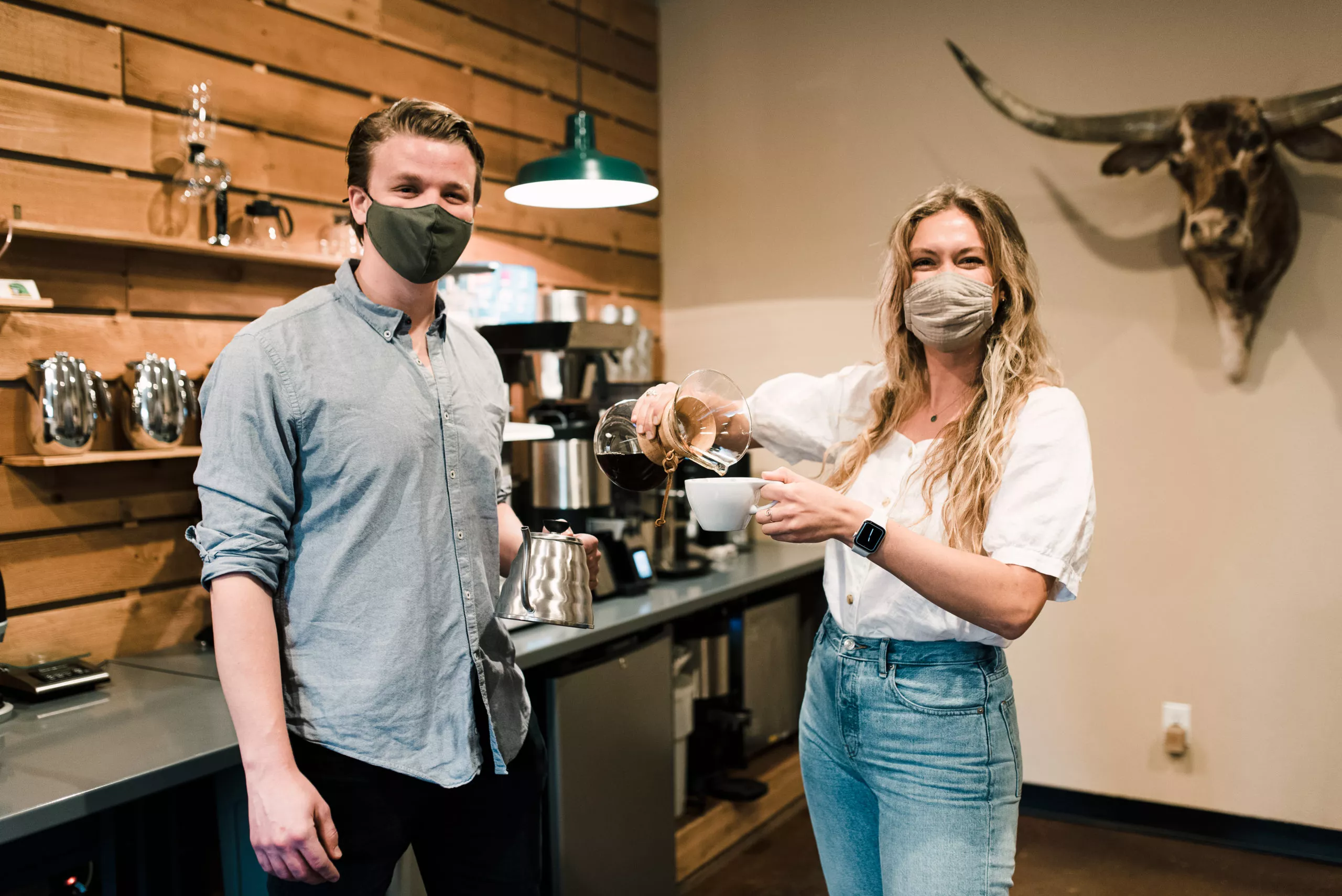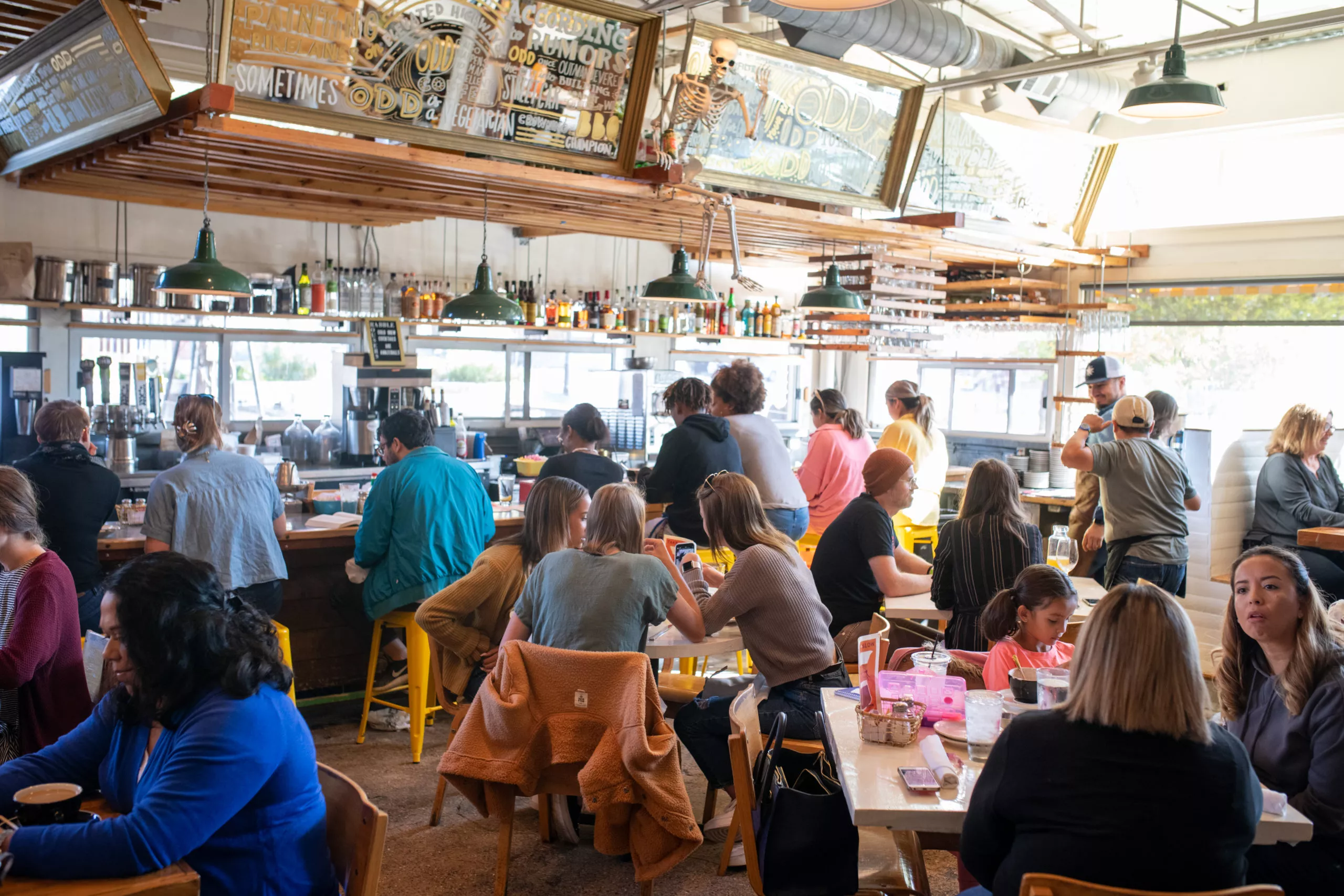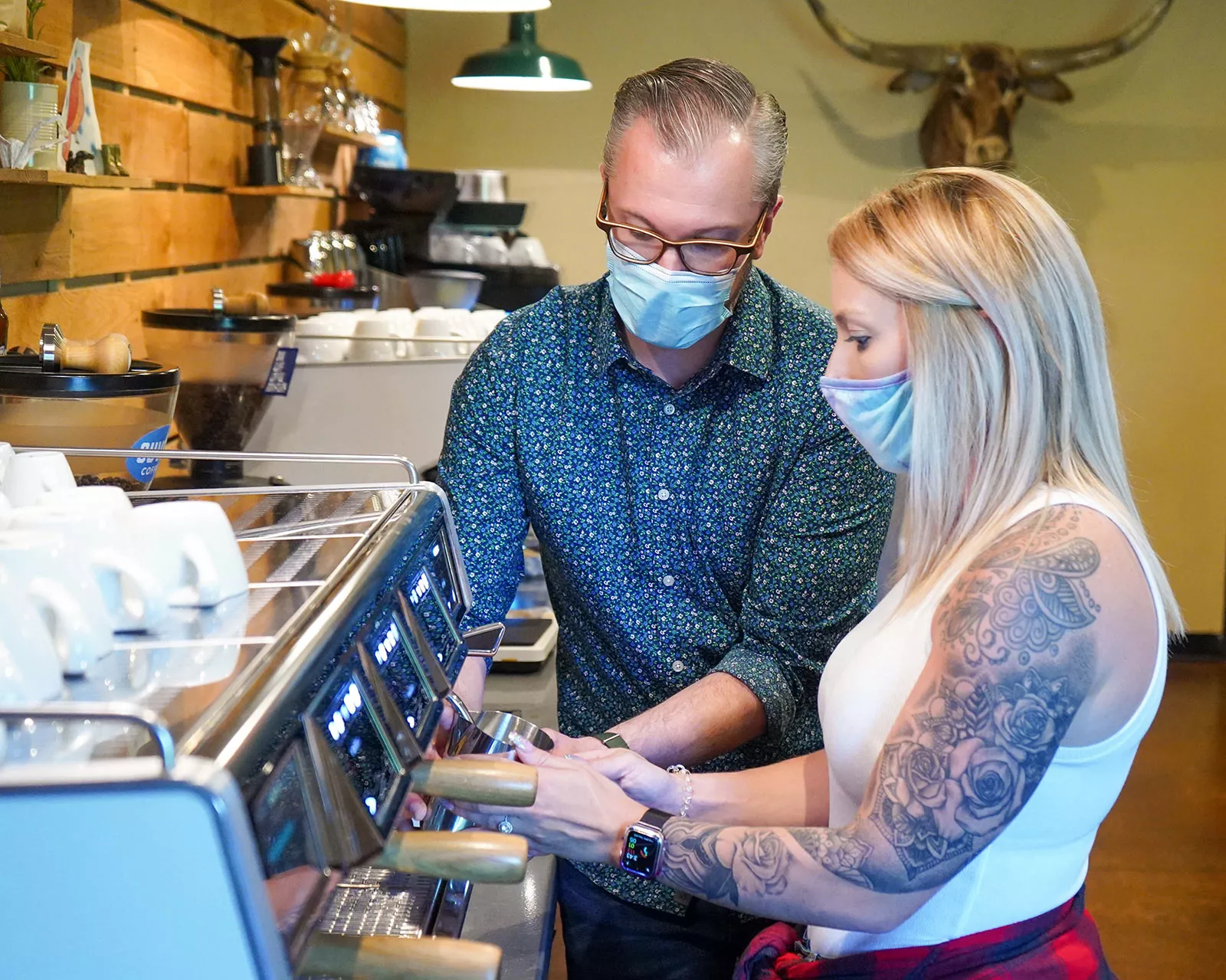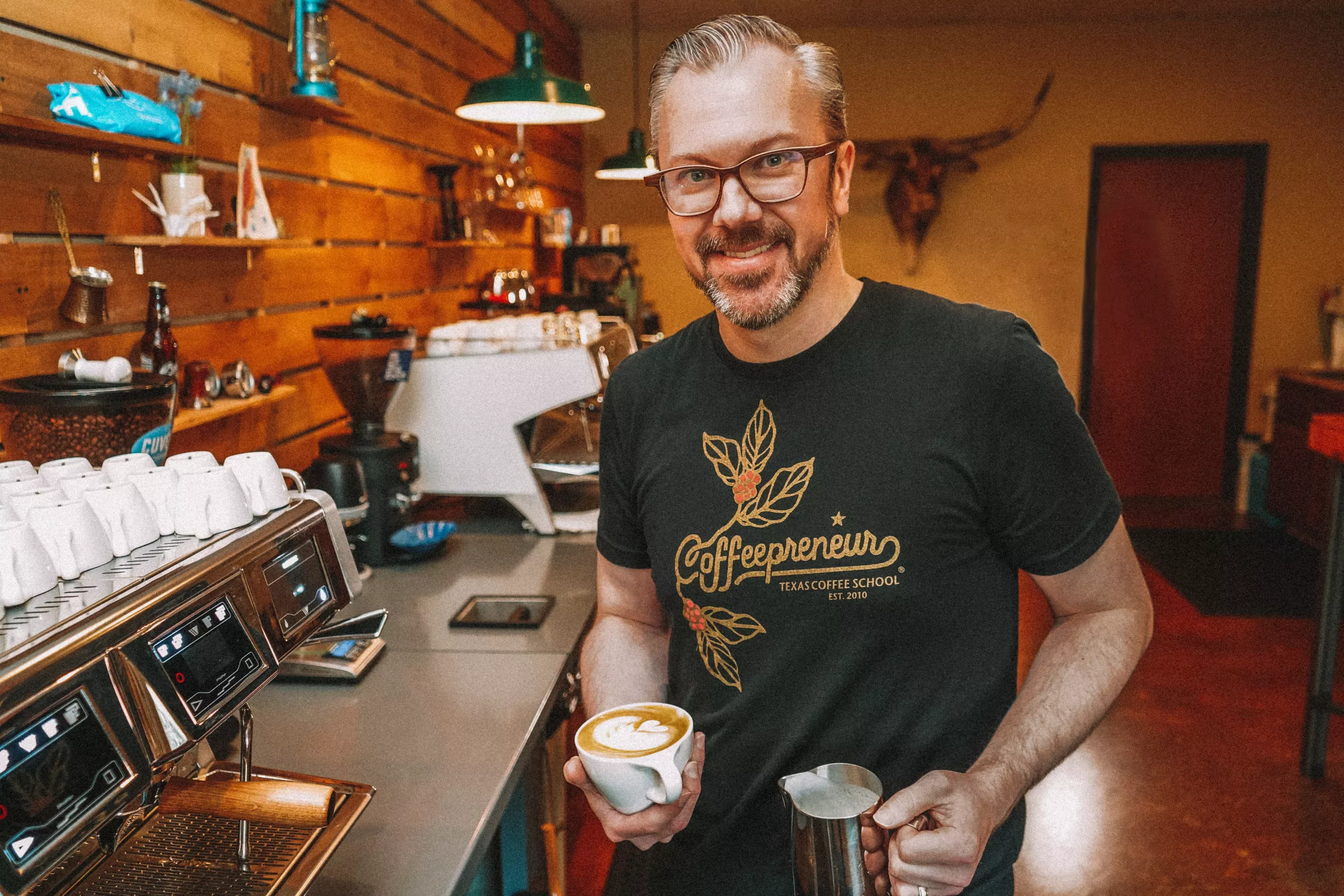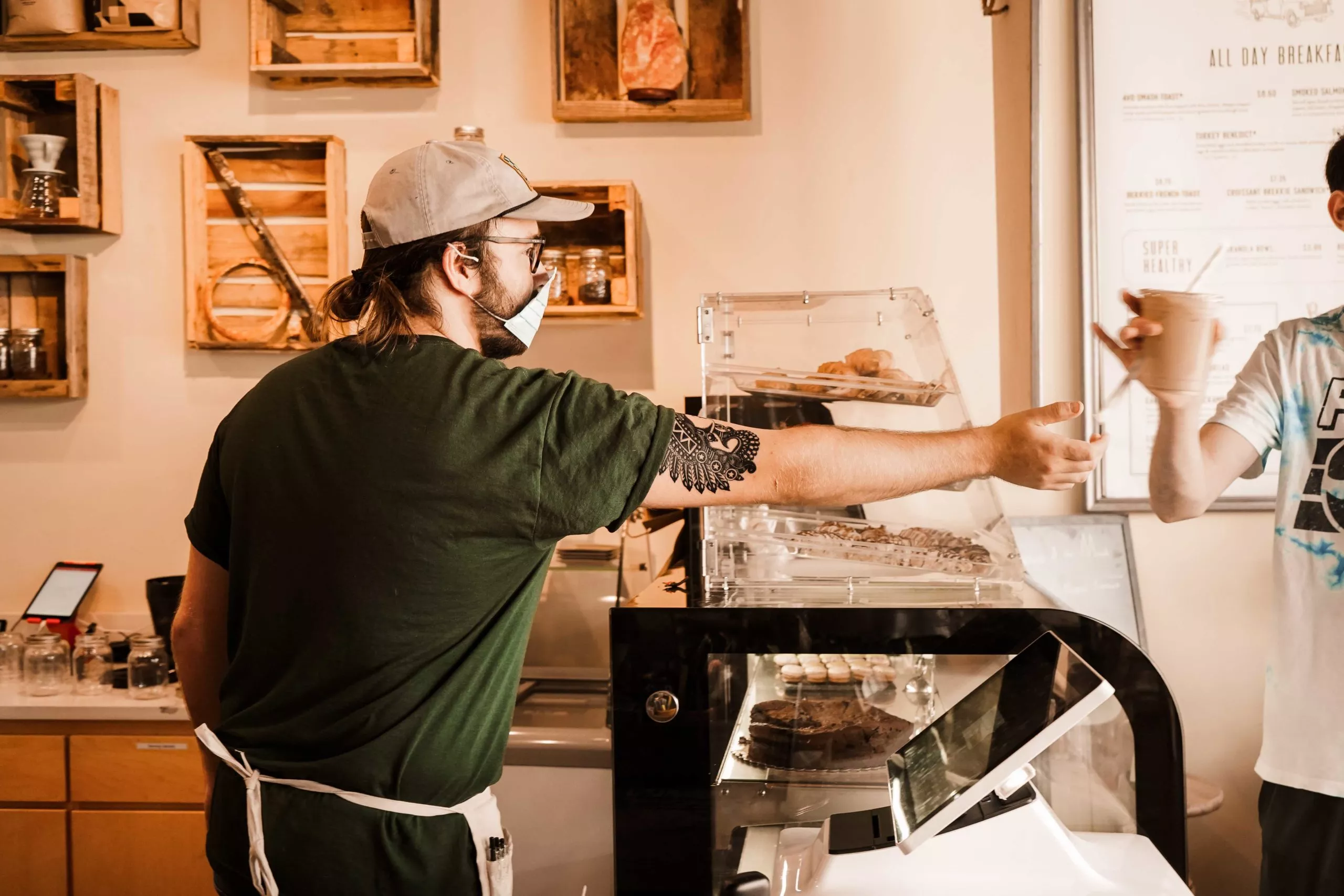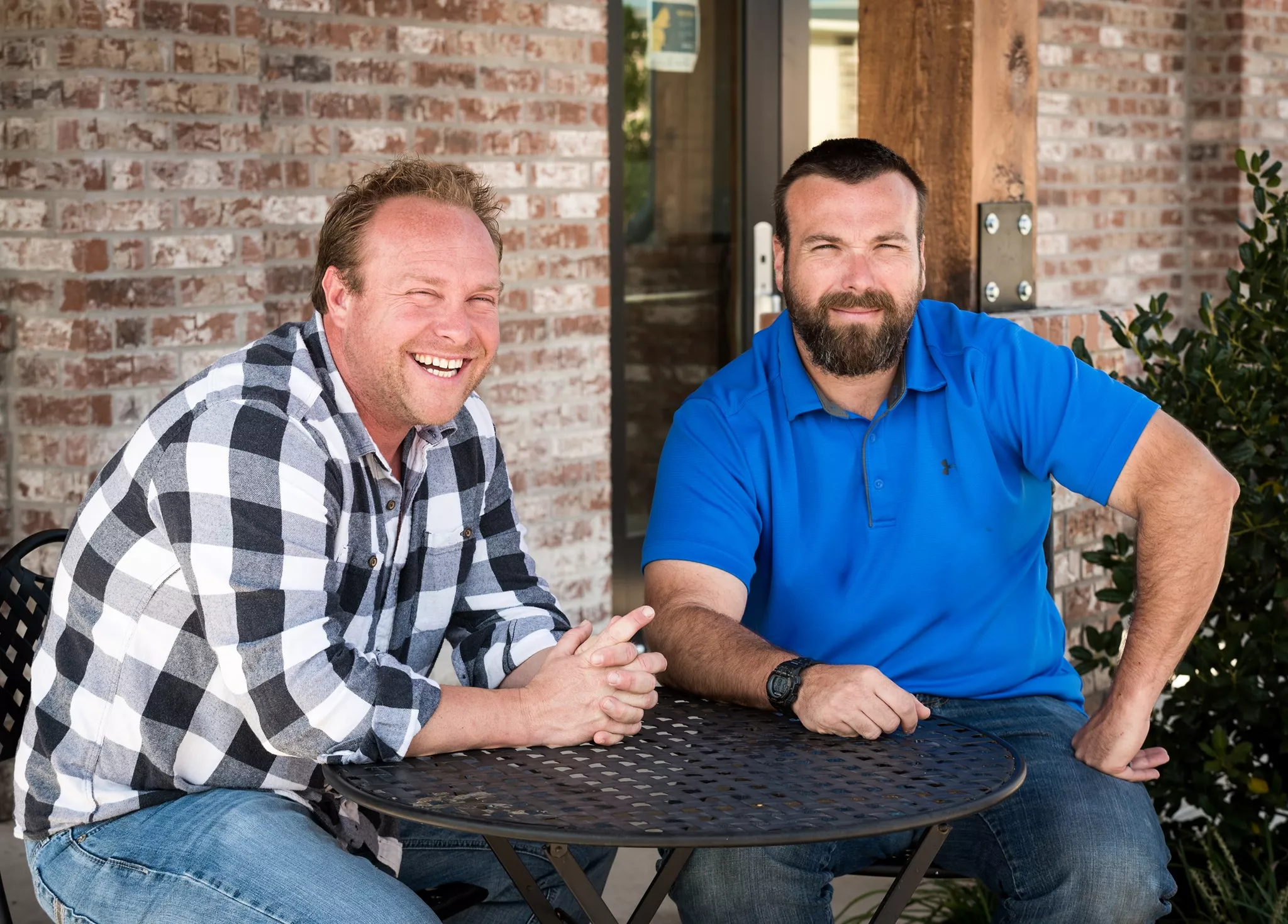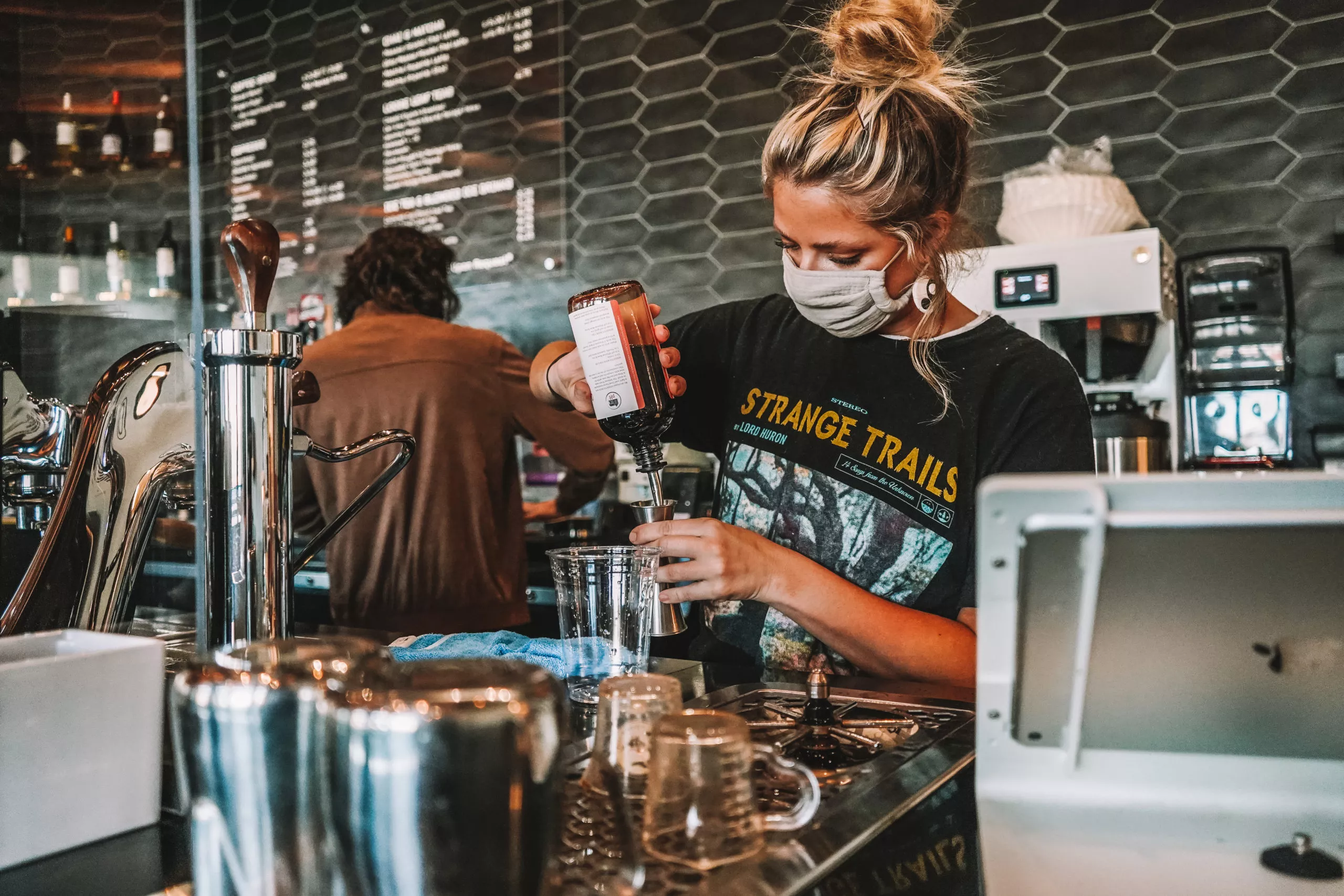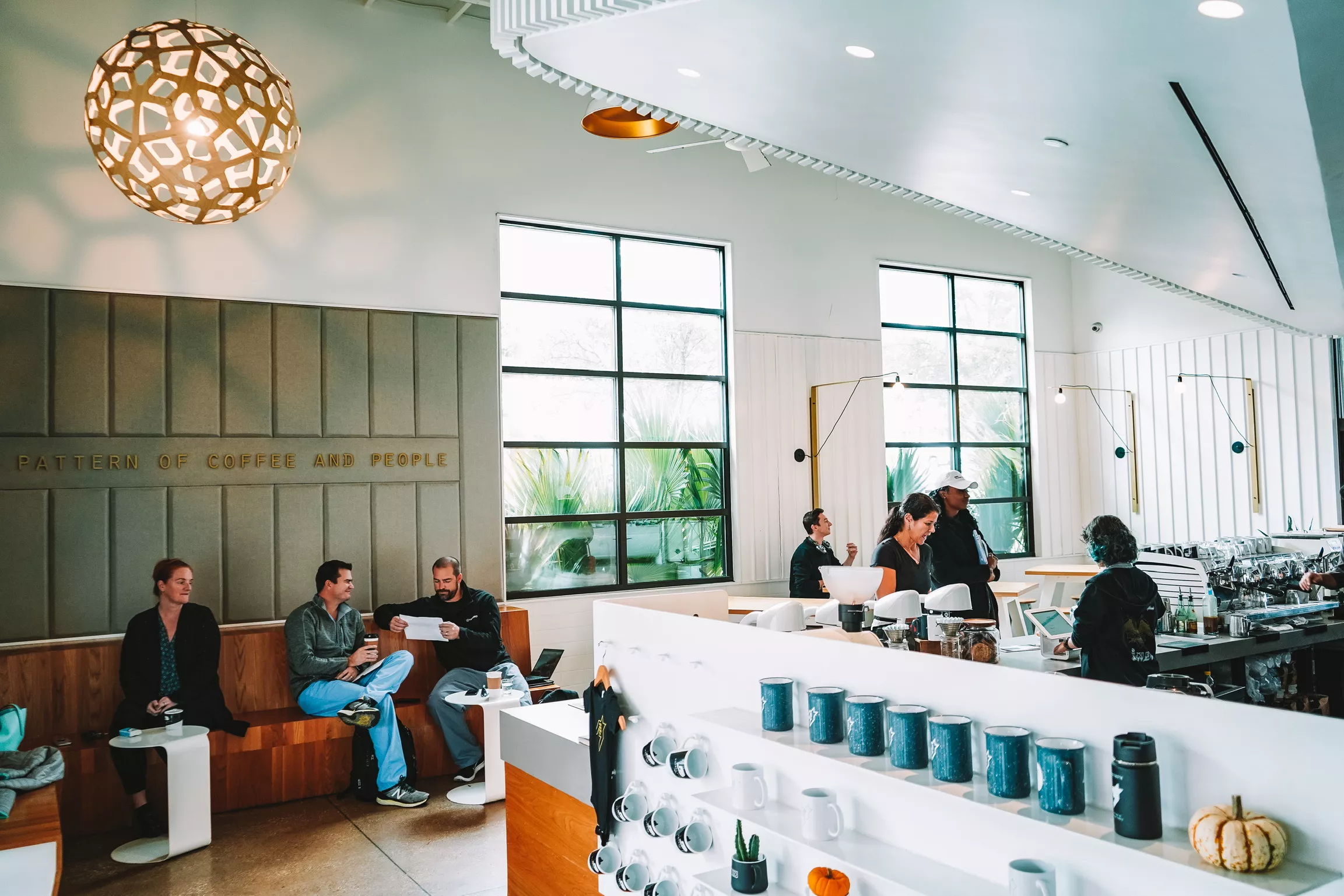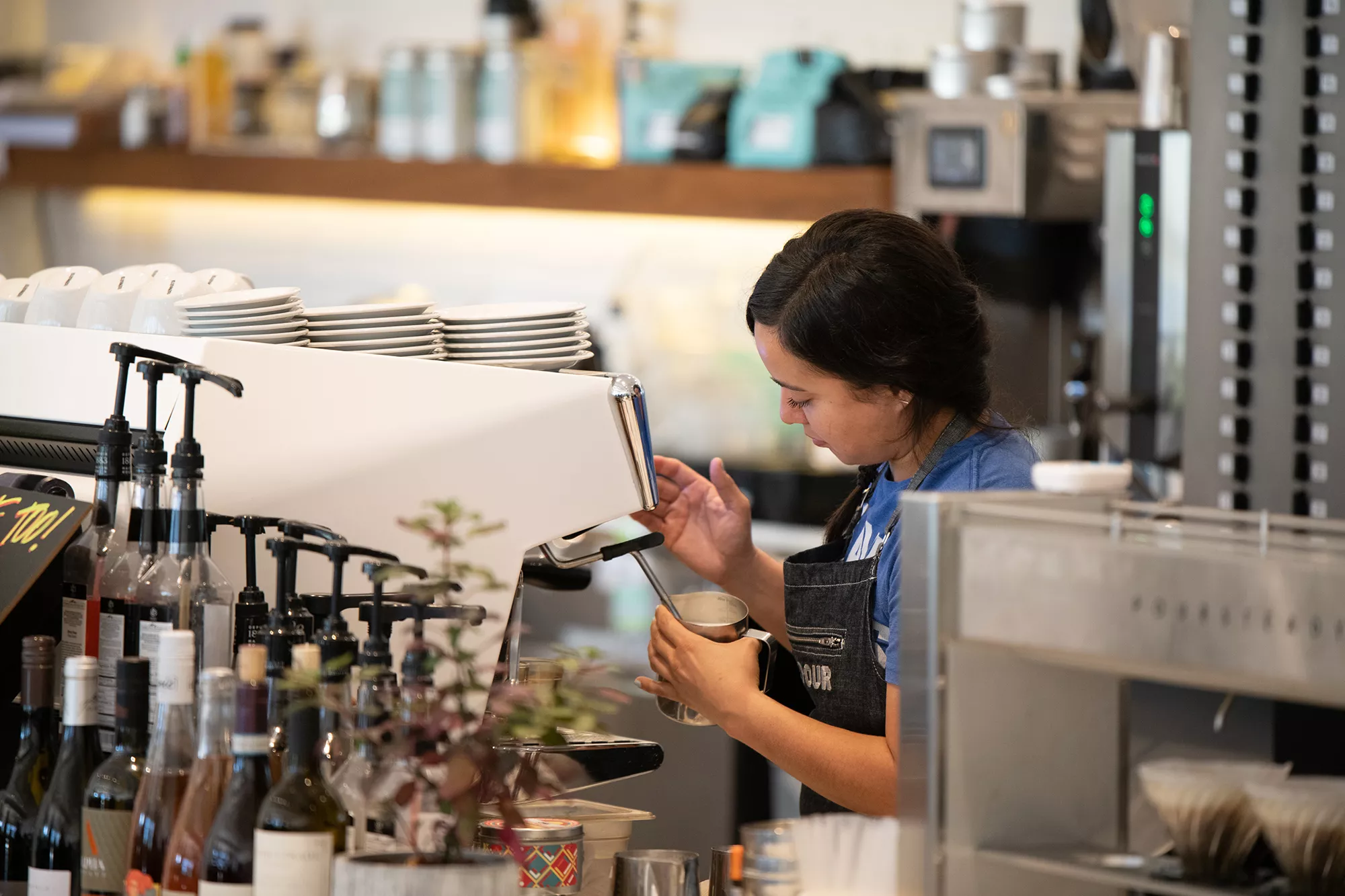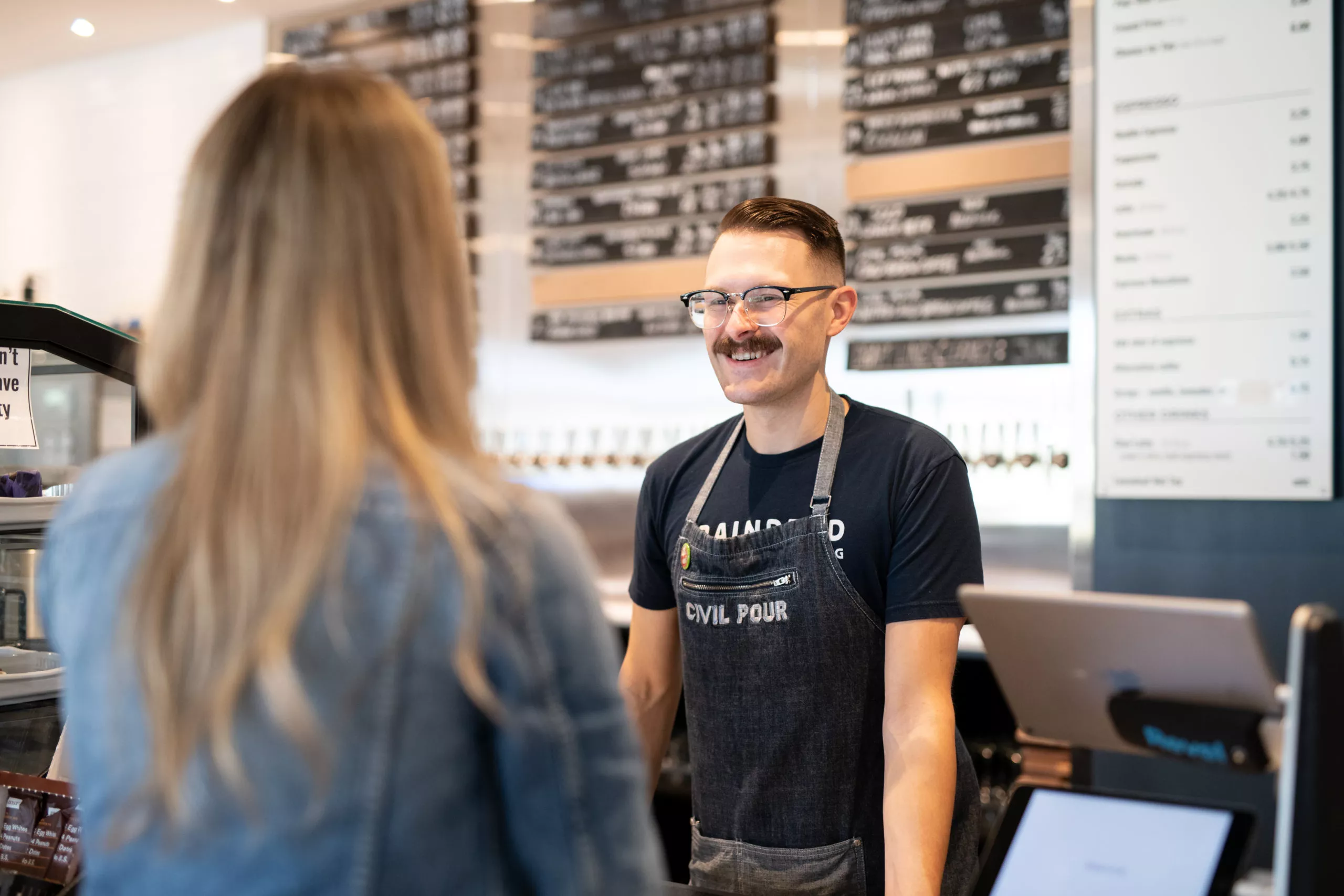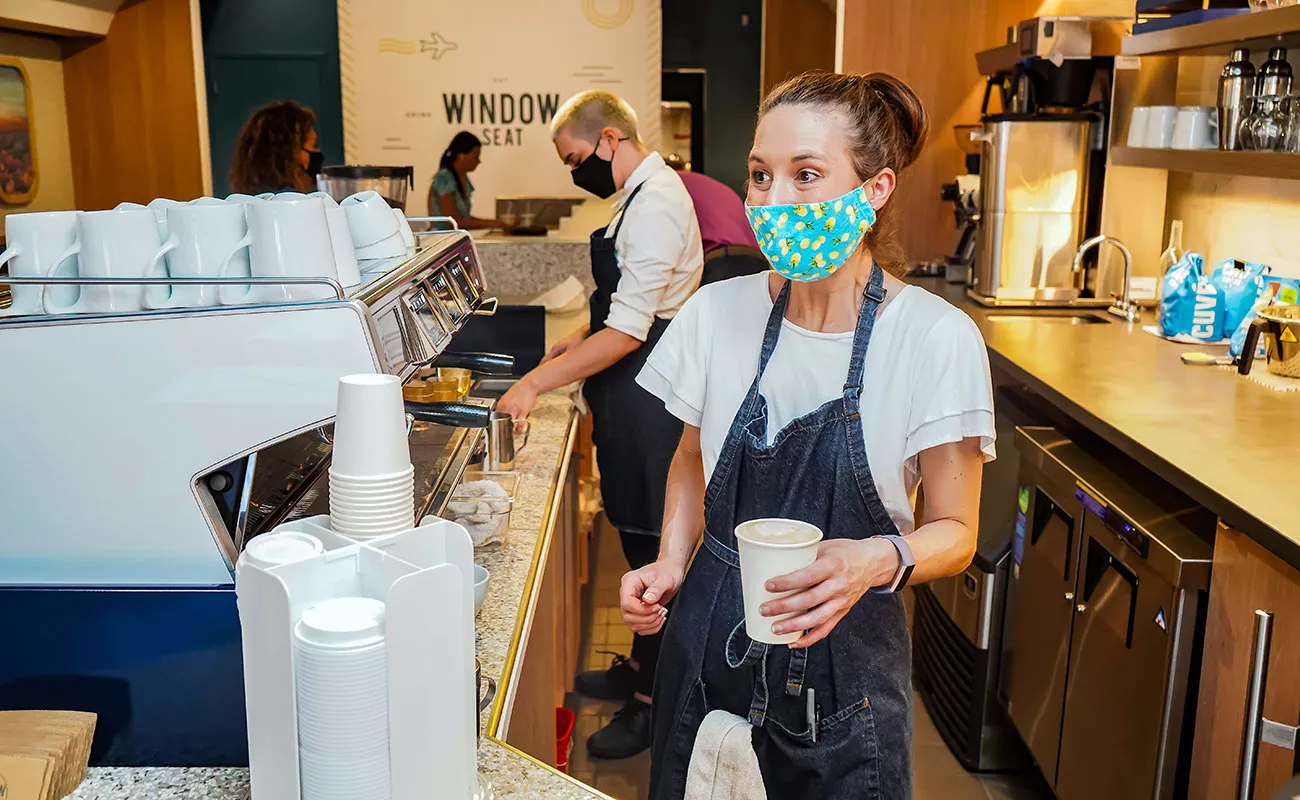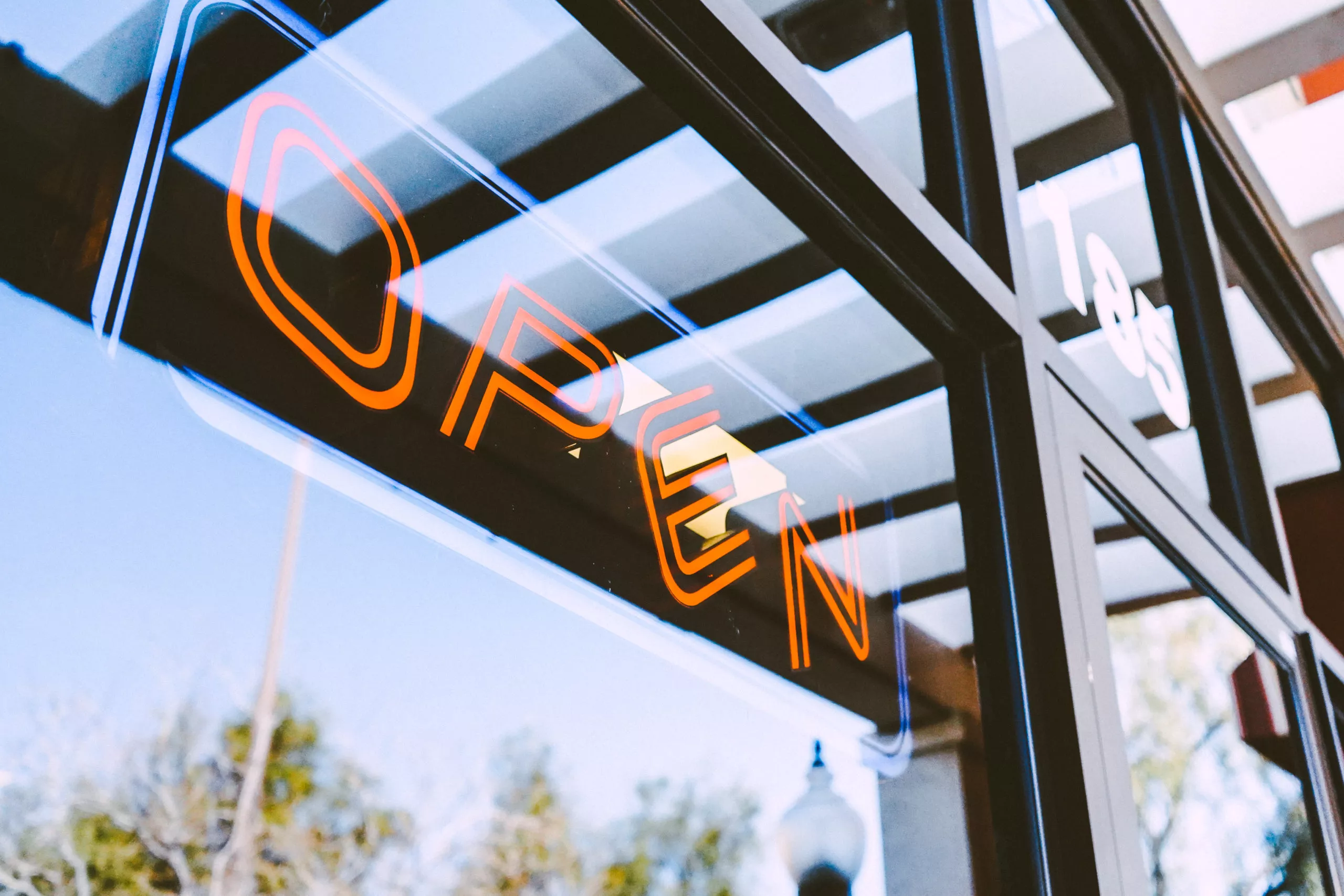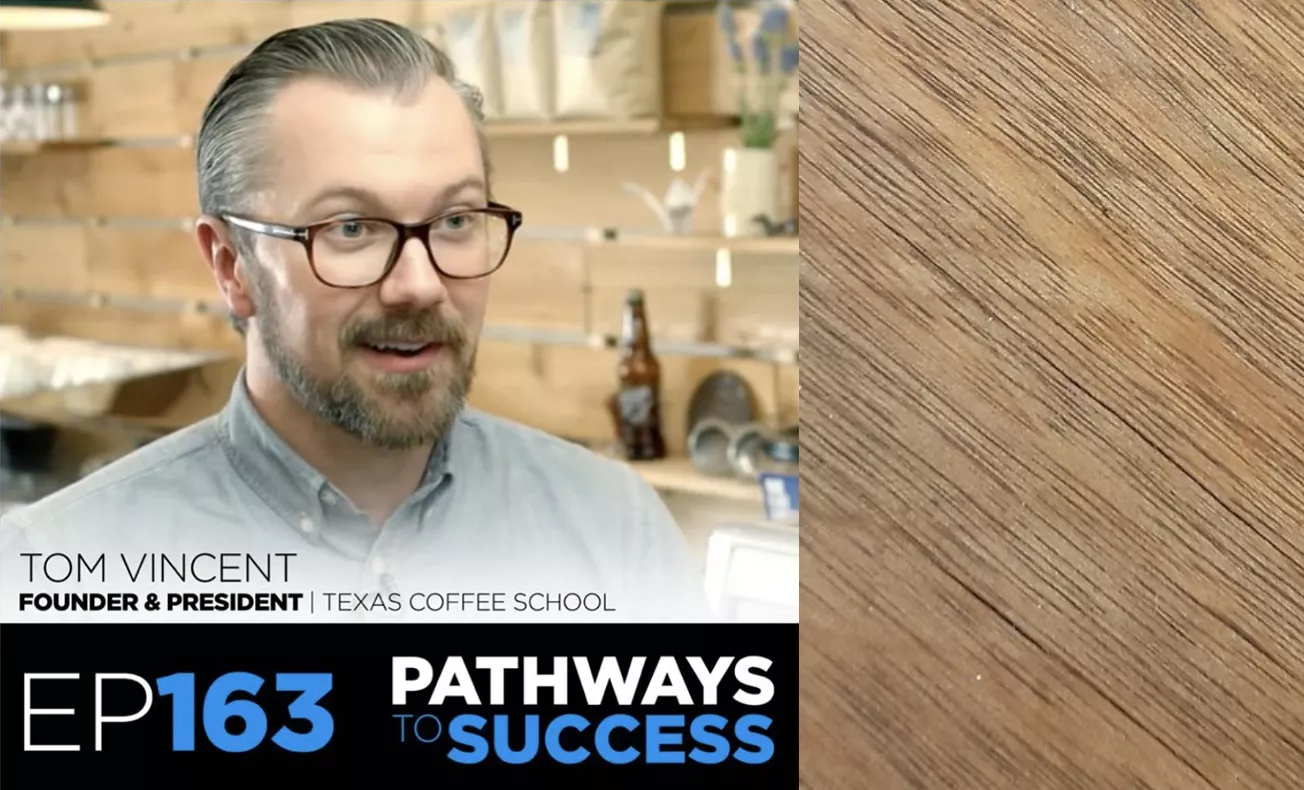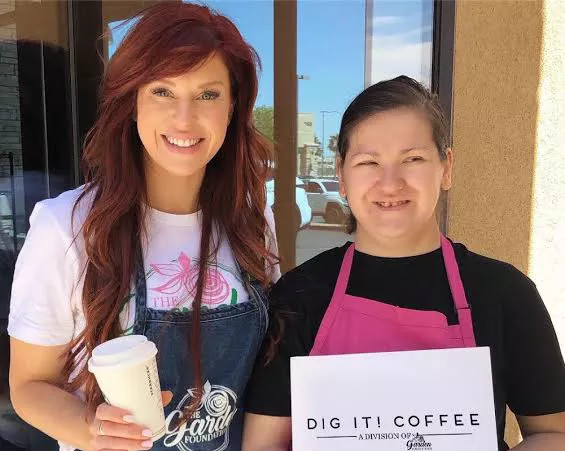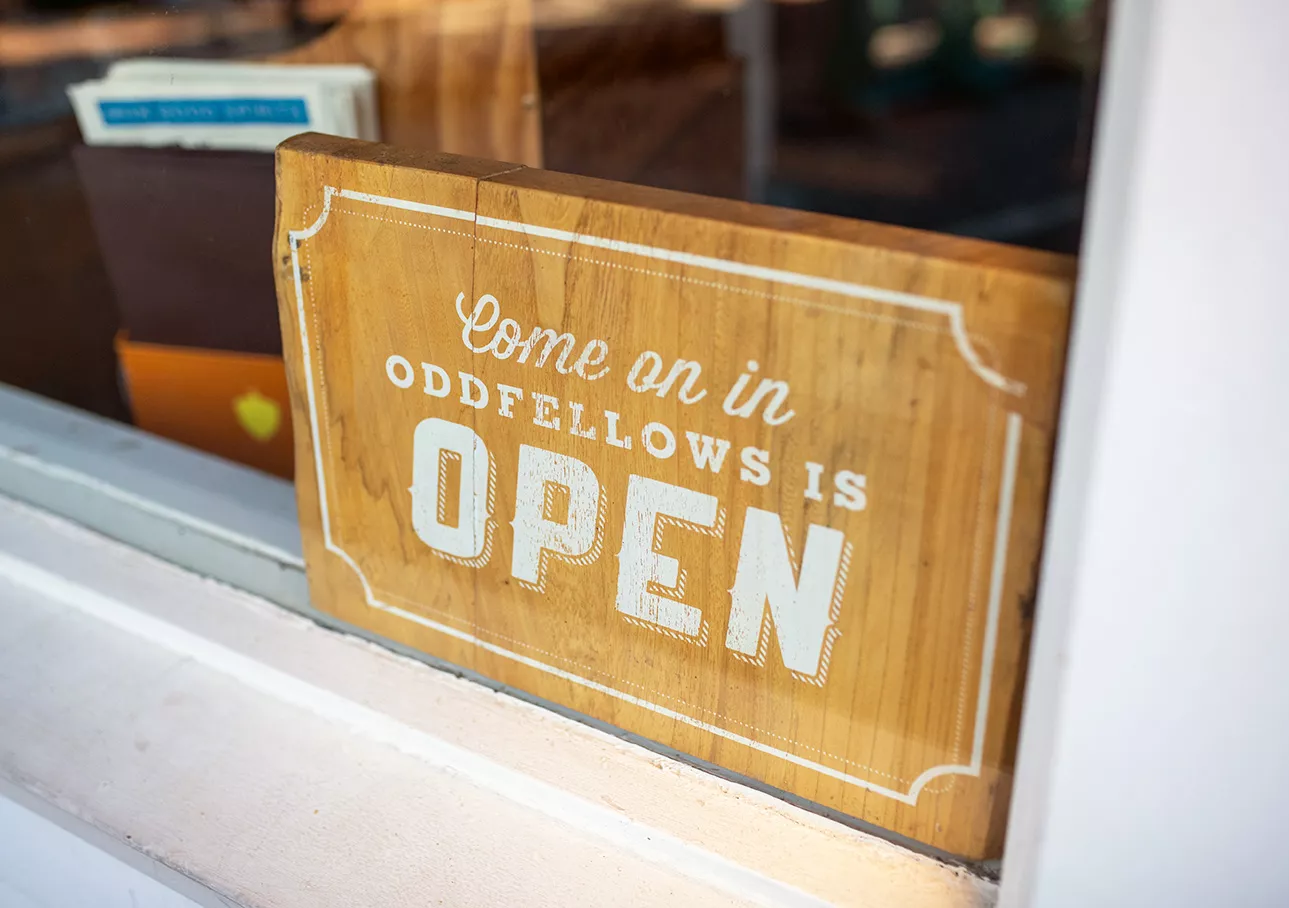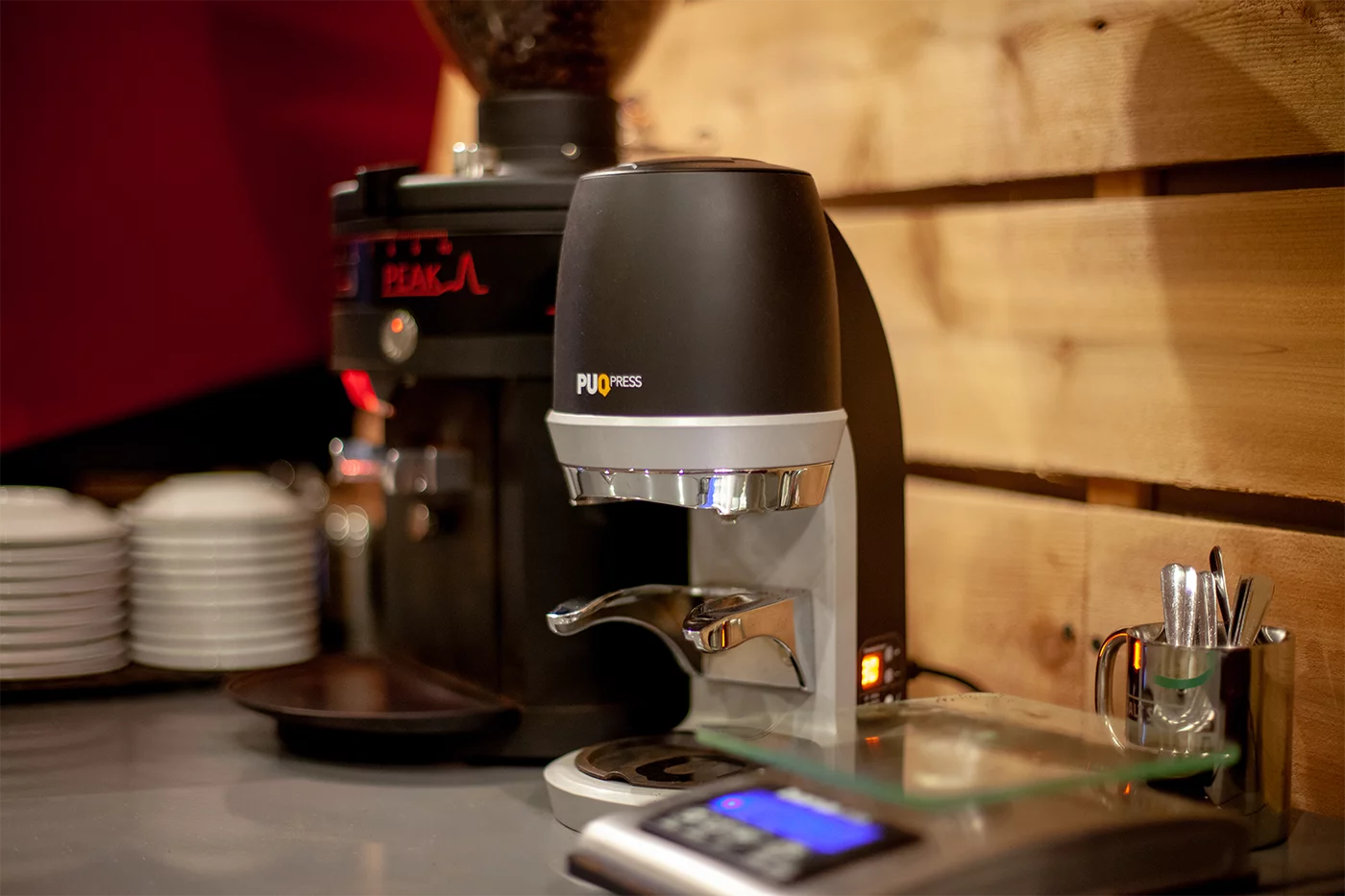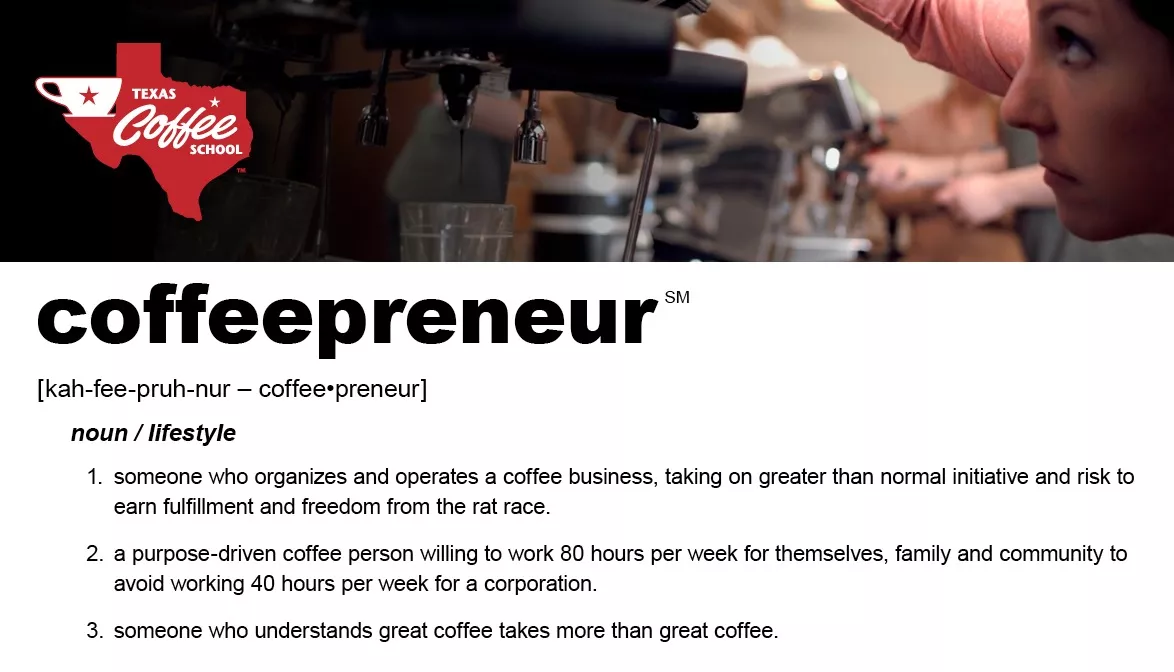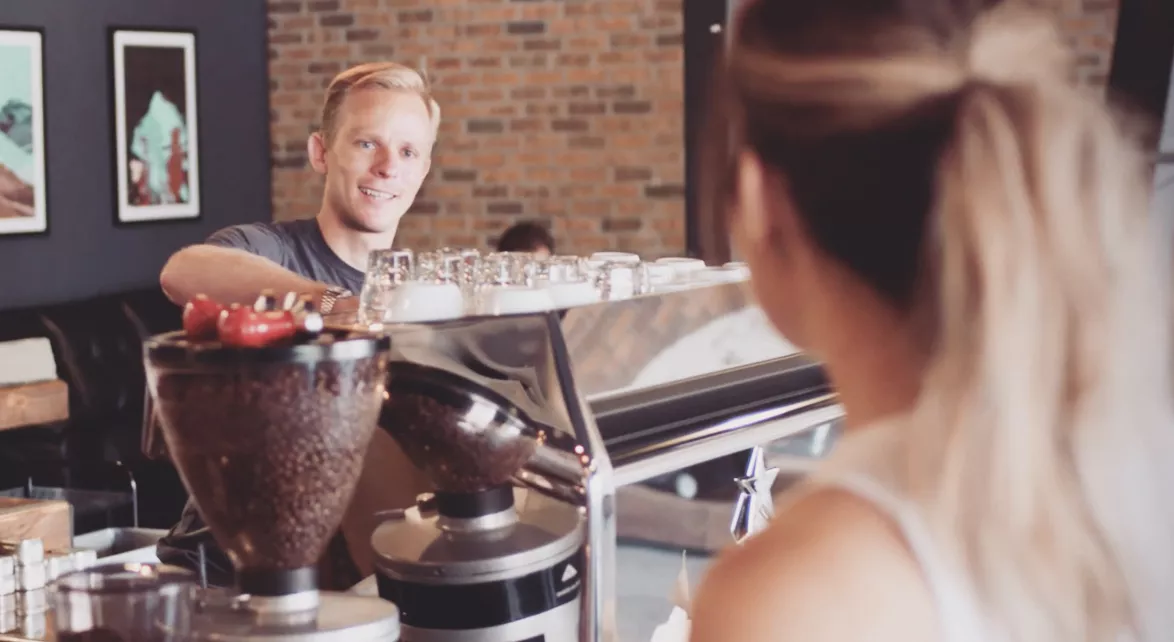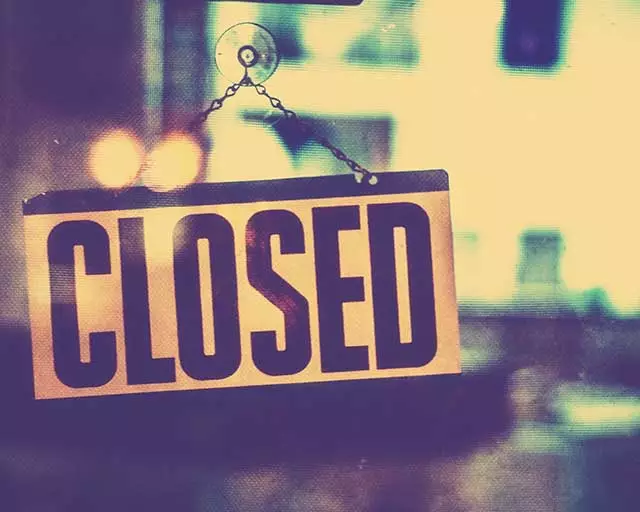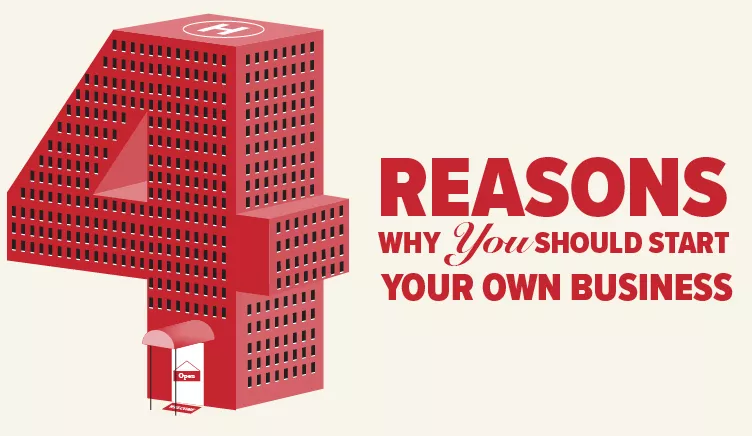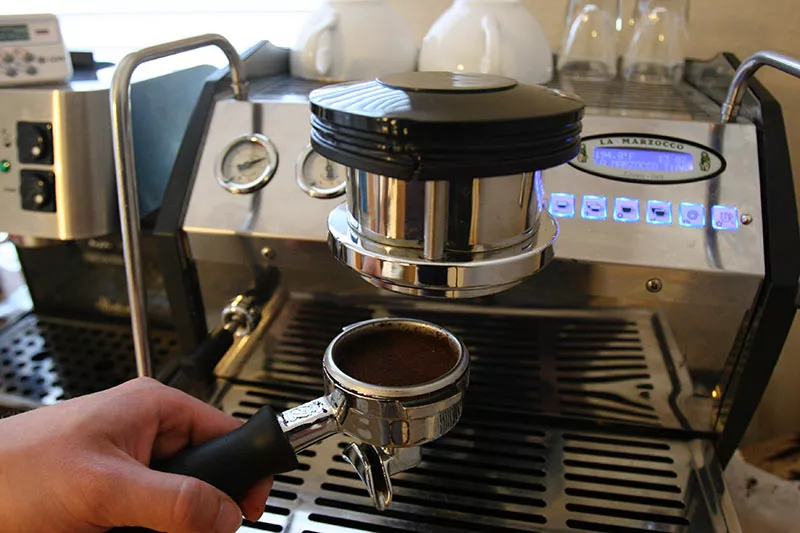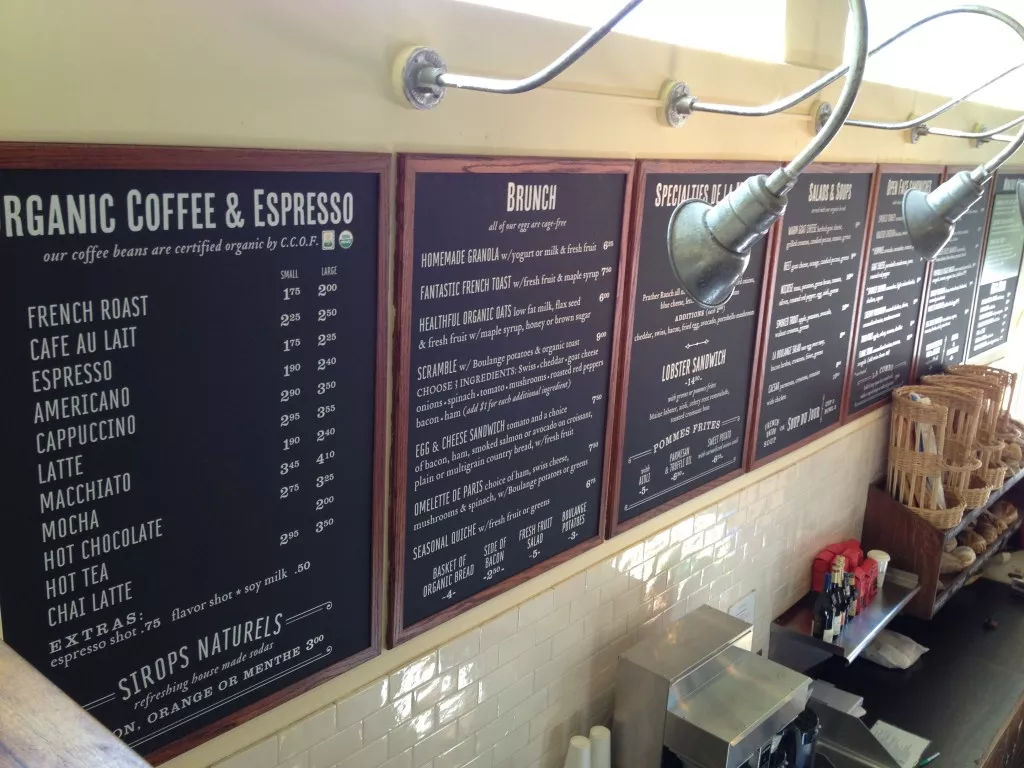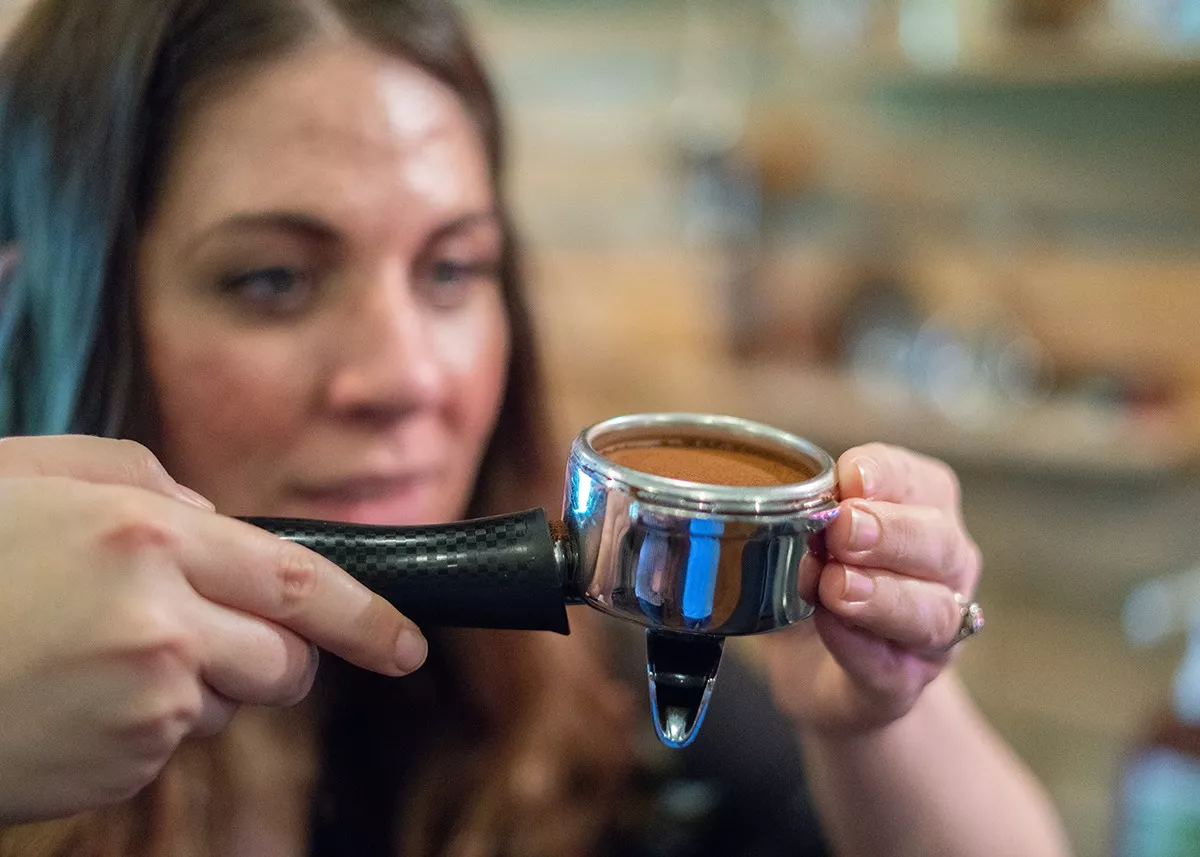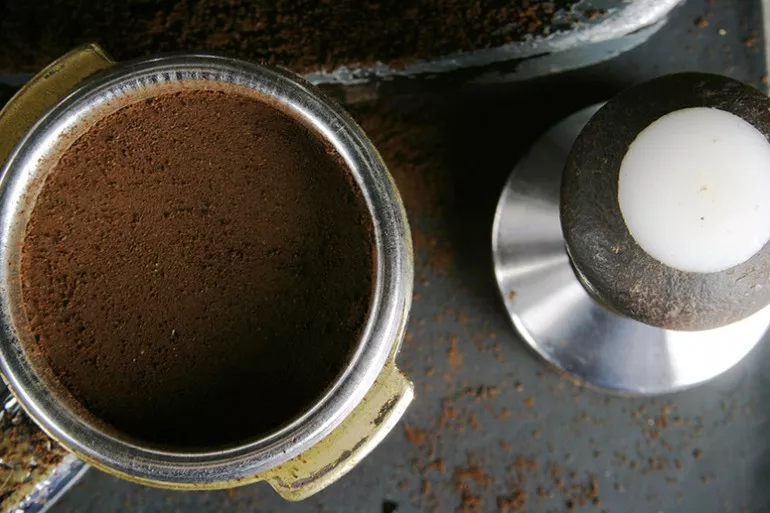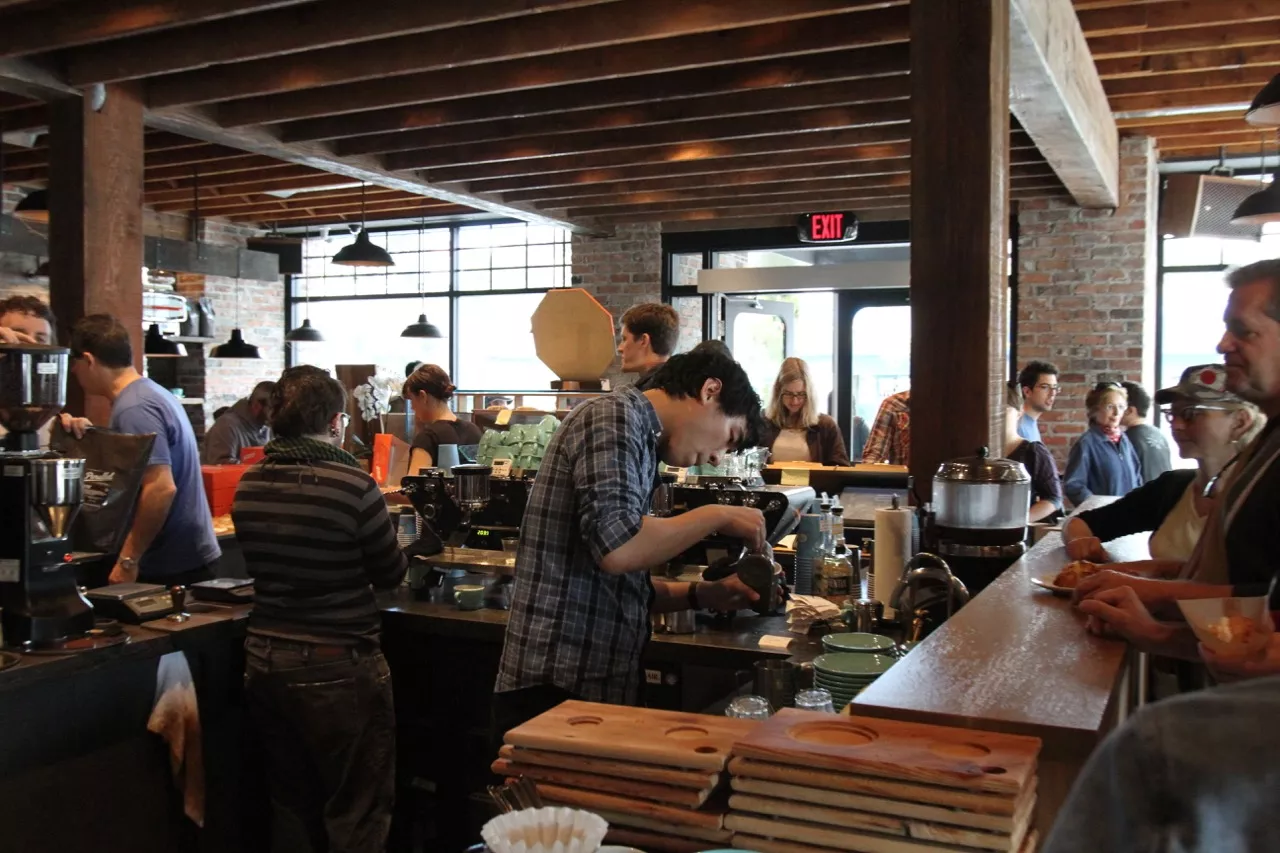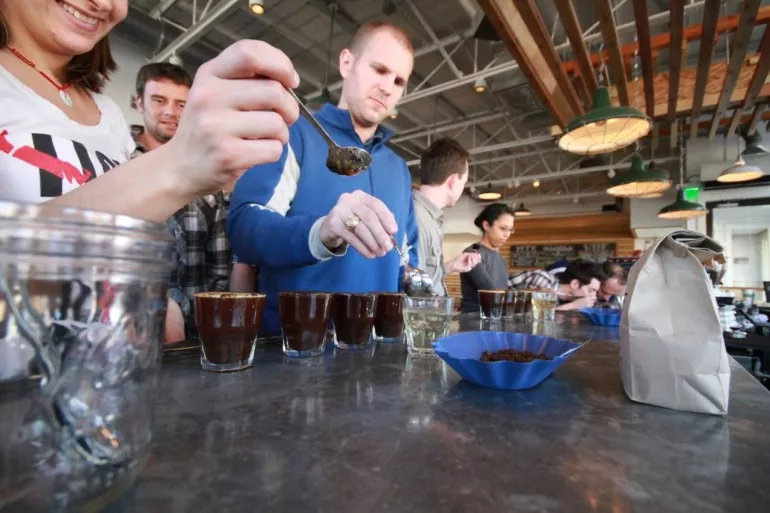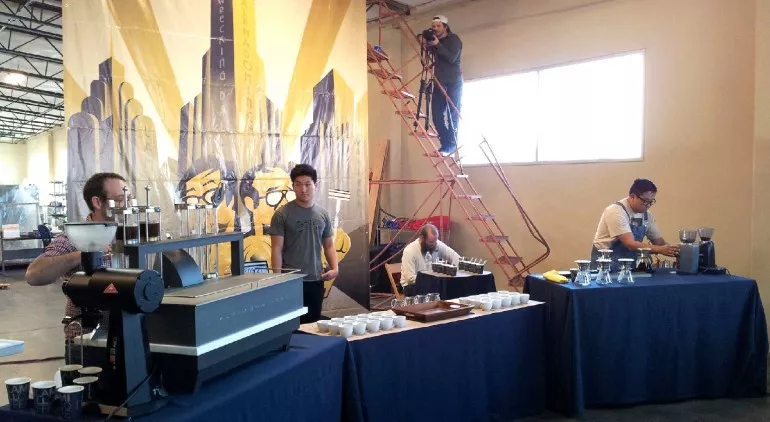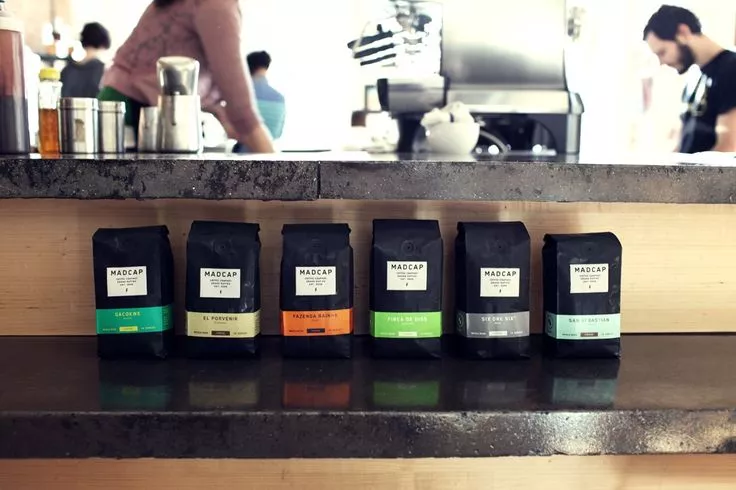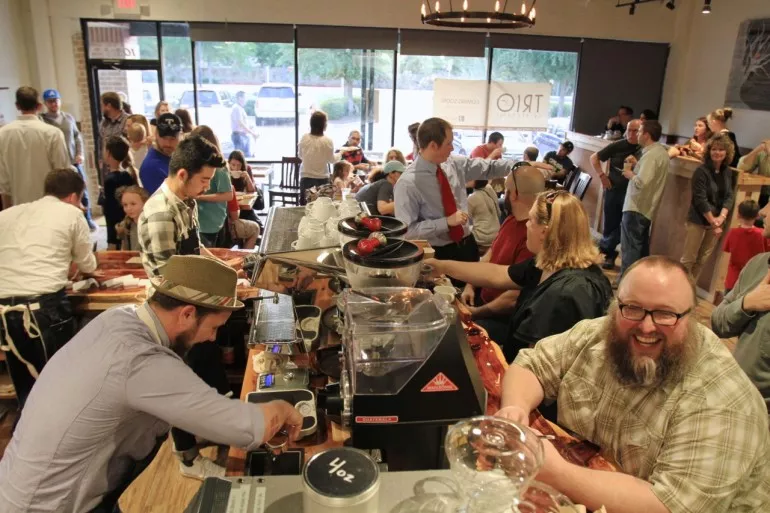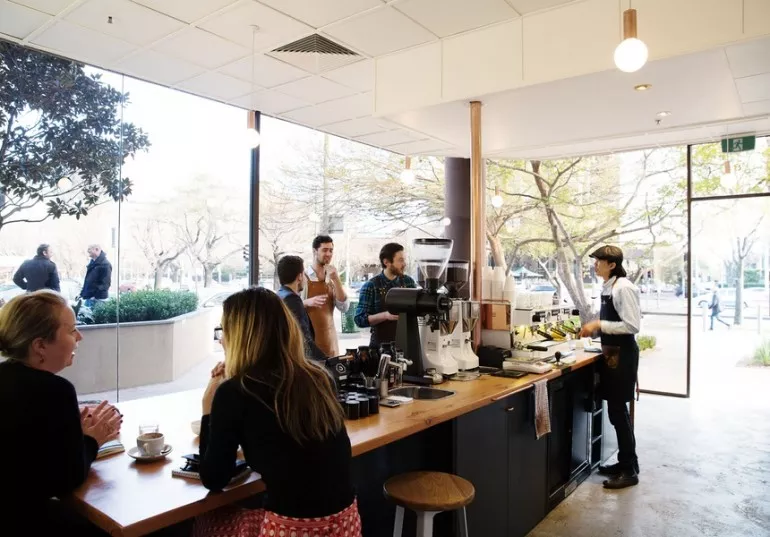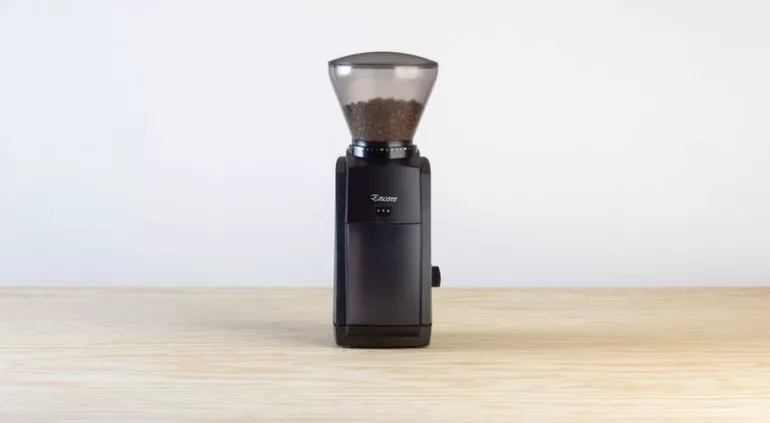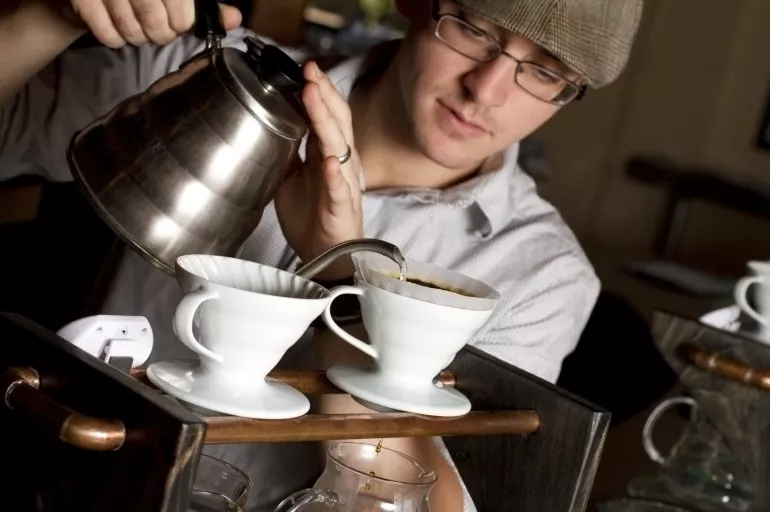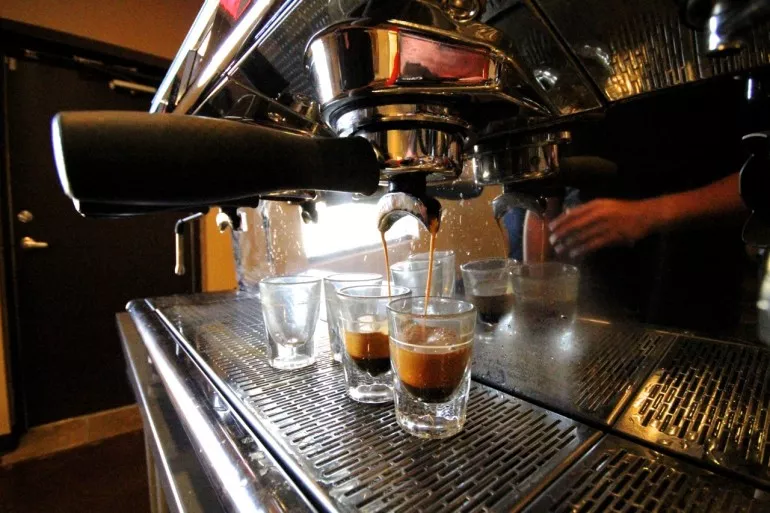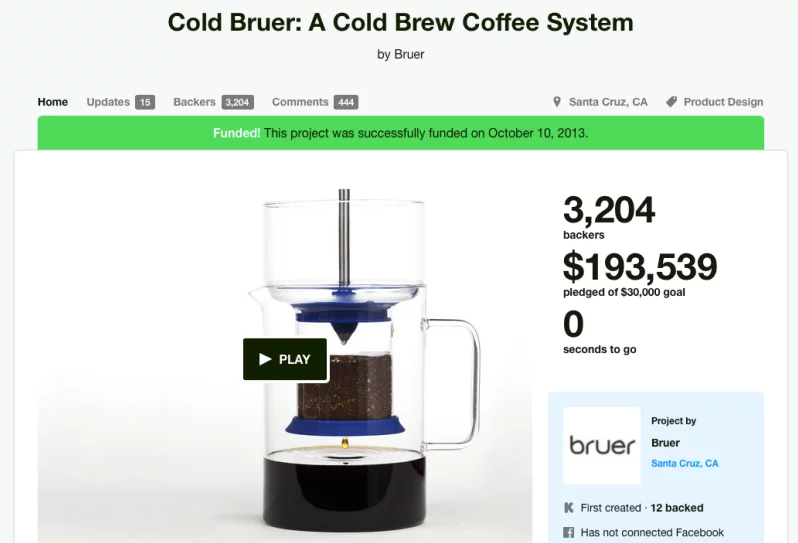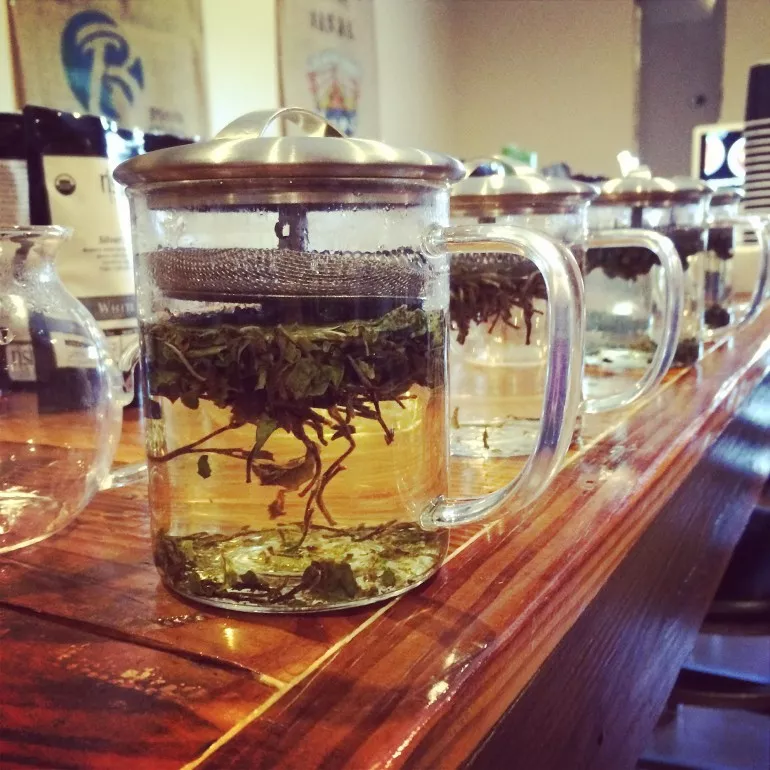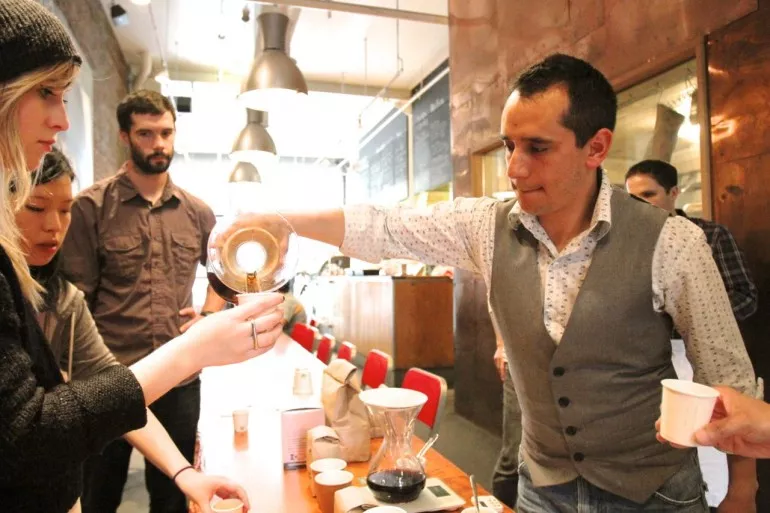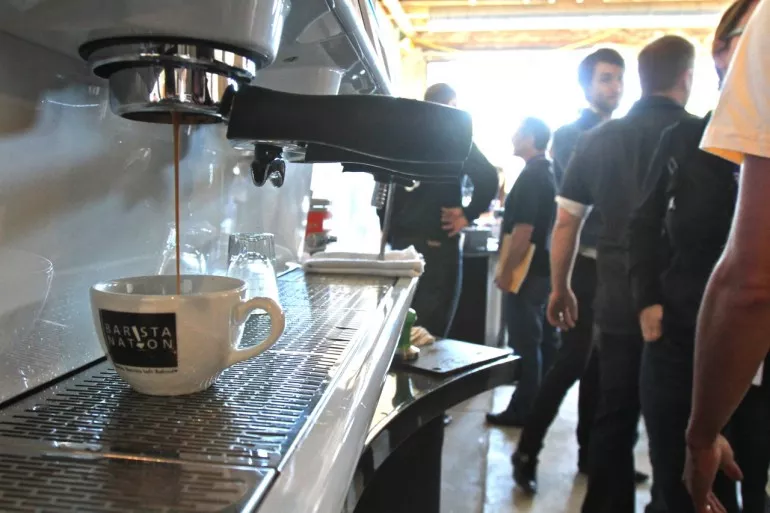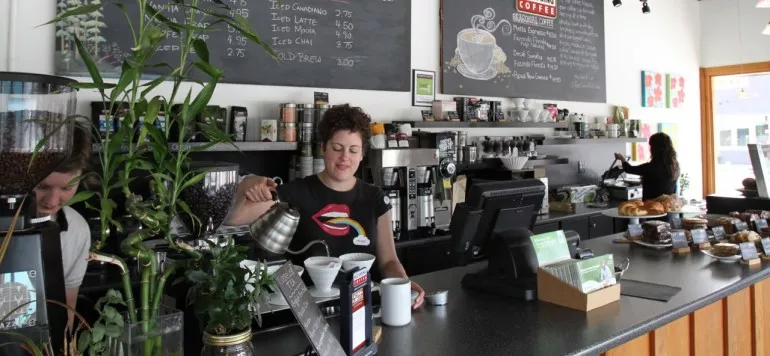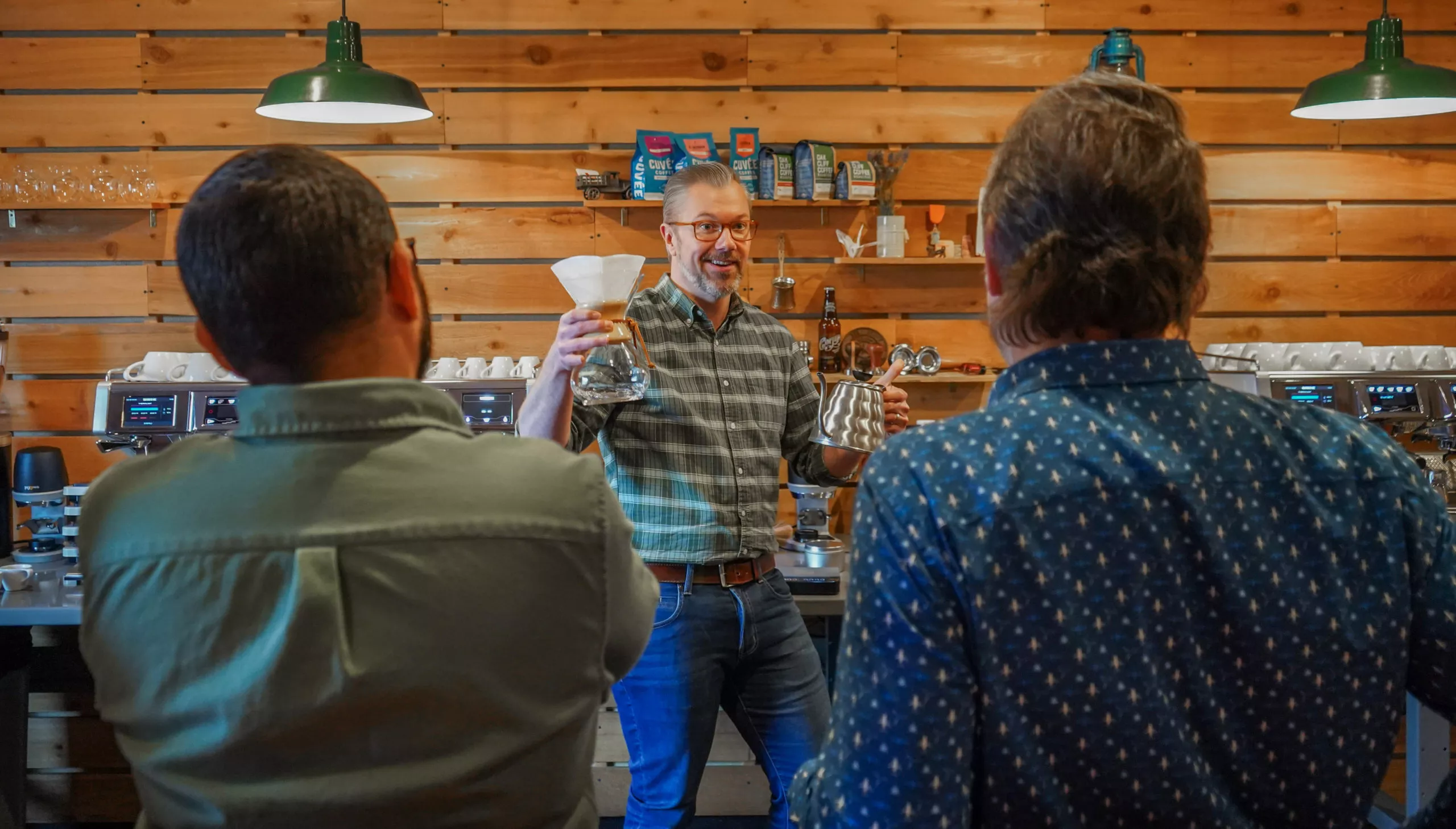
Step-by-Step Guide: How to Start a Coffee Shop
How to Start a Coffee Shop, Step-by-Step
So, you want to start a coffee shop? You’ve come to the right place, where we teach Coffeepreneurs® like you the steps to bring a coffee shop dream into reality. Learn how to develop a business concept, research locations, buildout the cafe, and train baristas for success. Armed with the tools you need from Texas Coffee School, your coffee shop will grow into a profitable and rewarding endeavor.
Get hands on guidance to starting your coffee shop in our classroom.
Register for our 3-Day Coffee Business Master Class®!
10 Steps to Start a Coffee Shop:
Our step-by-step roadmap will guide you through the process of opening a coffee shop. You’ll learn how to:
- Start with a Plan
- Make Your Business Official
- Find the Right Location for Your Coffee Shop
- Develop Your Menu
- Design Your Store Layout
- Create a Financial Plan
- Build Out Your Coffee Shop
- Create a Marketing Strategy for Your Coffee Shop
- Hire and Train Employees
- Open Your Coffee Shop
Let’s begin!
1. Start with a Plan
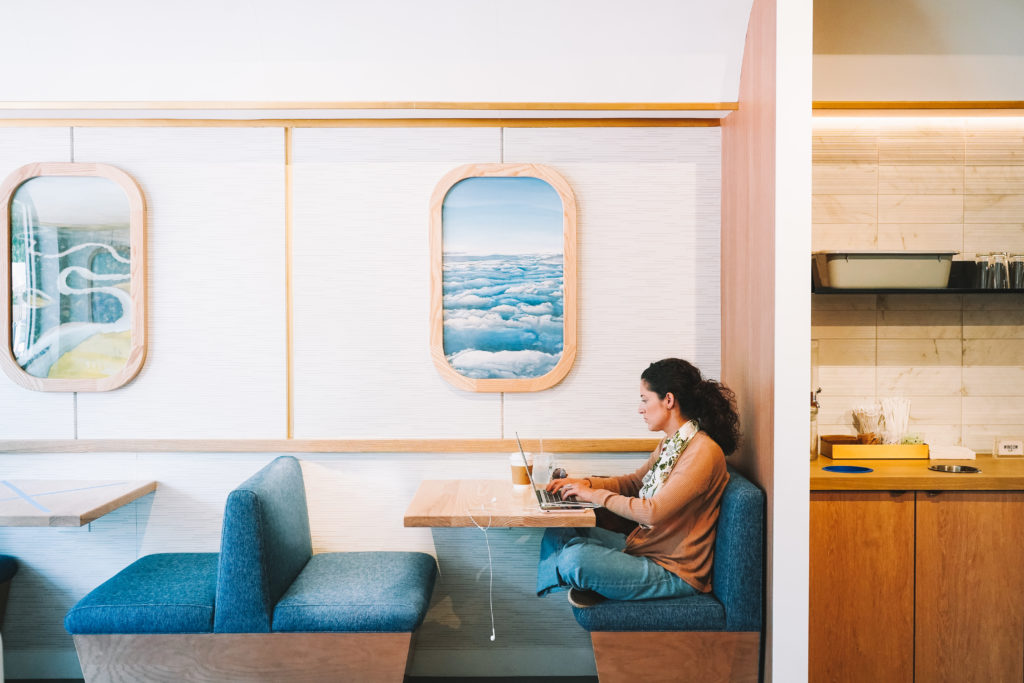
There should be two planning components for your coffee shop:
- Creating a unique business concept and
- Writing a business plan
Creating a sound business concept is imperative for building a solid brand and connecting with your customers. Follow the lead of hundreds of successful coffee shops, by creating a unique business concept catered to a specific customer.
At Texas Coffee School, we aren’t in the business of teaching students how to imitate other businesses. We encourage our students to offer a one-of-a-kind customer experience. Ask yourself:
Why should this coffee shop exist?
What are you passionate about?
Who shares this passion?
What can I offer this group that no one else is offering?
Your target audience is a group of people who identify with your belief system and core values. You will build your marketing, menu, prices, location, aesthetic, and other elements of the business concept with this audience in mind.
Once you’ve honed in on your concept, you can write your business plan. This is an essential document if you seek financing or outside investment in your coffee shop business. It doesn’t have to be difficult–you just need to know what the lenders and investors are looking for. We share more about how to write a coffee shop business plan here.
2. Make Your Business Official
To legalize your business entity, seek advice from an accountant and a lawyer. Your accountant can advise on the best structure for tax purposes, while your lawyer can advise how to best protect your assets from liability. You can also ask your attorney or accountant to fill out your federal paperwork to establish your EIN number and state paperwork of entity formation. Finally, get advice from an insurance broker on which types of policies they recommend for your specific situation.
3. Find the Right Location for Your Coffee Shop
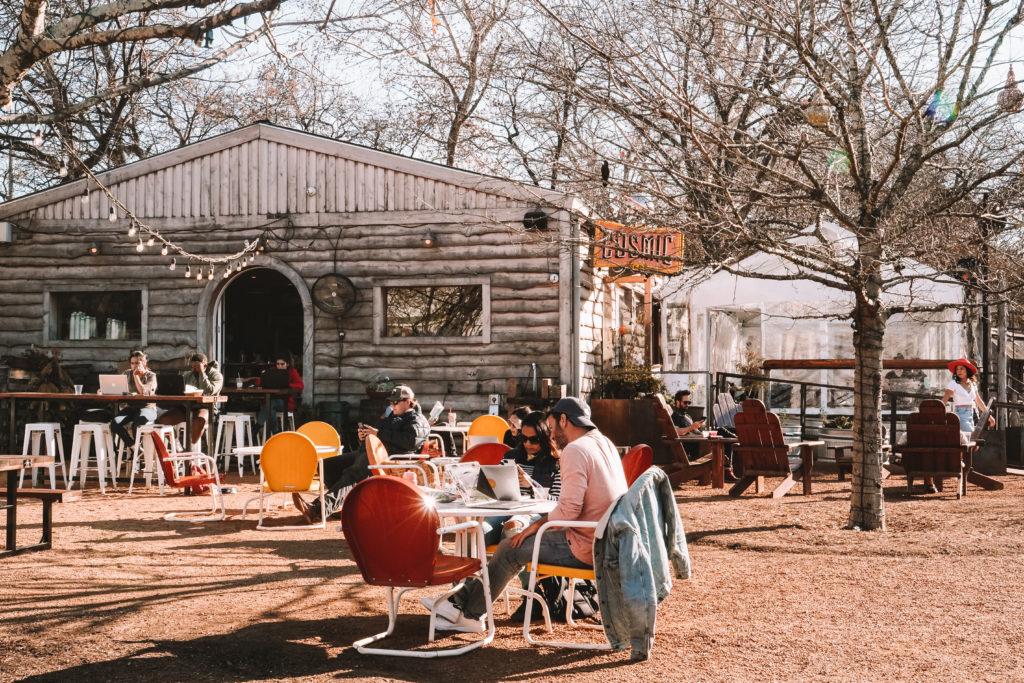
Choosing the right location to start a coffee shop is a strategic decision that will impact the success or failure of the business. Don’t risk making a bad location selection based on surface-level research or a gut feeling. You can put a coffee shop at the busiest intersection in town, but you might have a room full of empty tables if the right people aren’t driving by. Successful cafe entrepreneurship means choosing the right location based on the following factors:
- Local traffic patterns. What businesses are nearby? Is there proximity to schools, apartment complexes, or hair salons? What times of day are people walking or driving by?
- Types of customers who visit nearby businesses or pass by. Are they part of your target demographic? Will they walk or drive? Is there enough parking for them?
- Square footage, average projected transaction, cost of the space, and build-out expenses.
These factors can help you calculate a locations’s earning potential.
We provide our students detailed information on calculating the earning potential of a location in our 3-Day Coffee Business Master Class®.
4. Develop Your Menu
Your menu can help determine what goods and equipment you’ll need to purchase as well as the vendors you plan to work with. Your menu a key component of your business concept. The food and drink products you sell have to be specifically catered to your target audience (not imitated from the coffee shop across town.) Effective menu pricing is how you drive profit and revenue. Some key tips to menu development:
- Many coffee shops charge based on what they think a customer will pay for an item or what other coffee shops charge. But the prices on your menu should not be arbitrary! Instead, price menu items based on what they cost you to buy (Cost of Goods).
- Keep in mind that too many menu options can stifle your coffee shop’s success.
- Examine your costs and consider your shop’s authentic experience (beyond just a beverage). You’ll have a viable menu that points to the right equipment and vendors.
- Think about workflow efficiency when planning your menu items. Favor menu items you can make faster with less time consuming steps to drive profitability. You should be able to get an order out every 40 seconds or less, especially in drive-thru coffee shops.
- Utilizing the same ingredients in creative ways across multiple menu items will help lower your waste, spoilage, shipping expenses, storage needs, and overall risk in the ingredients.
5. Design Your Coffee Shop Layout
Dreaming up a coffee shop design is one of the most anticipated steps in the opening process. It’s an opportunity to express your vision and bring your brand to life. But there are several coffee shop design rules to consider:
- Choose a location based on profitability, not aesthetic.
- Hire professionals throughout the process.
- Start with the menu.
- Design your coffee shop for function first.
- Create your coffee shop design with a customer in mind.
- Create a unique aesthetic.
These guidelines will ensure your design is both functional and profitable while staying true to your unique business concept.
Learn what you need to know about a coffee shop floor plan here.
Once you have a good idea of what floor plan you need, you can establish relationships with contractors and start getting bids to build out your coffee shop.
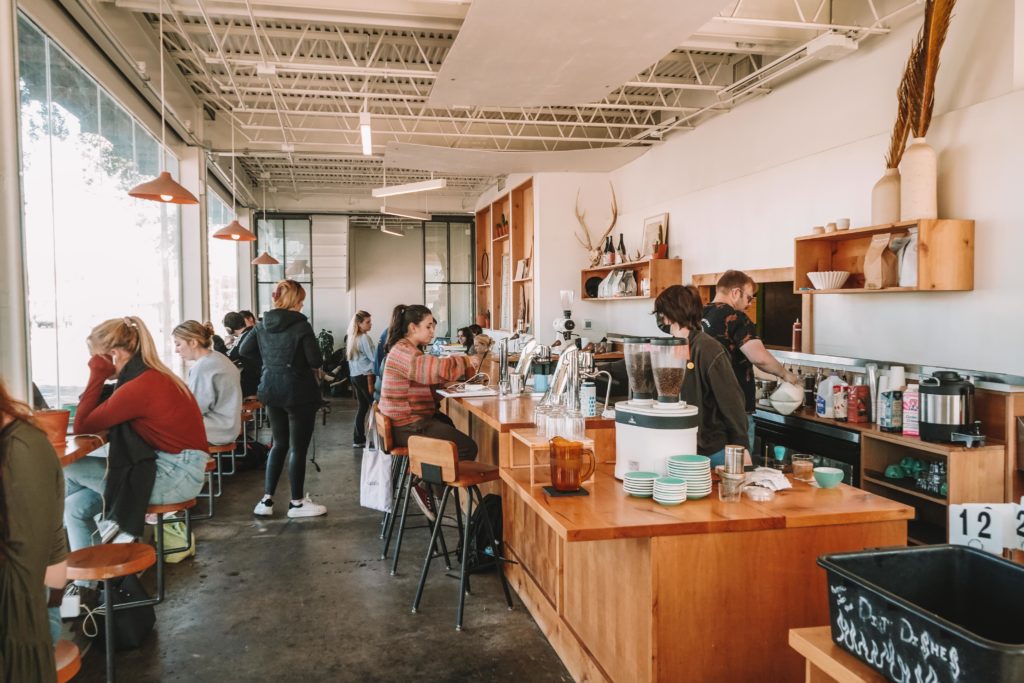
6. Create a Financial Plan
Starting a small business should never be a guessing game–you can plan for the financial success you need. We teach all our Coffeepreneurs® about the power of a five-year financial plan when they start a coffee shop. Account for business costs like rent, insurance, equipment, soft goods, and buildout estimate. Then, you can figure out your start-up investment budget, annual projected sales, five-year growth, and return on investment timeline.
How much does it cost to open a coffee shop? Learn more here.
Other considerations in your financial planning:
Obtaining Funding for Your Coffee Shop
When you start a coffee shop, you don’t have to pay for everything out of pocket. The entrepreneur mindset taps into existing resources for funding. A few ways to obtain capital include:
- Crowdfunding
- Grants
- Chambers of Commerce
- Small Business Administration (SBA)
Consider a hybrid financing plan that includes funding sources like a bank loan, crowdfunding, and a revenue stream. By getting creative, you can welcome others into the business to increase their buy-in and grow your capital. It’s a win-win.
Make Sure to Negotiate Your Coffee Shop Lease
Your coffee shop lease will be a significant hard cost, so try to negotiate an affordable rate from the get-go. Hire a real estate lawyer to aid you in the negotiation process. Here are a few of our negotiating recommendations:
- Submit your own letter of intent, drafted by your lawyer so it is in terms that are more balanced in your favor.
- Negotiate to not begin rent payments until buildout permits are issued by the city.
- Negotiate renewal options into your lease that caps how much the rent can go up upon each renewal.
- Don’t sign anything until your real estate attorney has advised you.
With extra time and diligence, you can save money in the long run while securing your dream location. (We provide our students much more detailed information on coffee shop lease negotiation in our 3-Day Coffee Business Master Class®.)
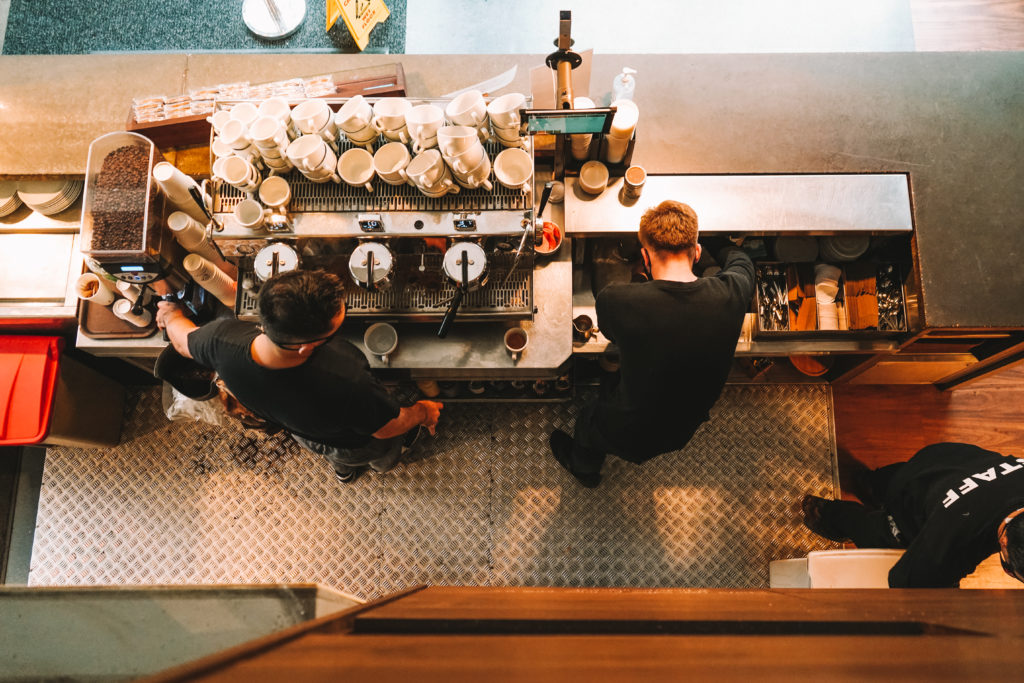
7. Build Out Your Coffee Shop
Once you have finalized the lease on your space, hire the contractor firm you are most comfortable with. As you start building out the space, keep in mind that the coffee shop floor plan is going to dictate many components of your customer experience. Prioritize a layout that fits your equipment, provide employees optimal space to work efficiently, and choose the right furniture. Create a logical flow for customer lines, make cleaning easy, and design your coffee shop floor plan to last for years to come. Finally, communicate the floor plan clearly to contractors and keep close tabs on the buildout process.
We offer comprehensive equipment lists in our 3-Day Coffee Business Master Class®. Sign up here.
8. Create a Marketing Strategy for Your Coffee Shop
Proactive marketing tactics will help bring customers through the door once the shop is open. There are a few coffee shop marketing strategies that will help you connect with your target audience.
First, build your brand name, logo, colors, imagery, and so forth to be consistent across all marketing channels. Create a visual coffee brand worth remembering by investing in help from a branding agency. (We advise you don’t spare expenses in this department!) Your brand is one of your most valuable assets, and it can make a huge difference in whether a potential customer decides to stop and make a purchase or not.
Next, connect with your customers on social media by posting consistently, responding to comments, and sharing behind-the-scenes content. Try using influencer marketing to grow your audience. Start generating online reviews. Tap into your network and encourage friends to use word-of-mouth. Finally, host events and experiences that engage with the community and reinforce your brand.
9. Hire and Train Employees
You’ve almost made it to opening! Now that you’ve got your coffee shop building, equipment, and location, you need to make decisions about the most important part of your business: people. Before opening, hire your employees and give them several days of training. Barista training classes are a worthwhile investment of time and money. Here are a few factors to consider when choosing a class:
- Curriculum
- Class size
- Quality of the educators
- Testimonials
The benefits of quality staff training include consistency in both drink preparation and customer service, efficiency in operations, and keeping the best talent.
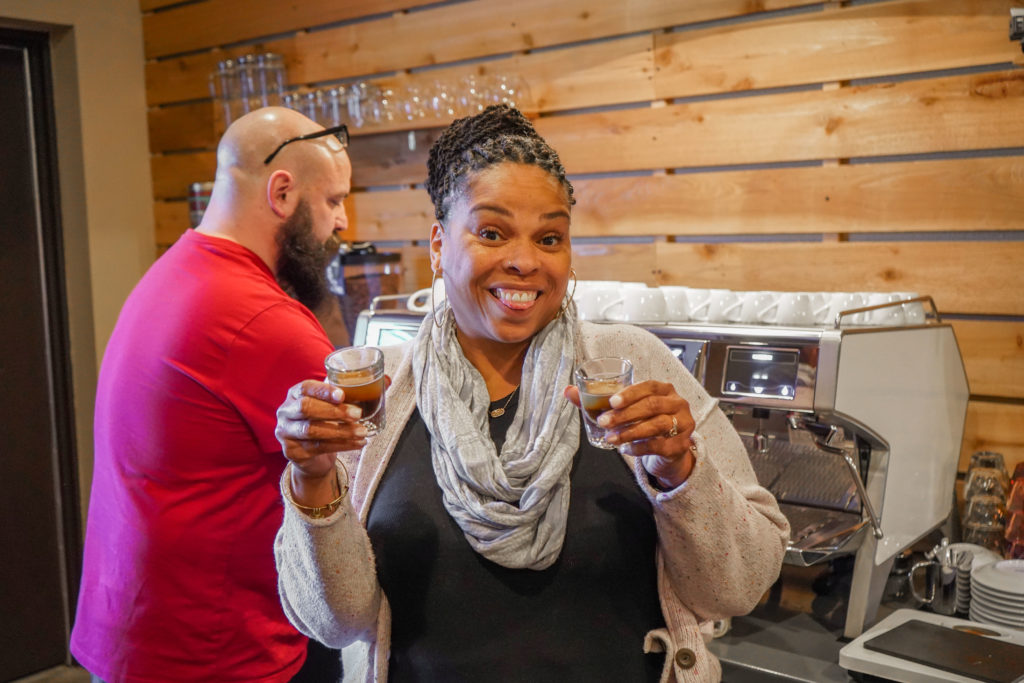
Texas Coffee School teaches baristas how to succeed in a quality-oriented coffee shop environment. Register for a 2-Day Barista Training Class to get started right away!
10. Open Your Coffee Shop!
Congratulations! You’ve made it to the big launch! First impressions matter, so develop an opening schedule that helps you prepare for opening day. You may want to include a soft opening or a “friends and family” night to help your staff prepare for the grand opening. Marketing is going to be crucial at this time to drive customers in the door (and keep them coming back.) Lastly, don’t forget to order enough coffee and products to last for the first two weeks of being open.
Start a Coffee Shop with Texas Coffee School
Congratulations! You’re officially on your way to becoming a Coffeepreneur®. The next step is to visit Texas Coffee School’s classroom and gain hands-on training with a detailed coffee education. Our classes fill up fast, so register for the next available spot today!
Frequently Asked Questions
How do I start planning my coffee shop business?
Begin by creating a unique business concept tailored to a specific audience and then write a clear business plan that outlines your vision, market, operations, and financial projections. A solid plan is essential for securing financing and guiding your growth. Learn how to write a business plan here.
What legal requirements must I complete to make my coffee shop official?
Consult an accountant to choose the best tax structure, work with a lawyer to form your legal entity and protect assets, file for an EIN and state formation paperwork, and secure the recommended insurance policies for liability and property.
What factors should I consider when choosing a coffee shop location?
Evaluate local traffic patterns, nearby businesses like schools or apartments, customer demographics and parking availability, plus square footage, average transaction value, rent cost, and build-out expenses to calculate a location’s earning potential.
How do I develop a menu that drives profitability for my coffee shop?
Price items based on cost of goods sold rather than arbitrary market rates, limit menu complexity to maintain speed, design efficient workflows for 40-second service, and reuse ingredients across multiple offerings to reduce waste and costs.

Register for a Coffee Class
The Best Coffee Training Available
We’ve helped hundreds of students successfully launch their own coffee shop businesses. Join us in our 5-Star Rated Coffee Classes, whether you’re an aspiring entrepreneur looking to open a coffee shop, a manager, a barista or home enthusiast looking to sharpen your skills.


